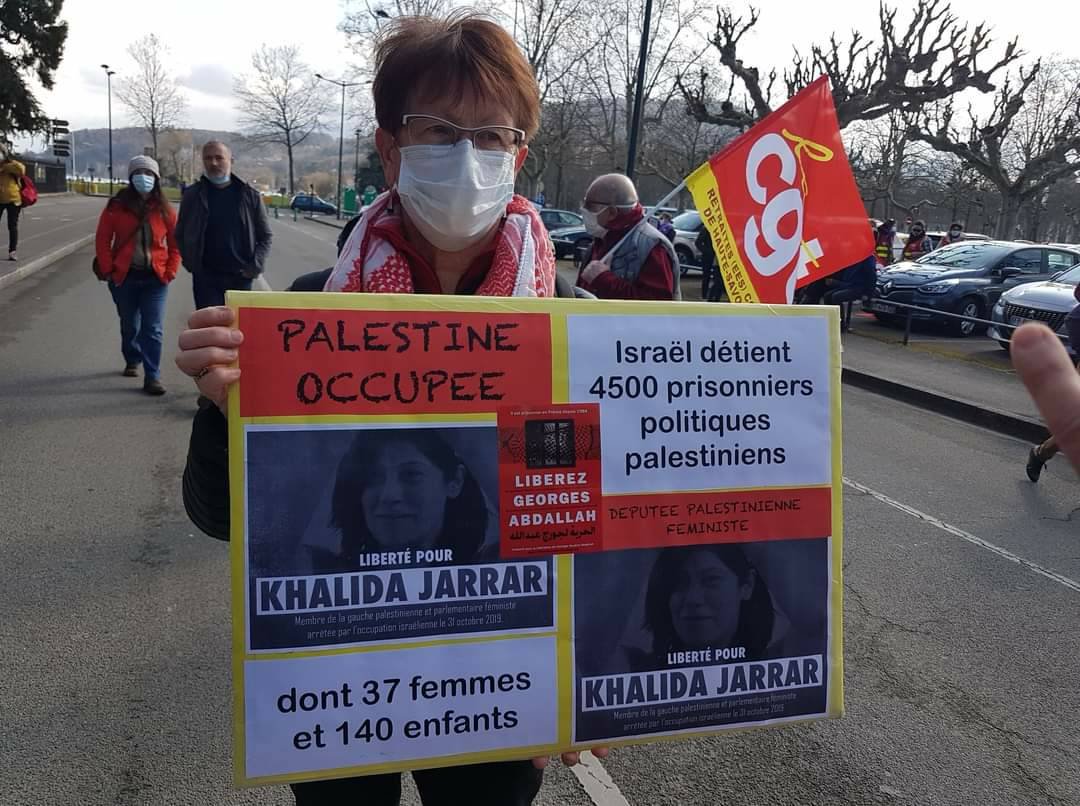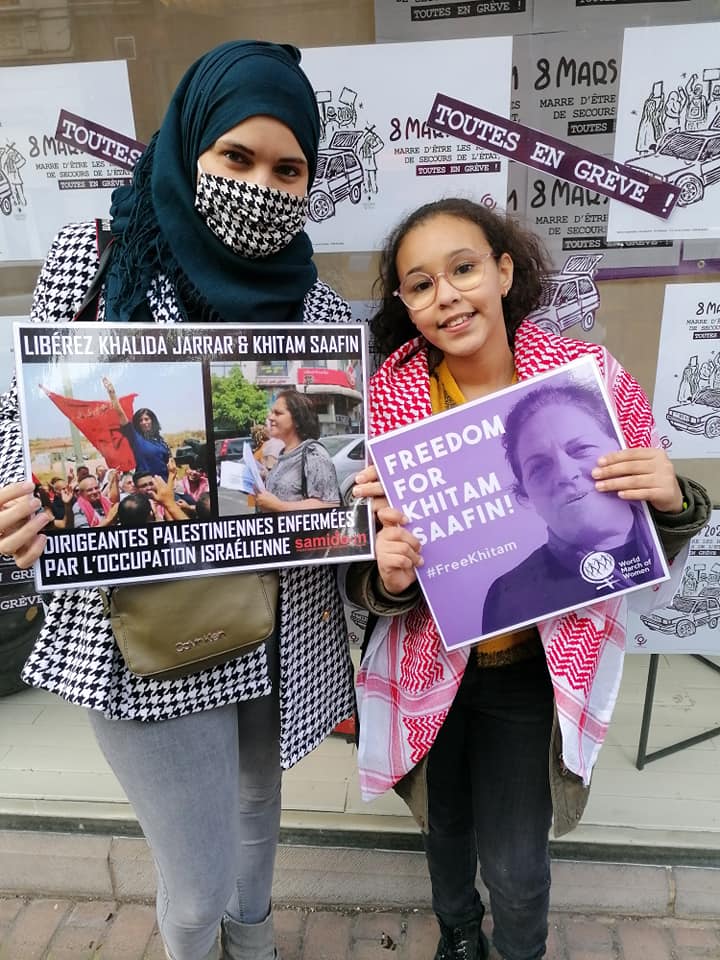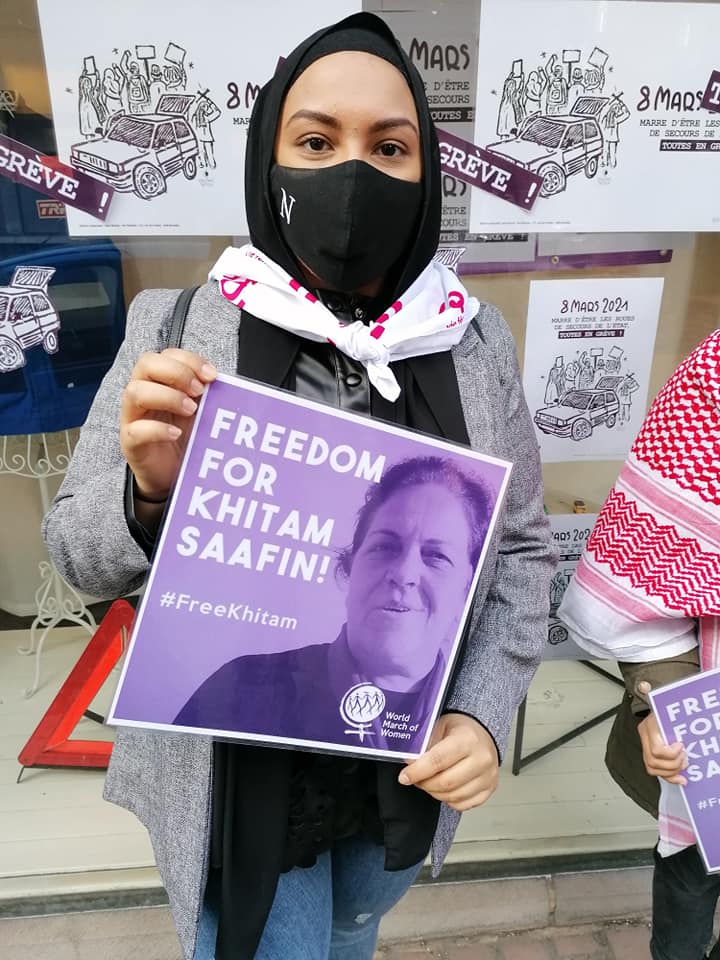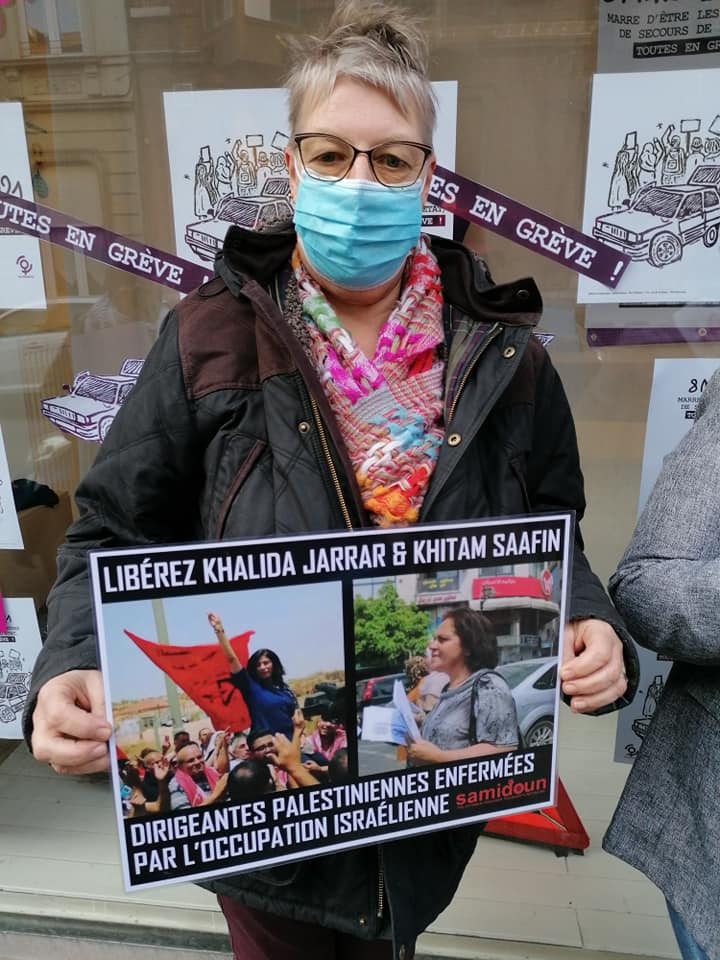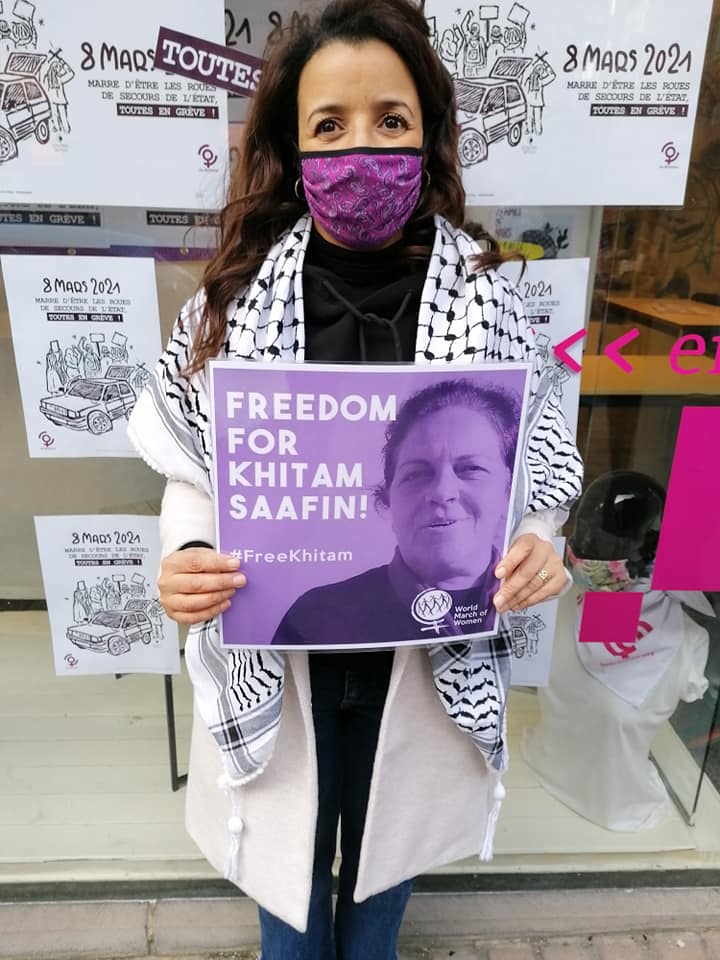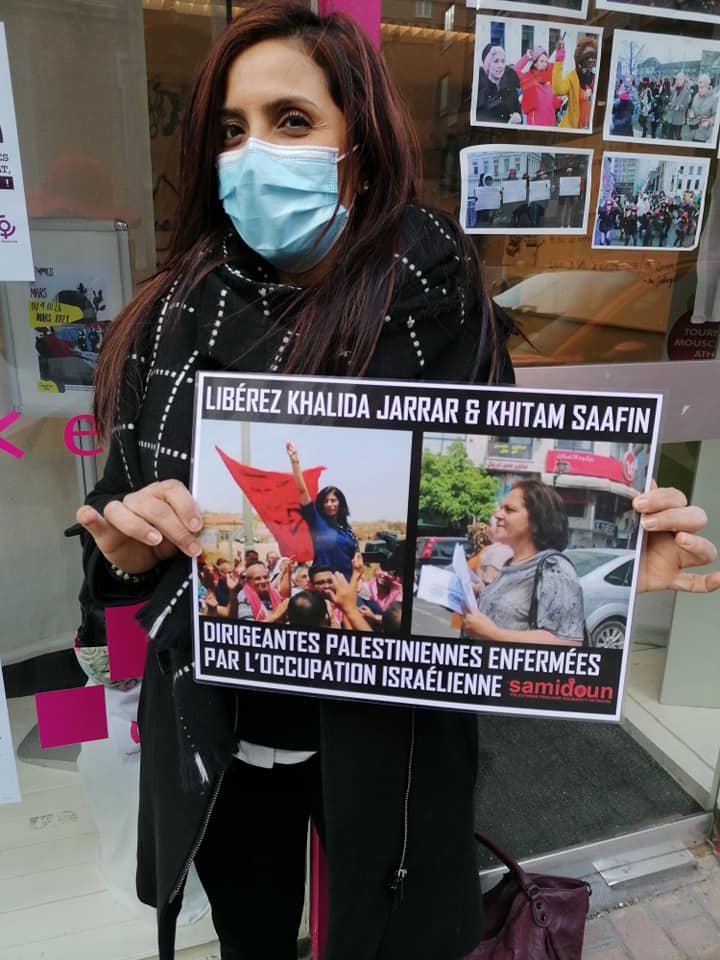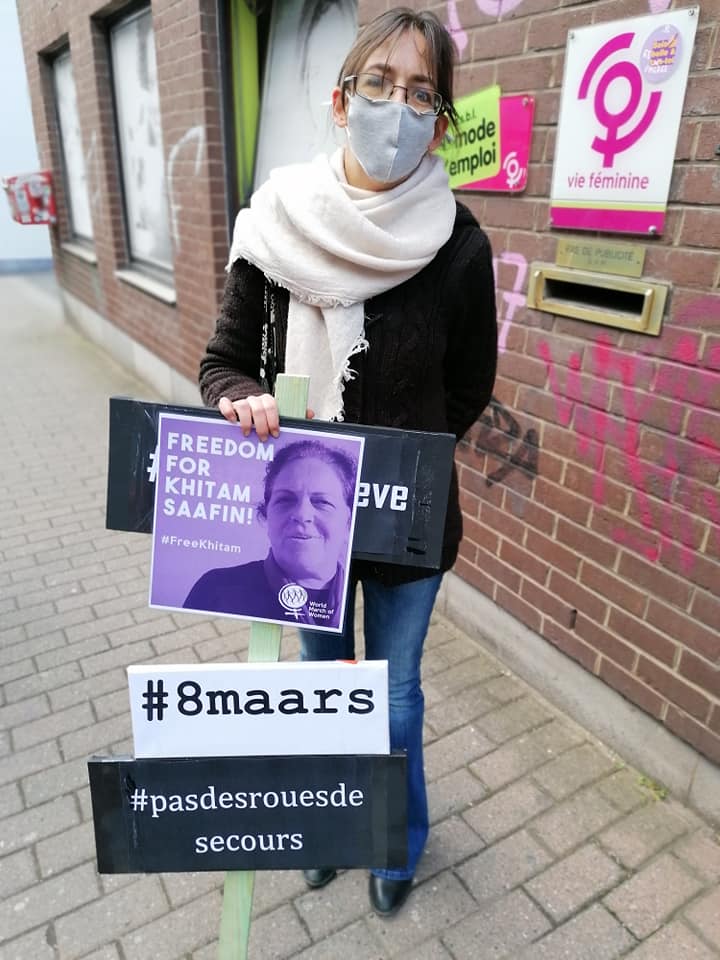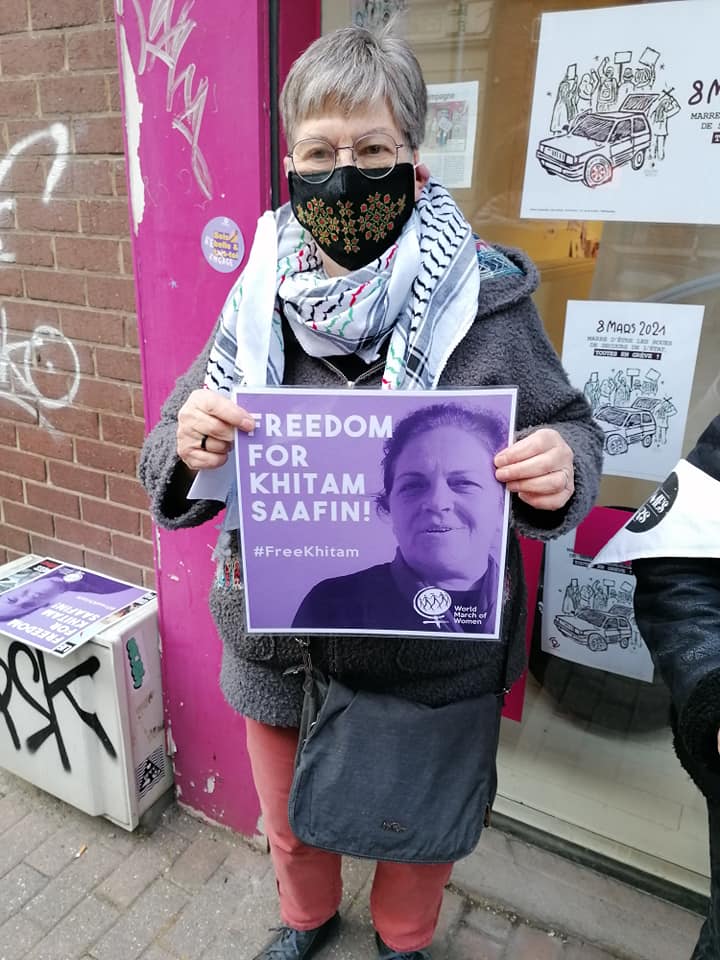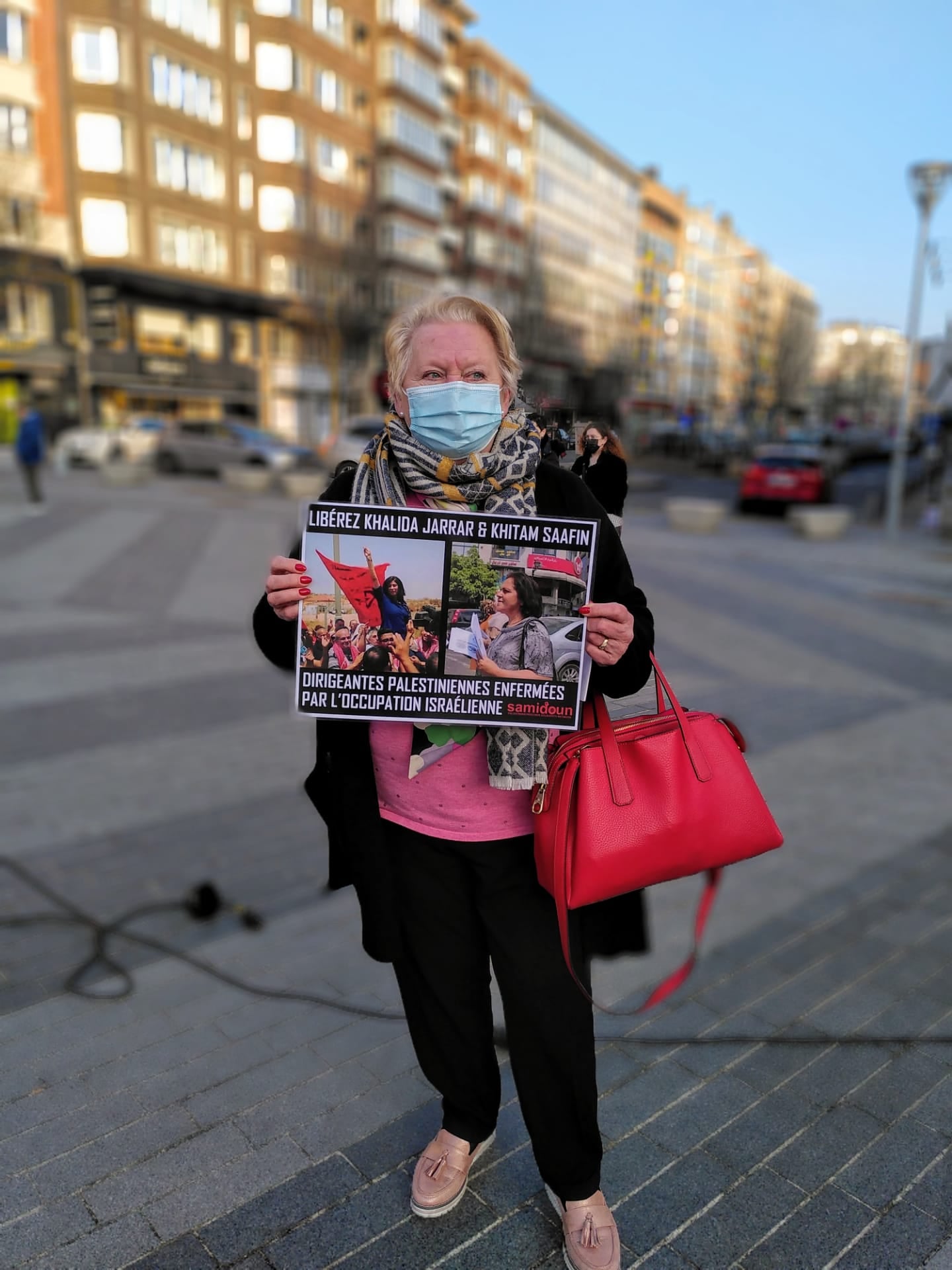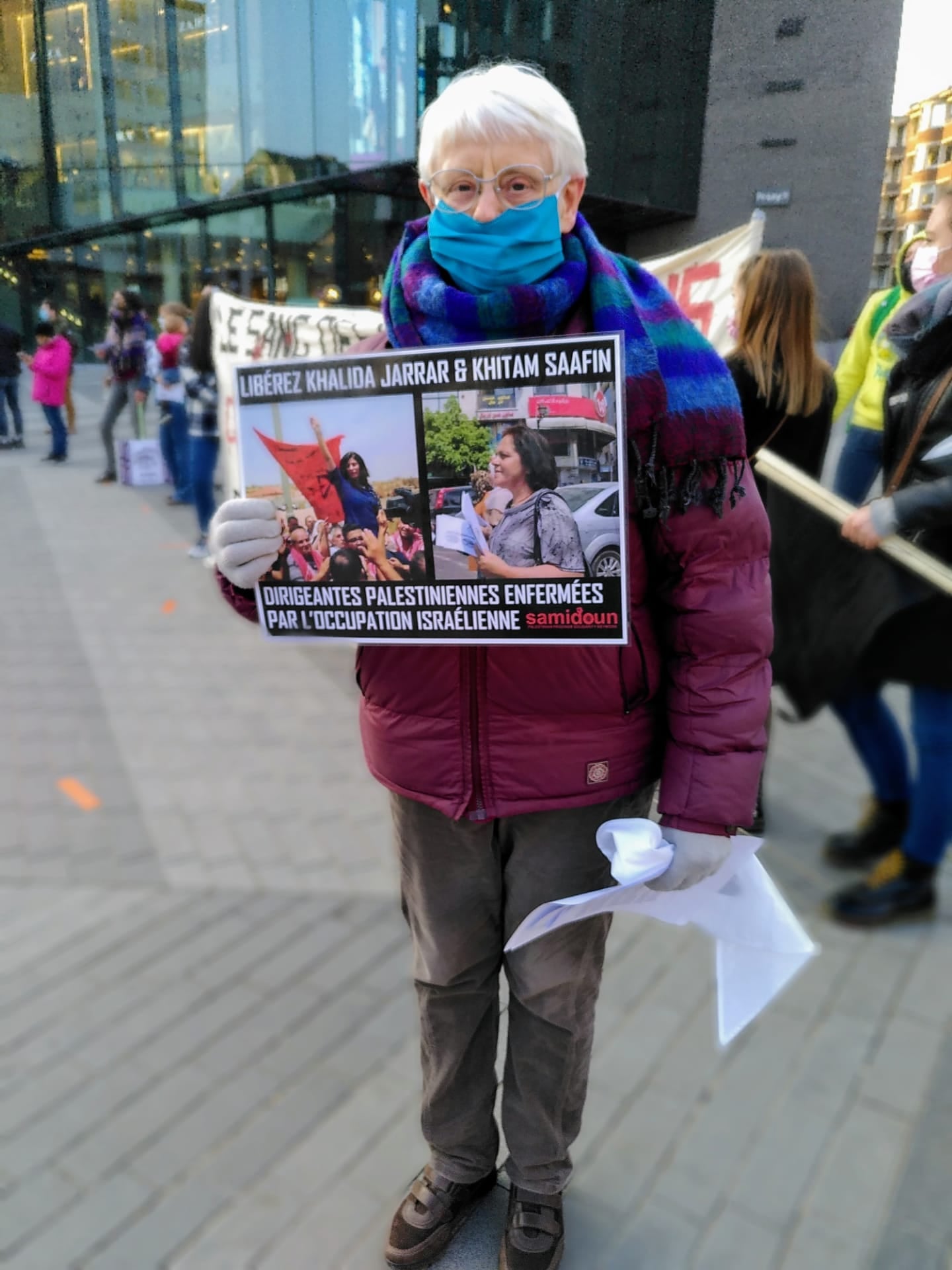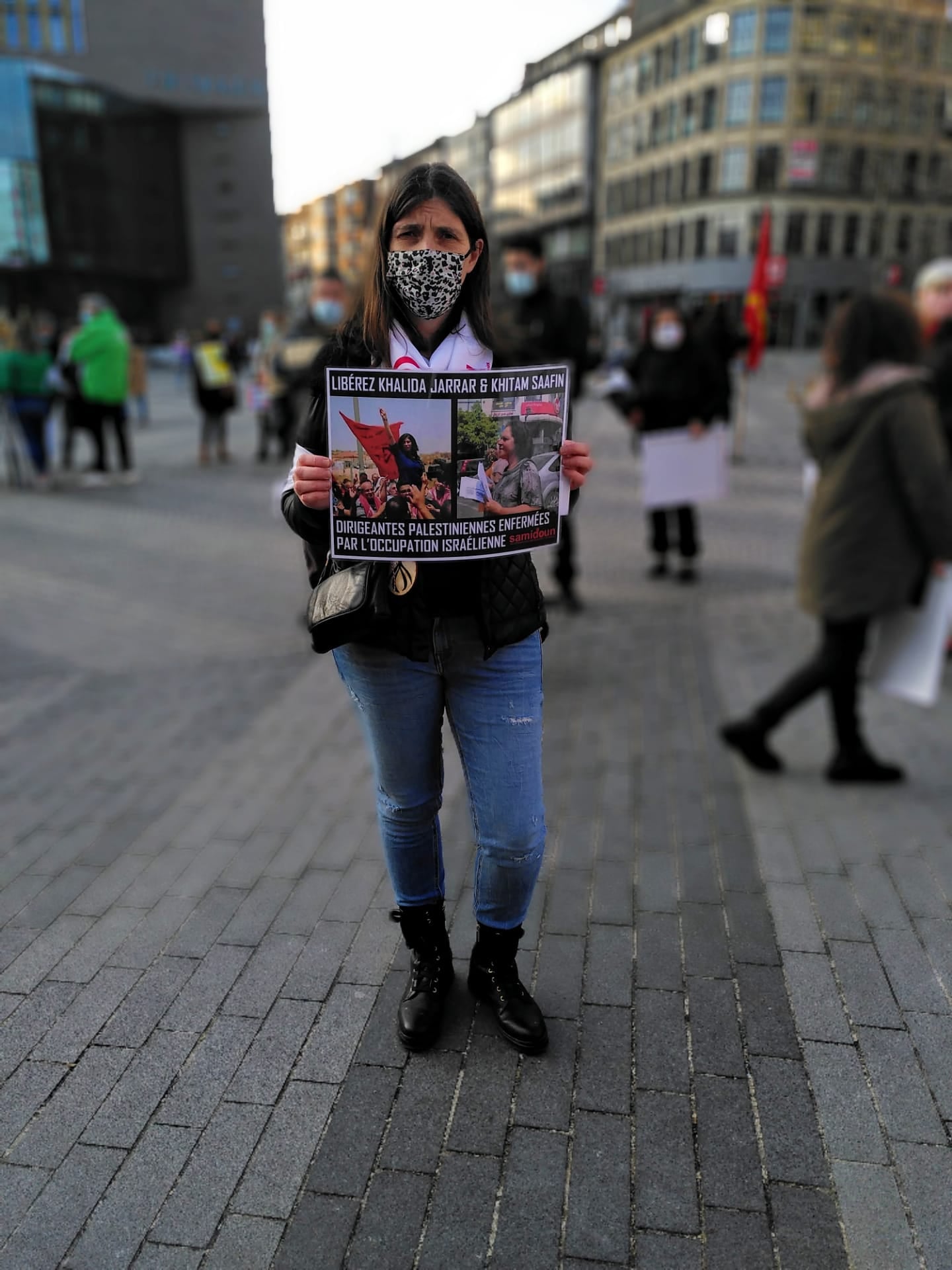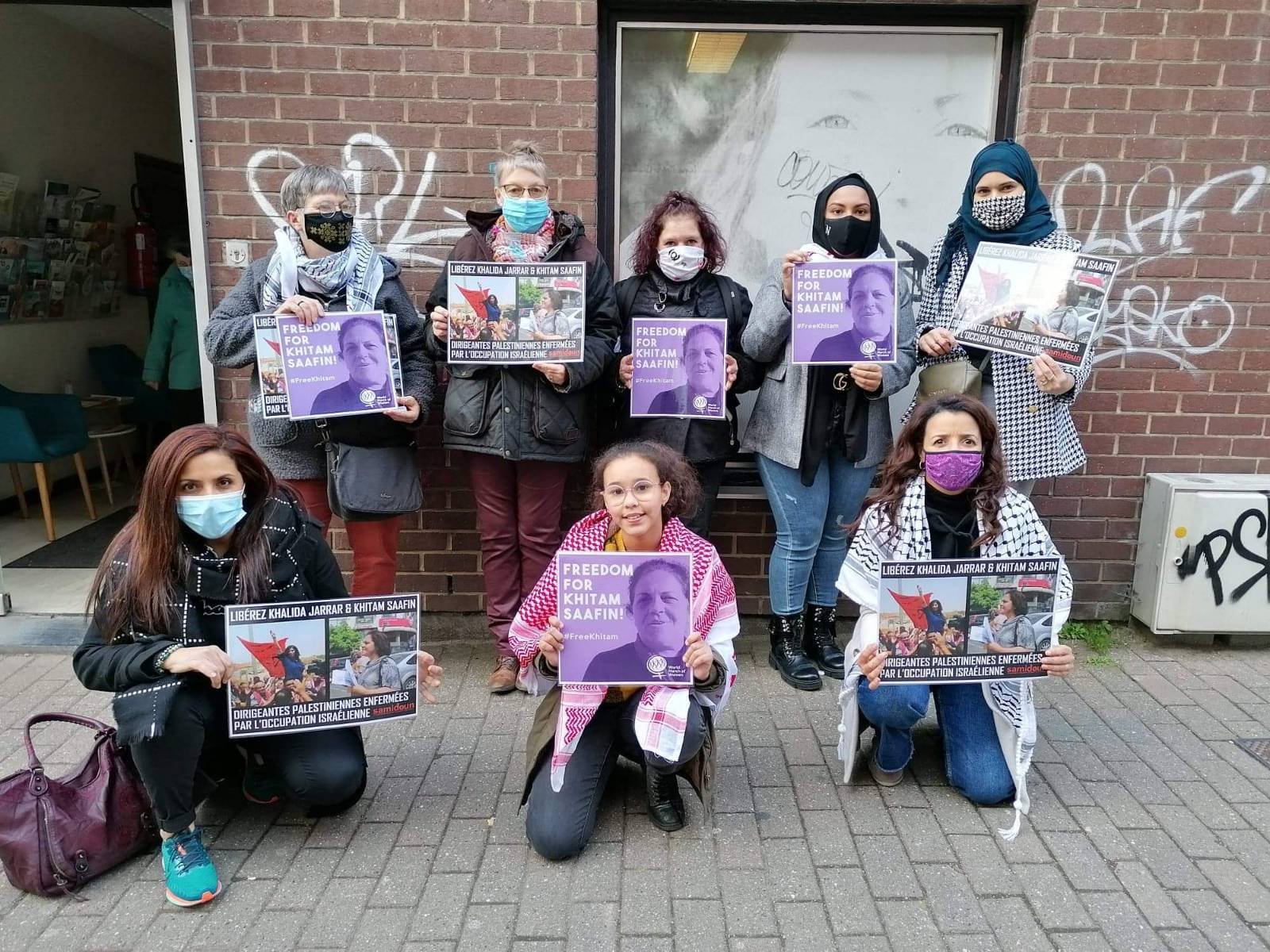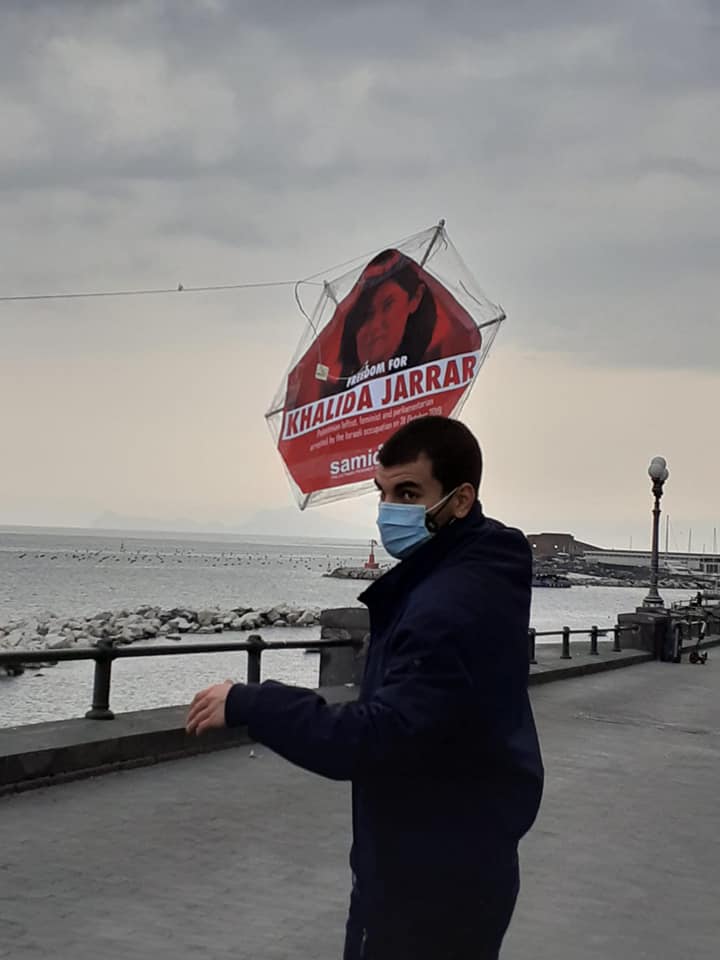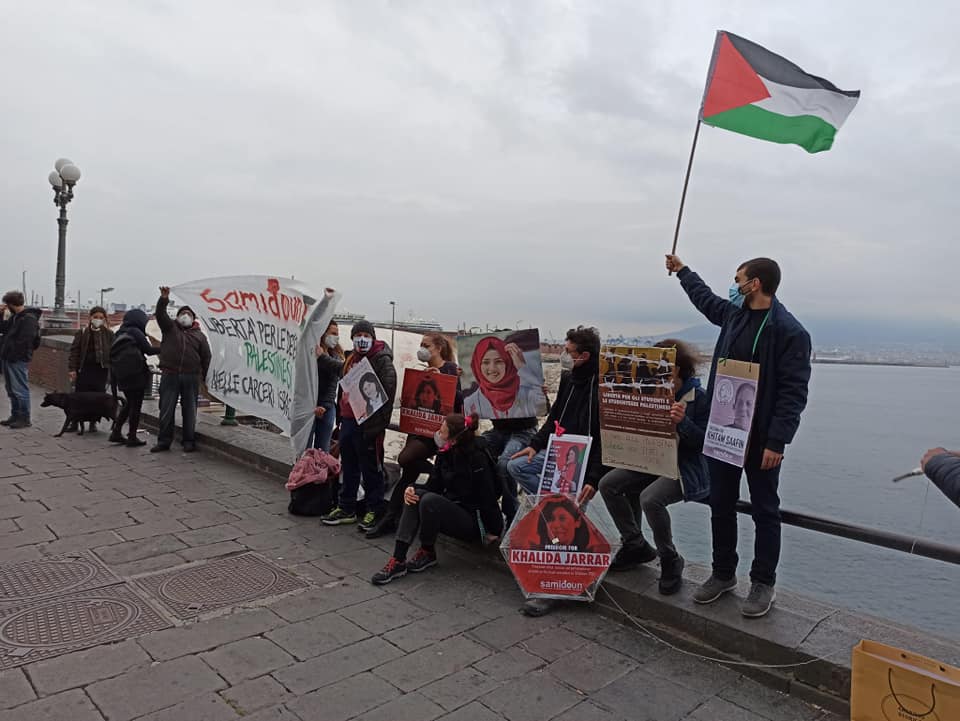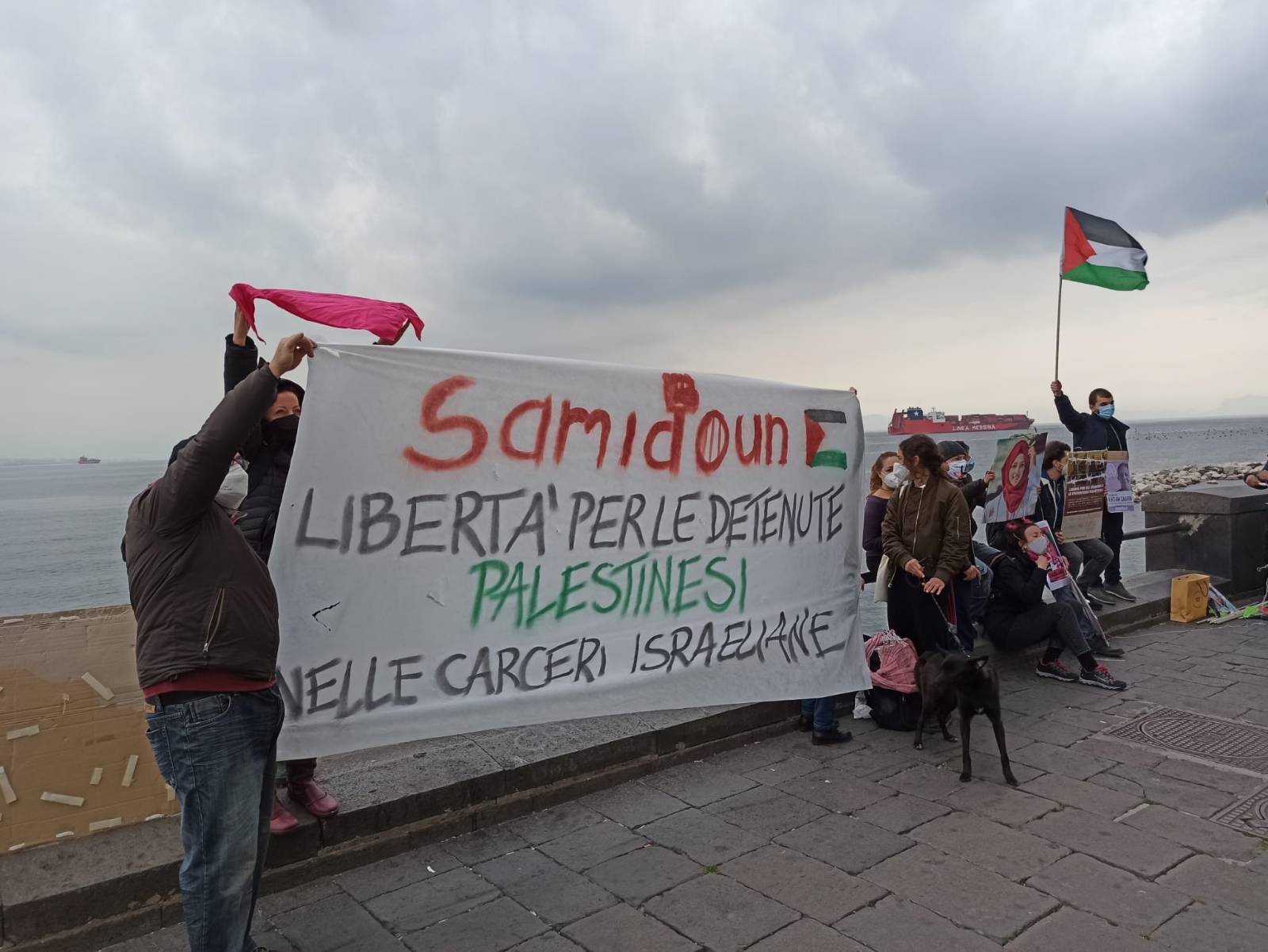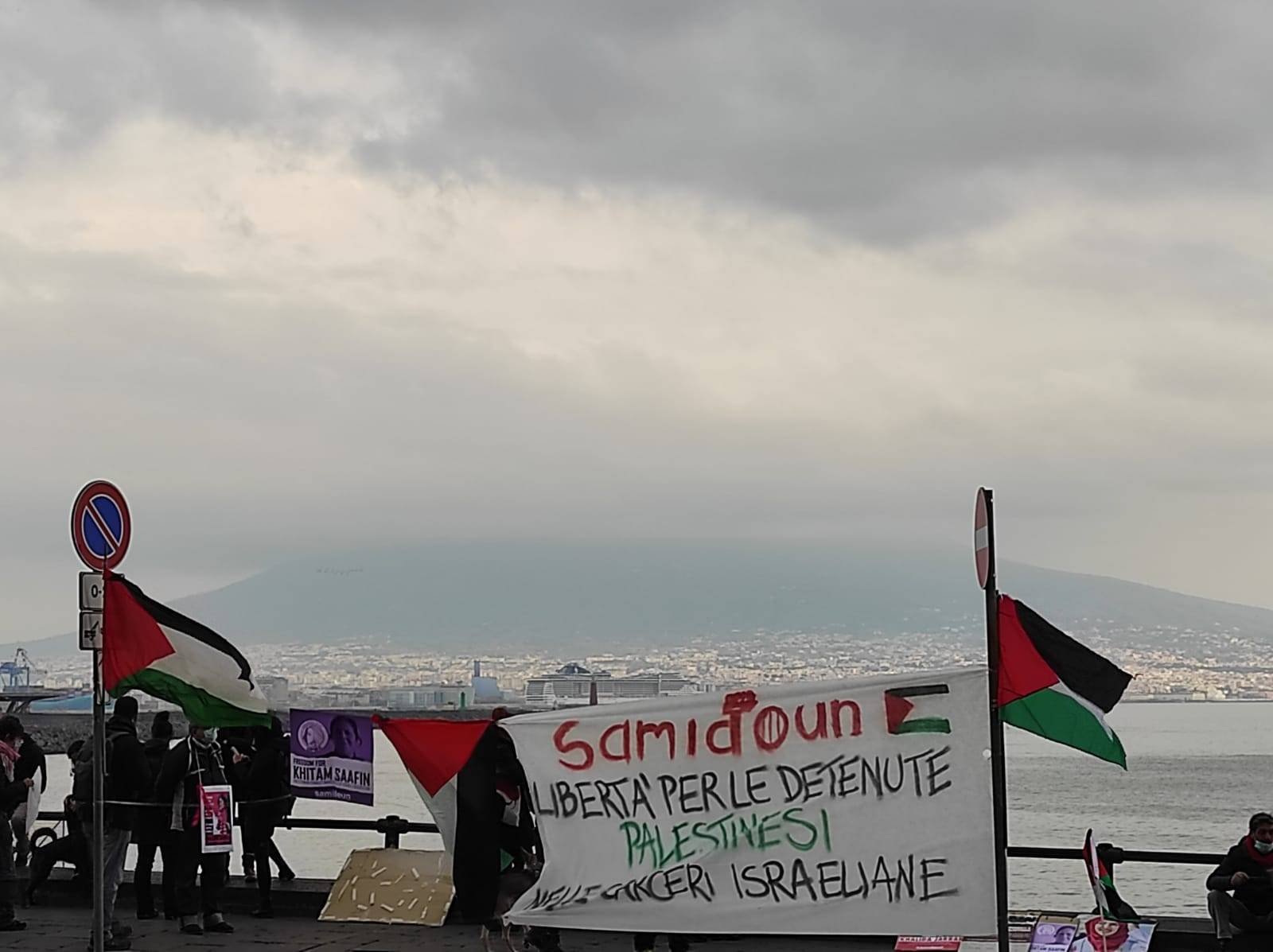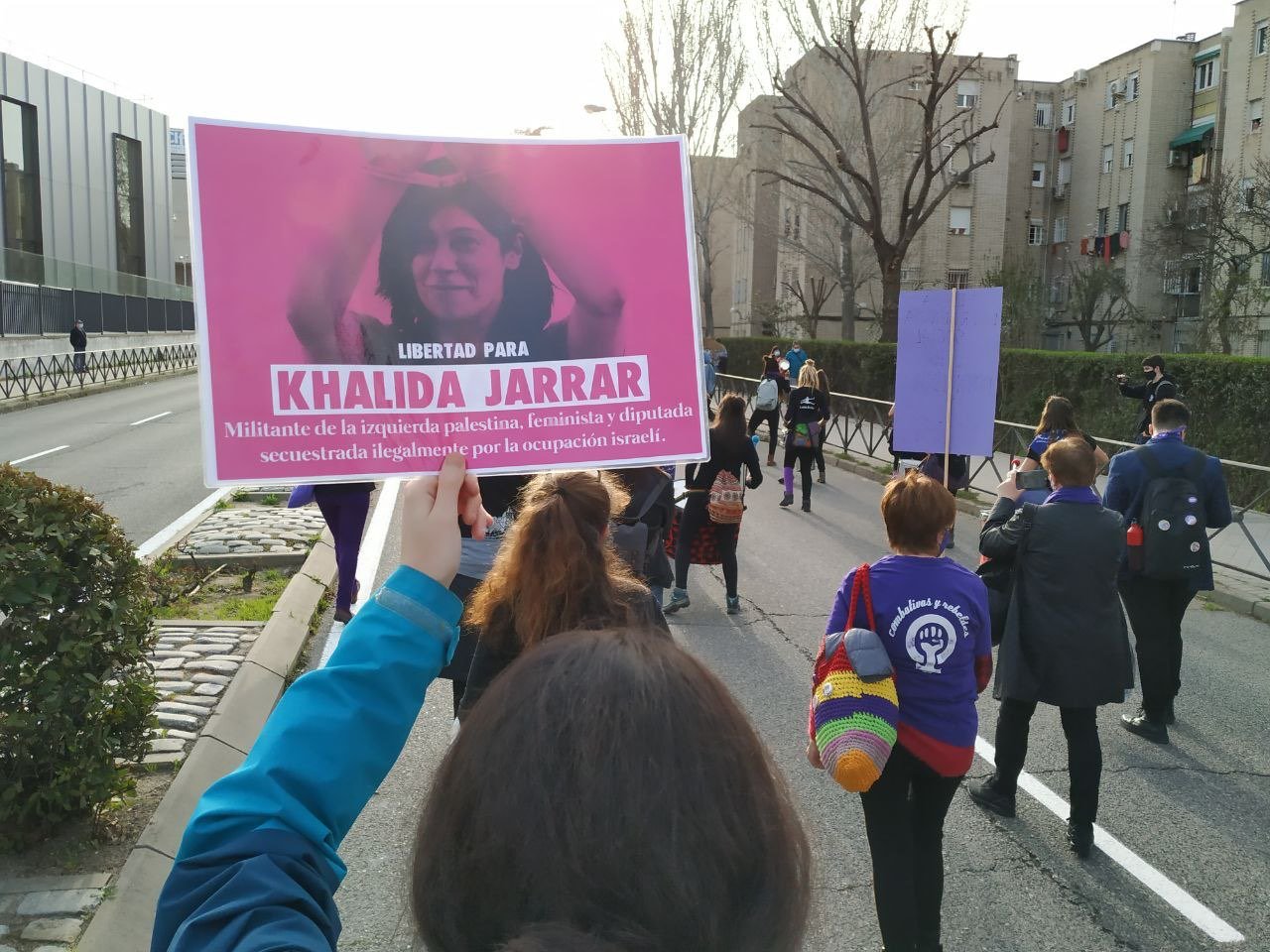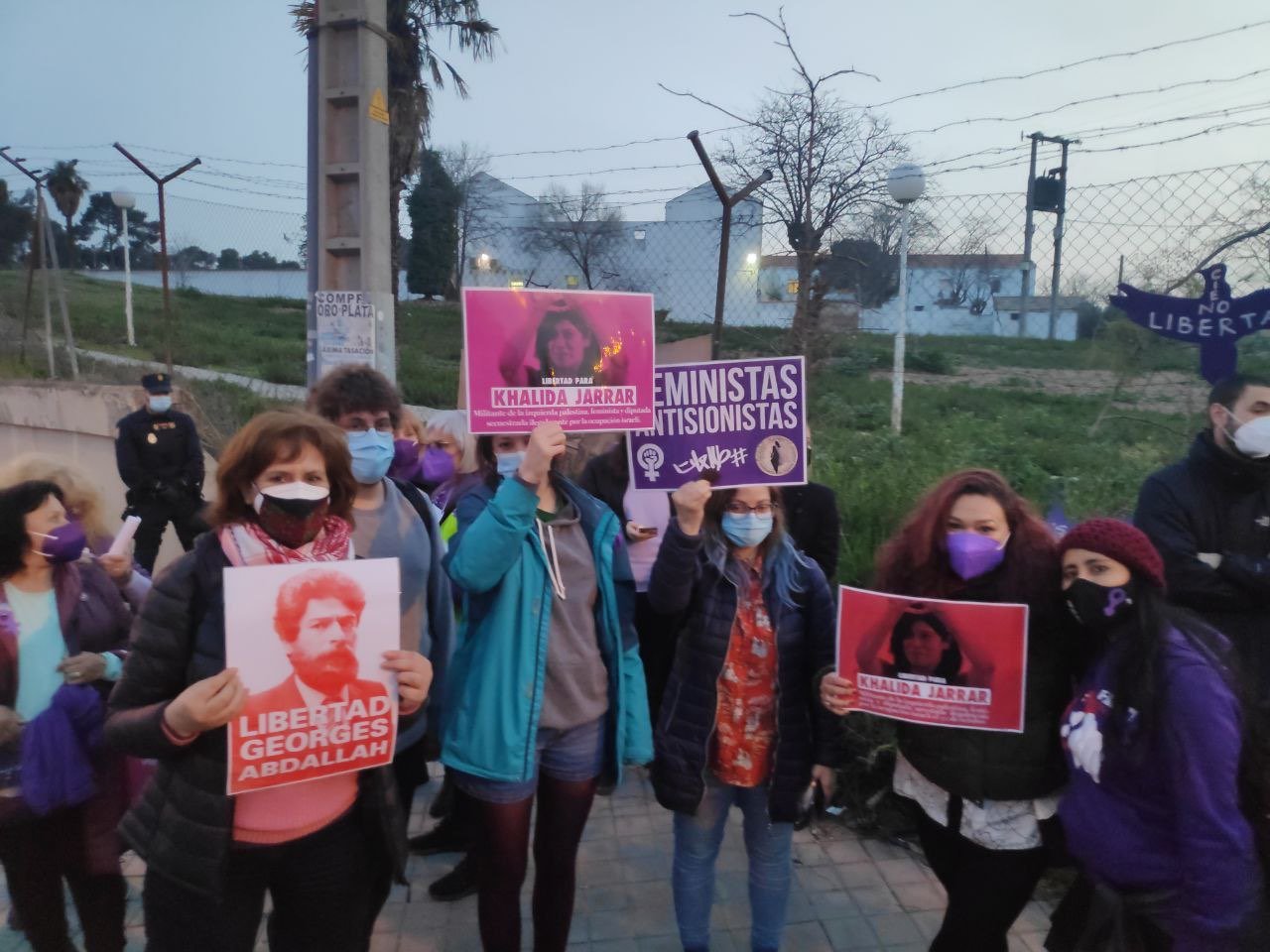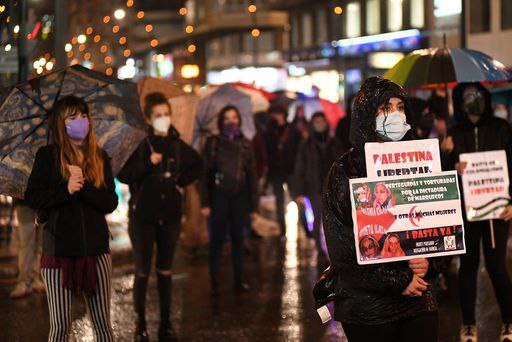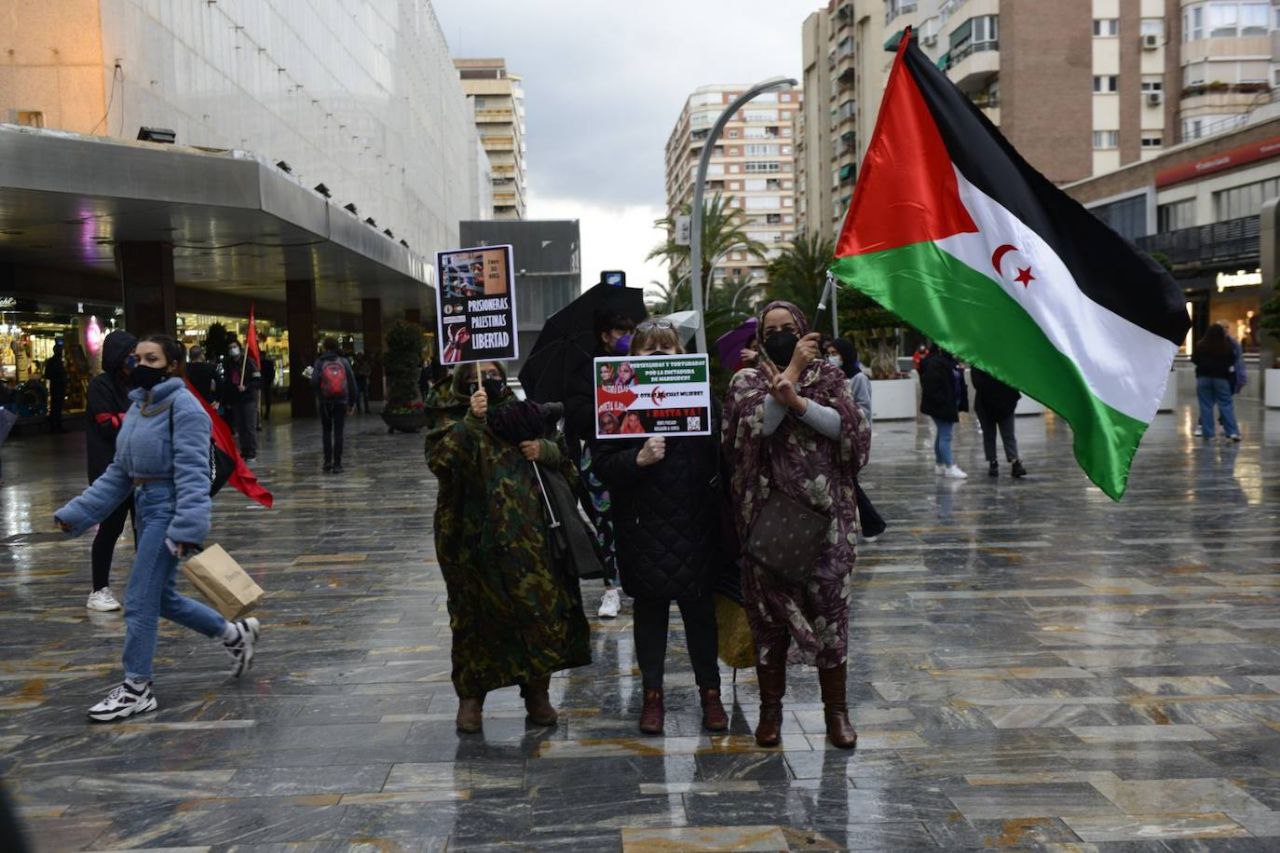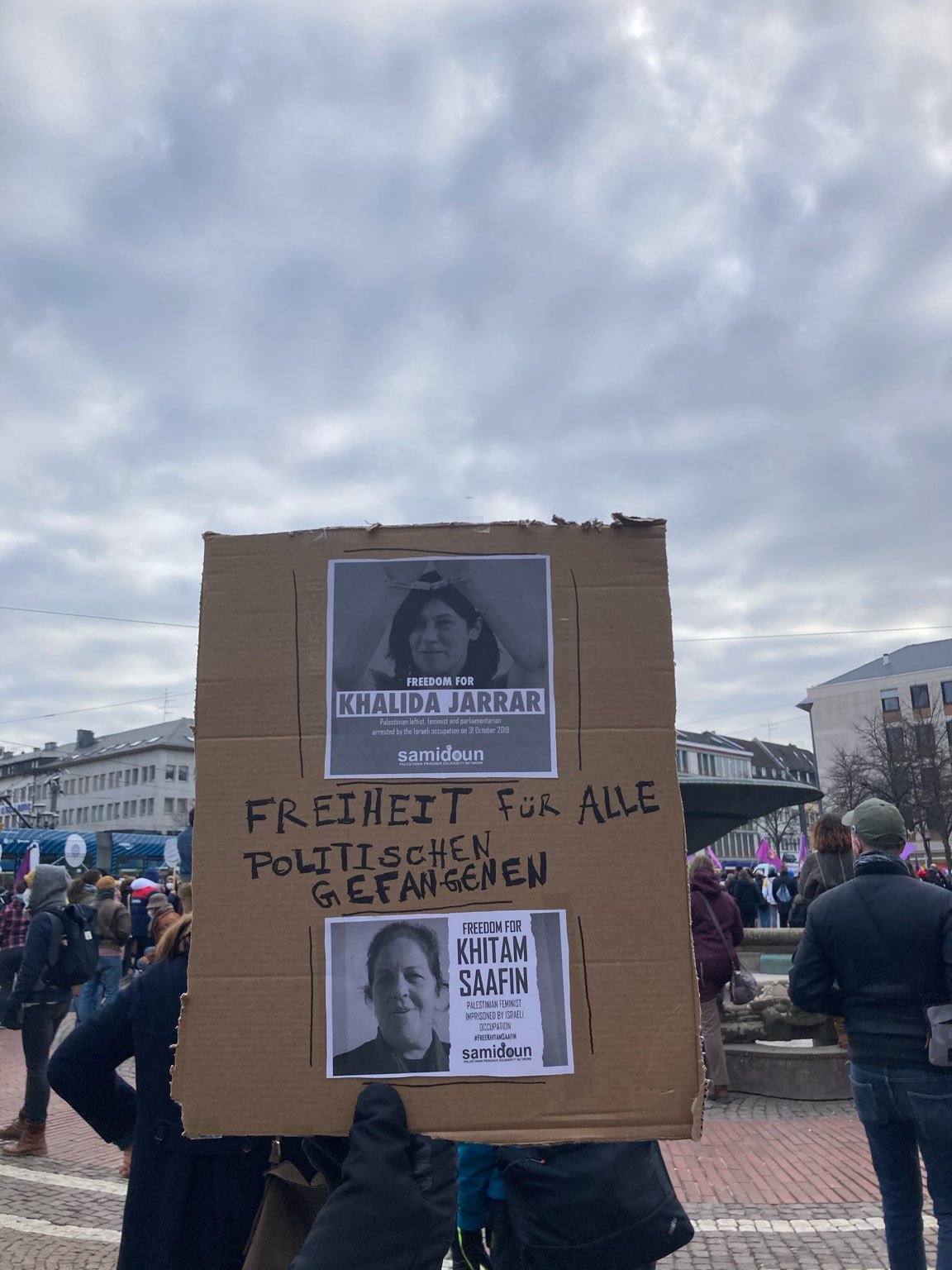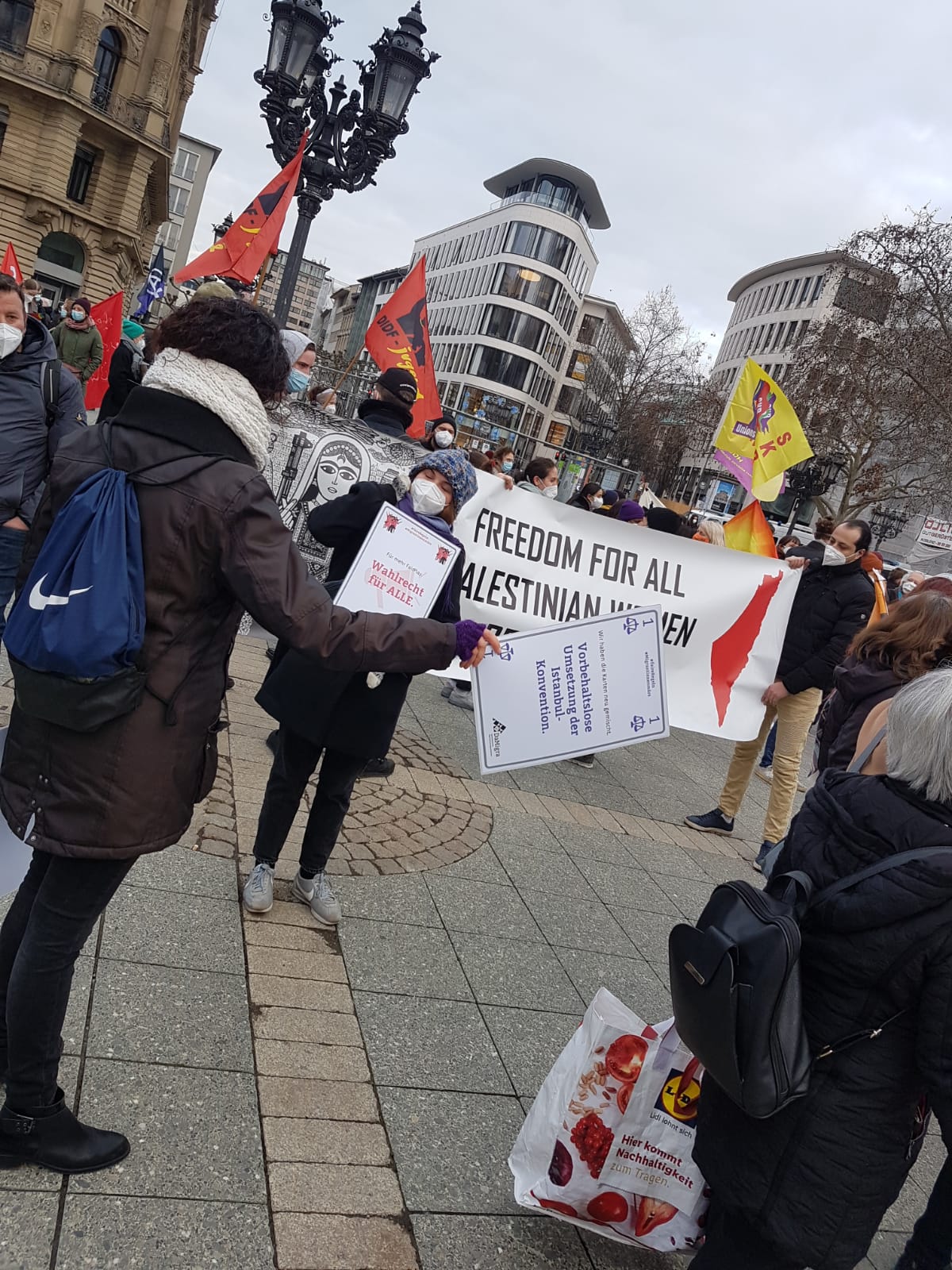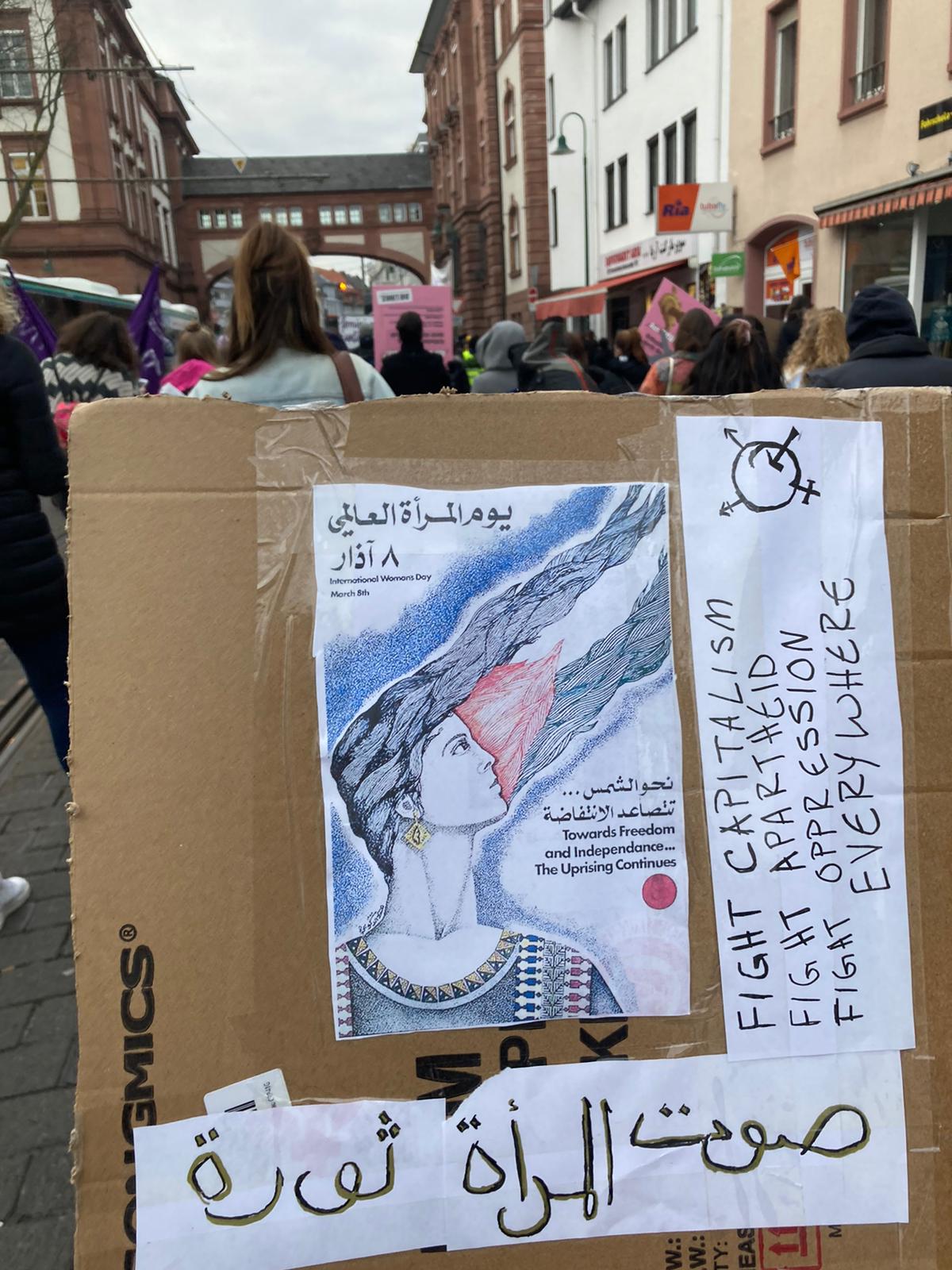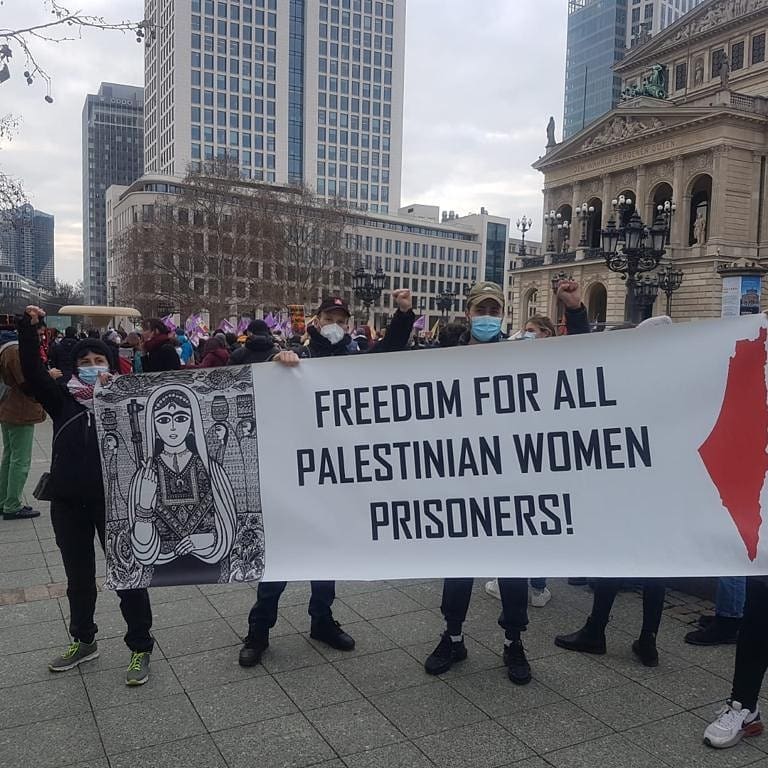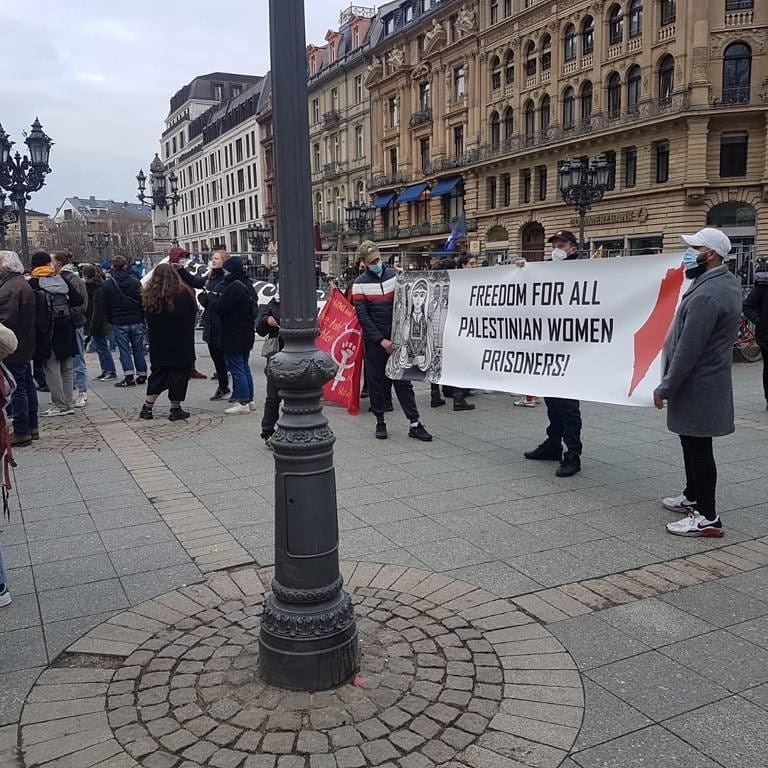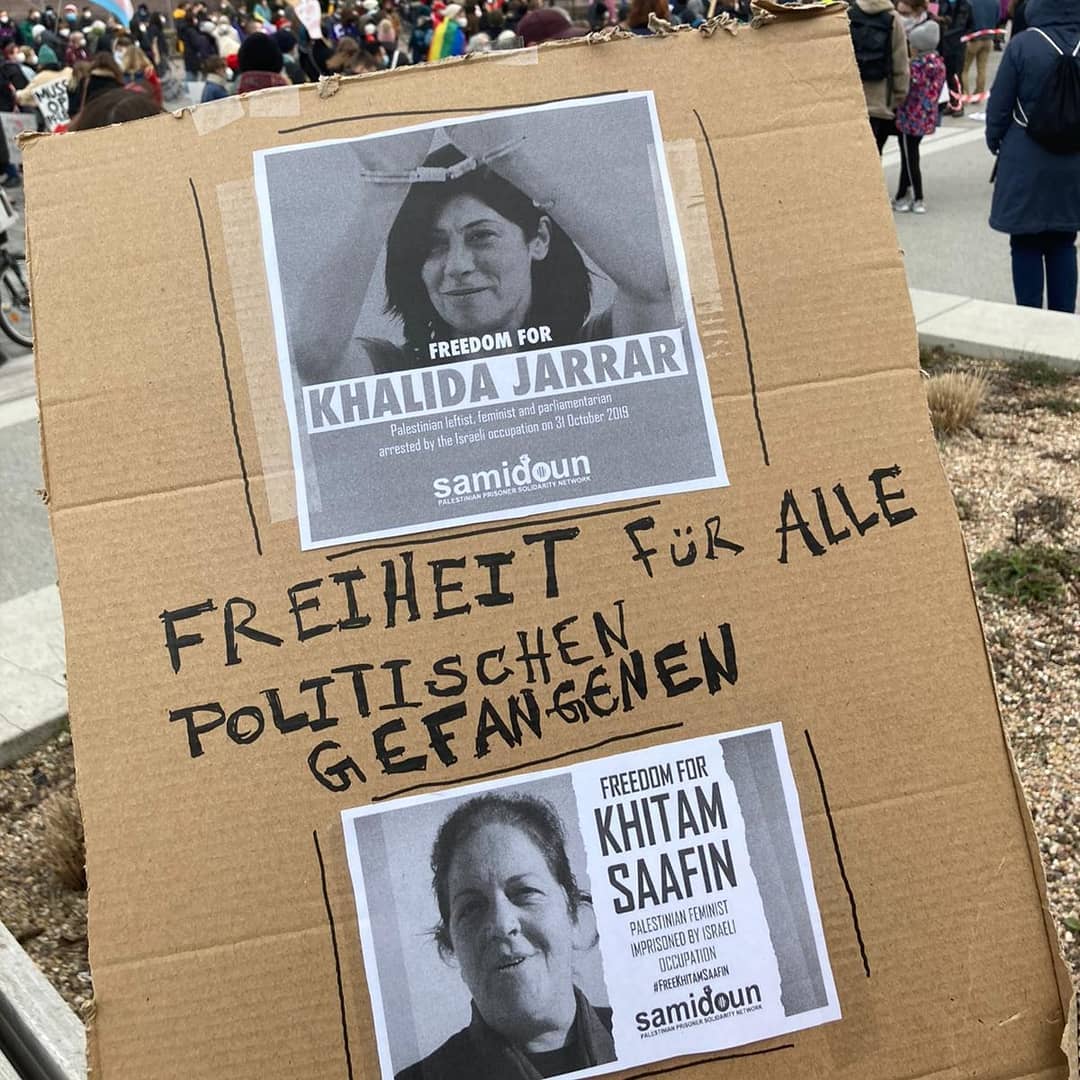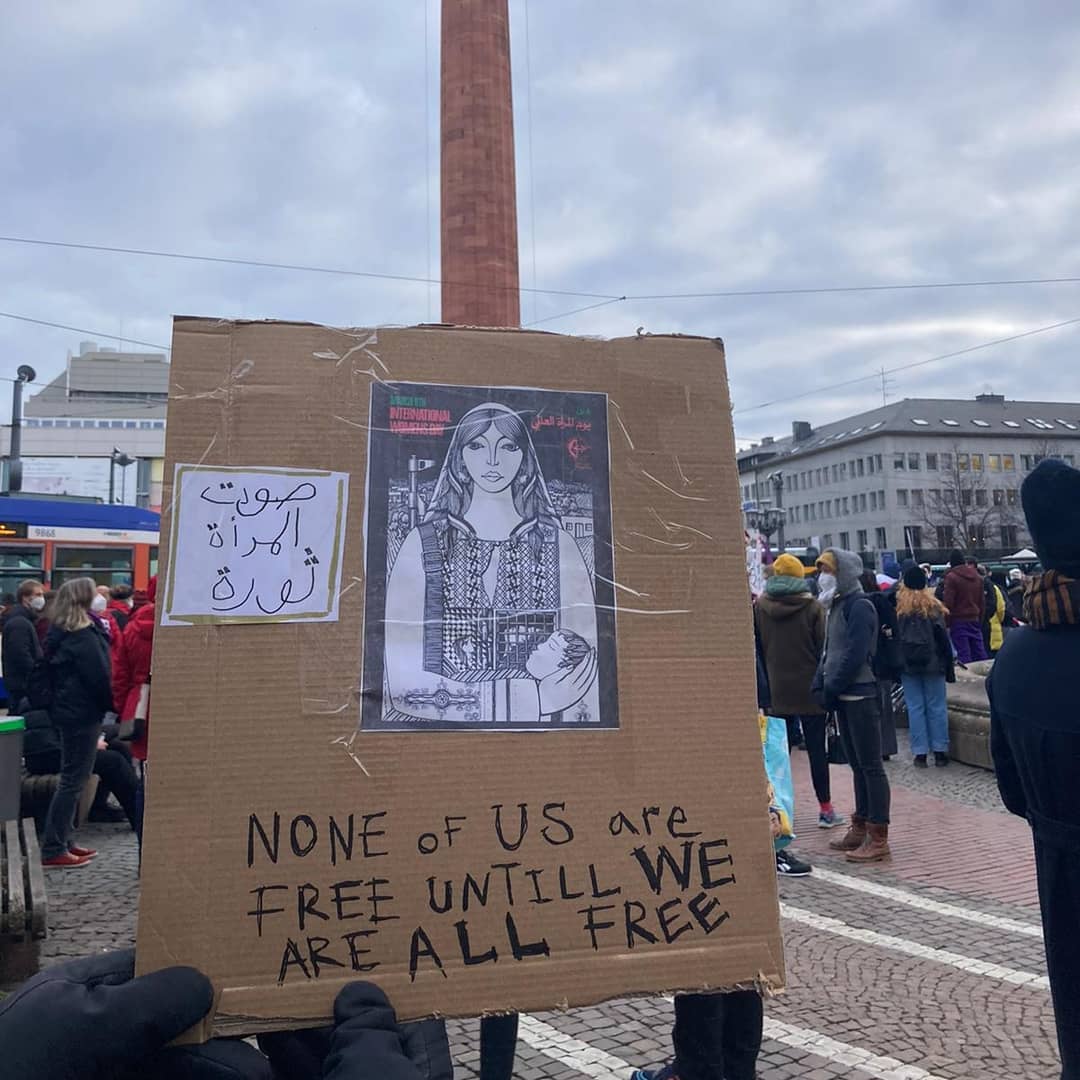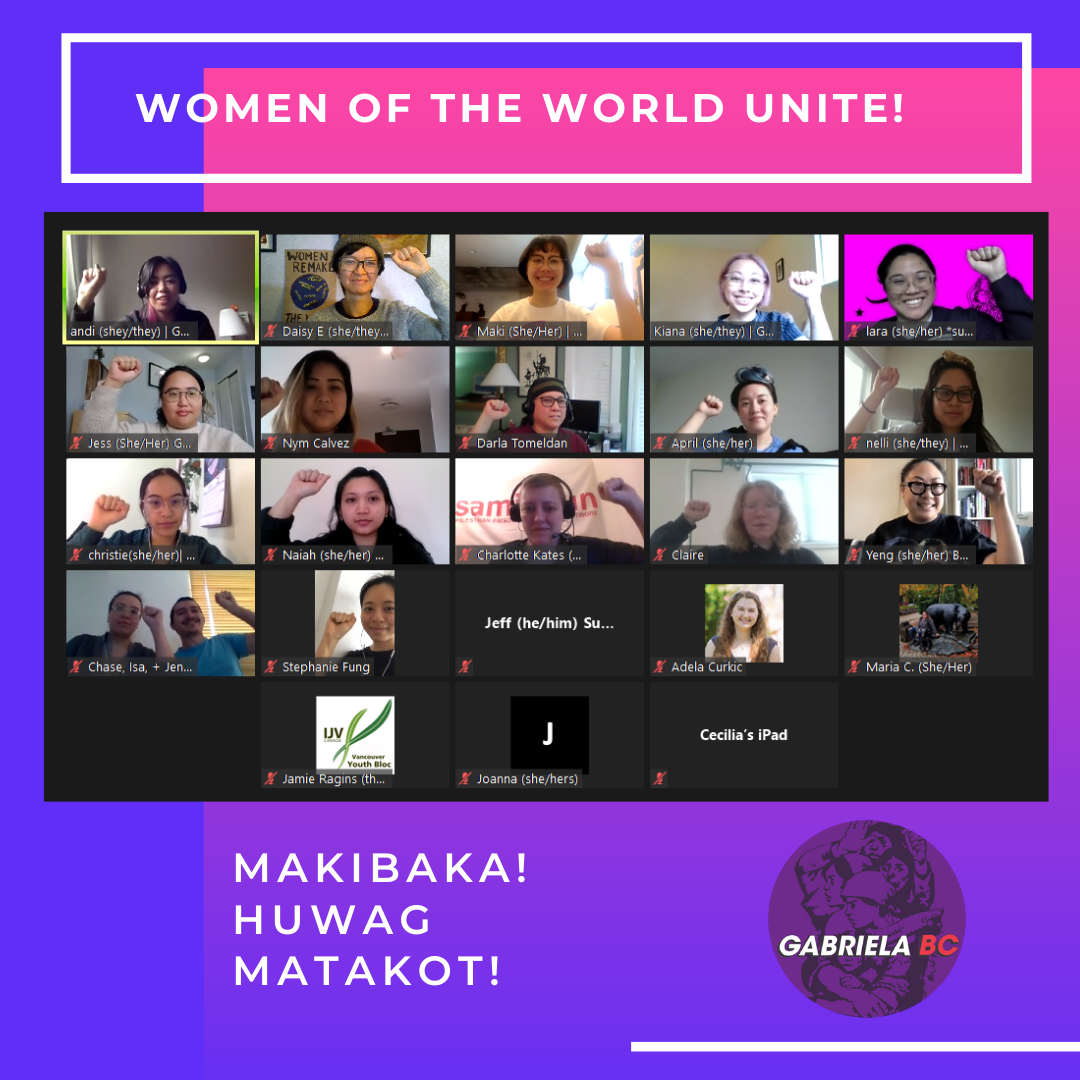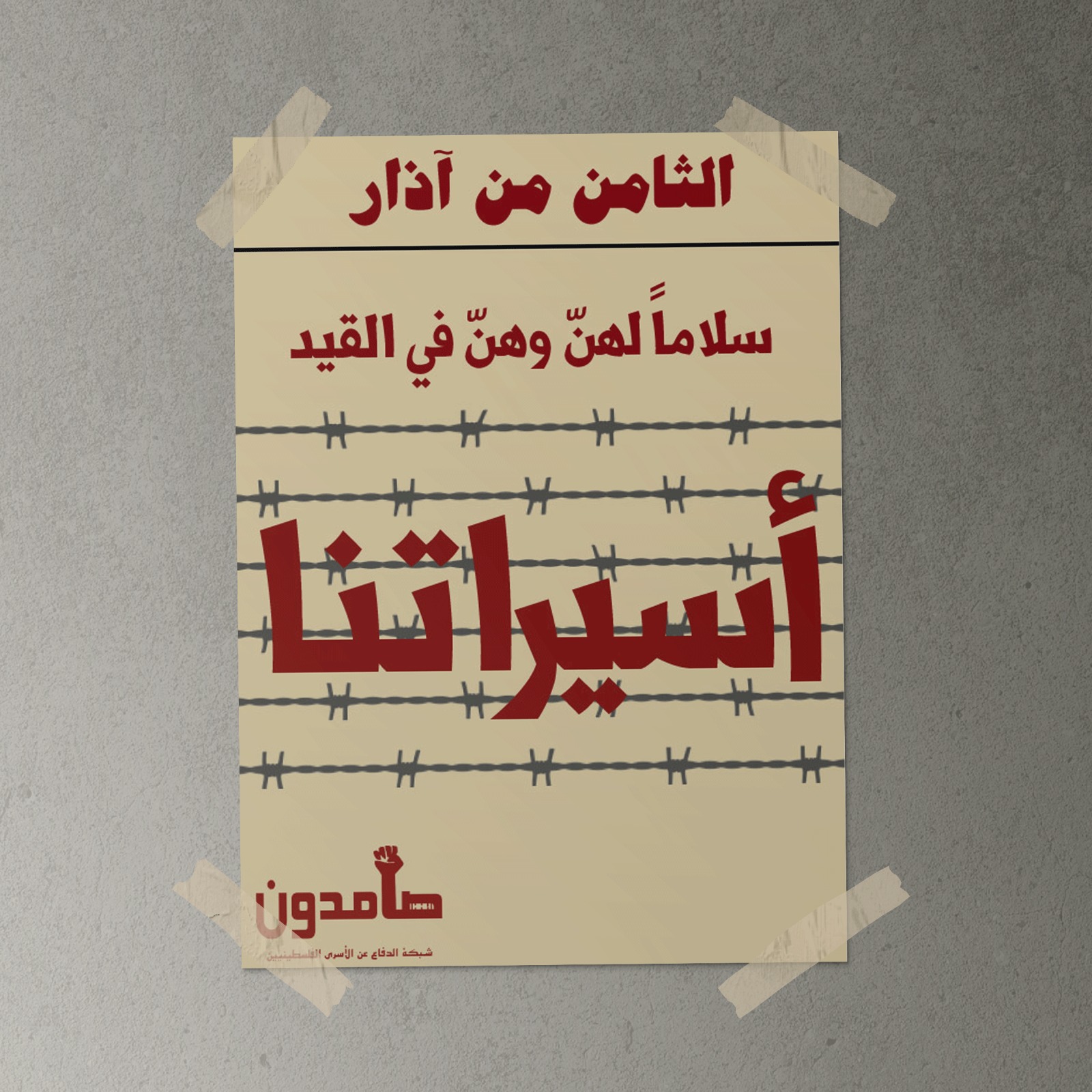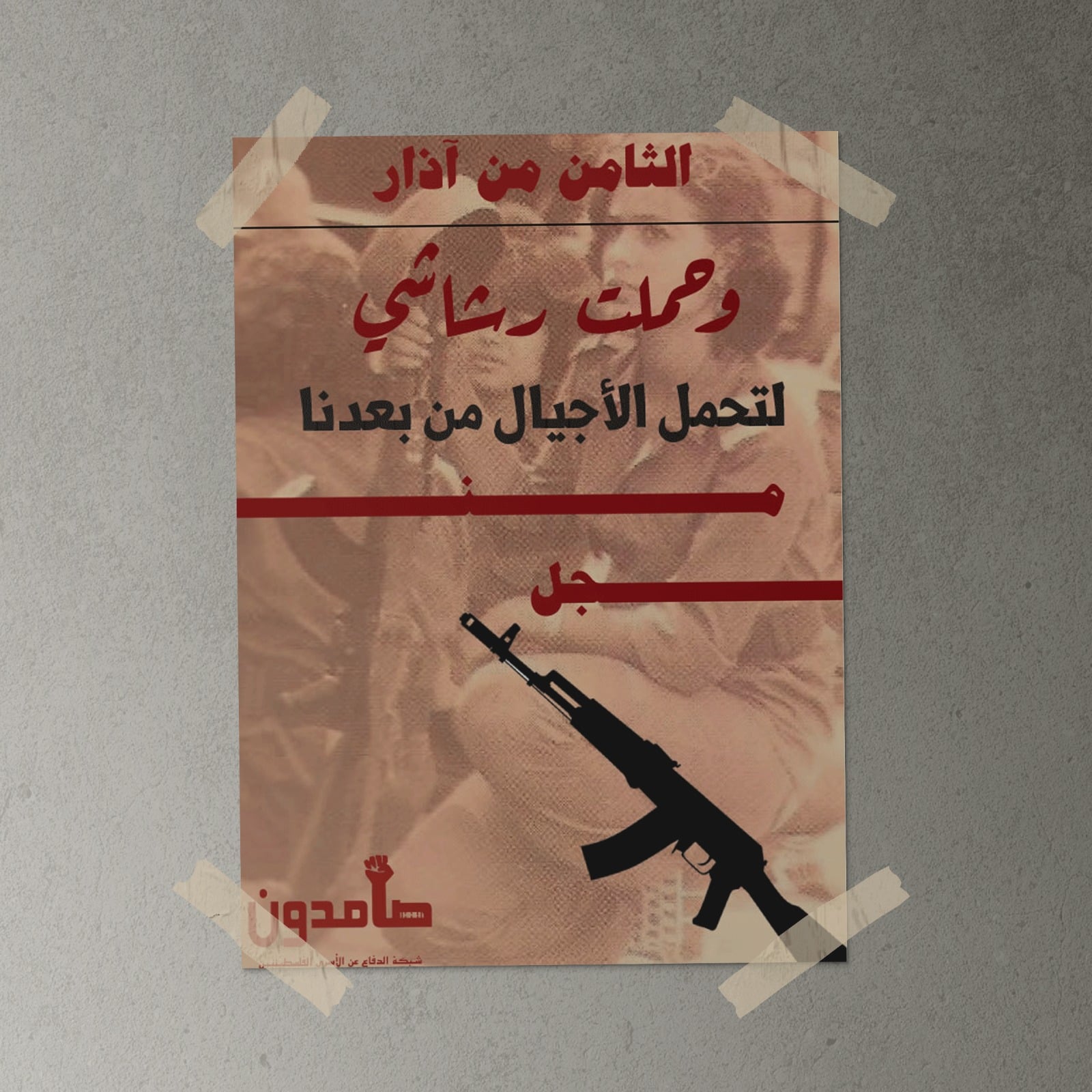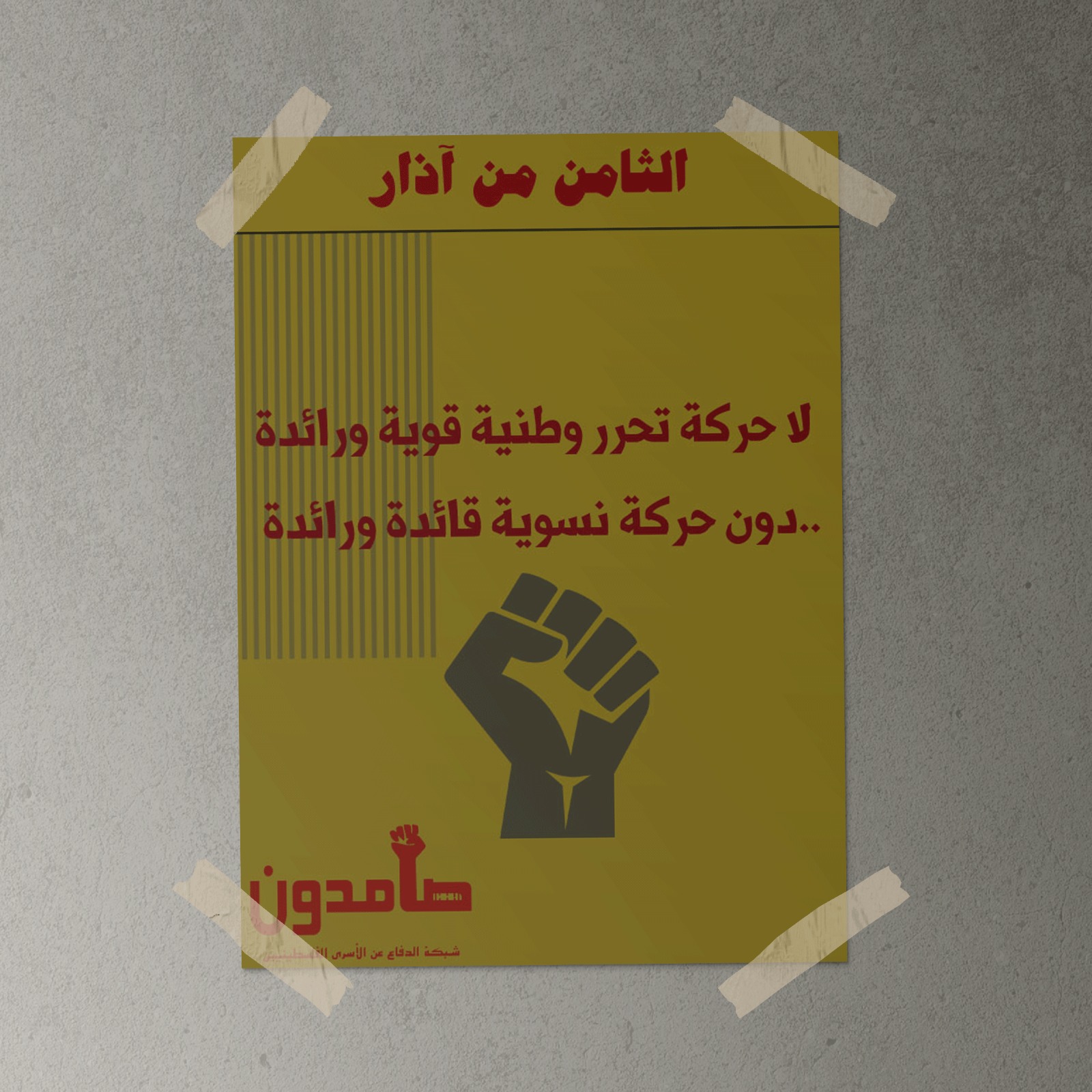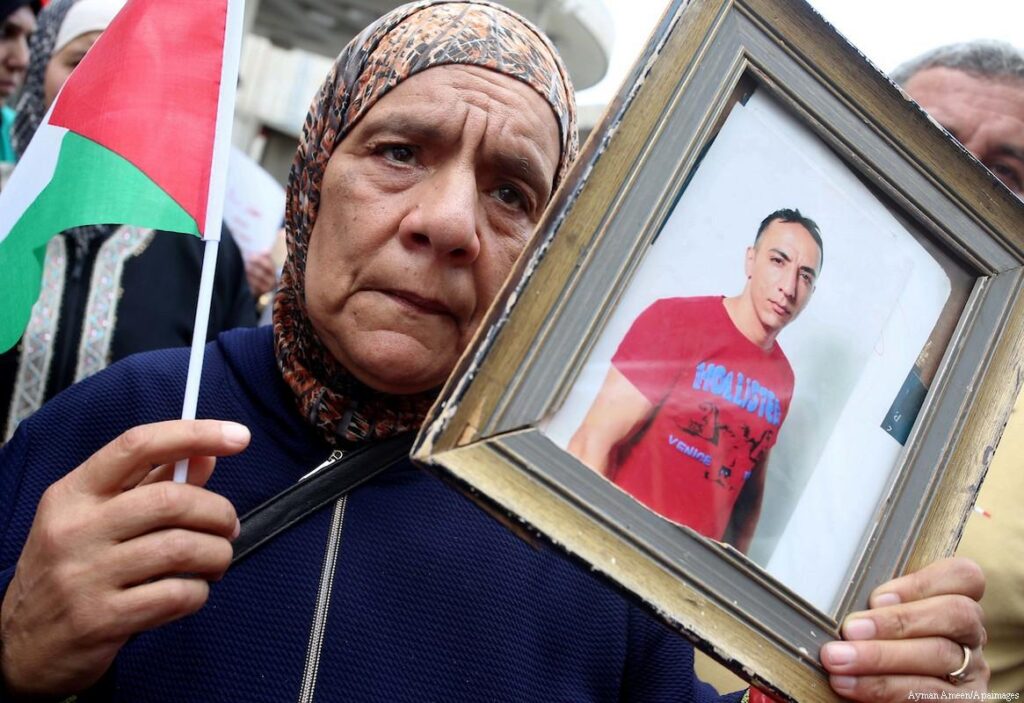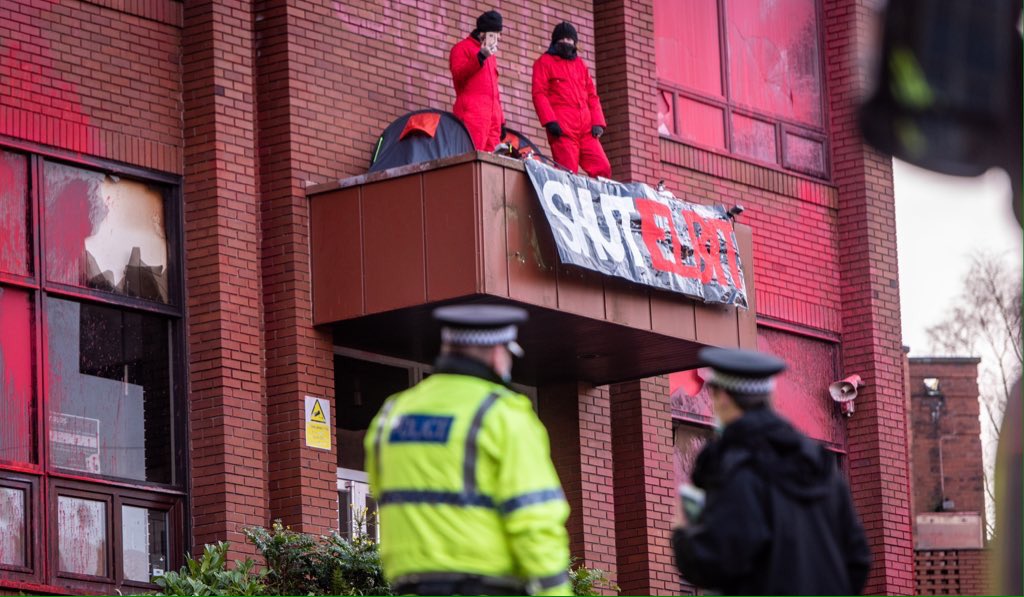
Samidoun Palestinian Prisoner Solidarity Network stands in solidarity with our comrades in Palestine Action in Britain, who are advancing a campaign to shut down Elbit Systems, the Israeli arms manufacturer profiting from the global sale of weapons of war tested on the occupied and colonized Palestinian people. The direct actions organized by Palestine Action have drawn widespread attention to Elbit’s involvement in war crimes; the company has attested that these actions have cost them thousands of dollars in factory shutdown and cleanup costs.
Elbit Systems is Israel’s largest private arms manufacturer and provides the Israeli military with over 80% of its drone fleet, including the Hermes 450 and 900, used extensively in Israel’s bombardment of Gaza in 2014, in which more than 2,000 Palestinians were killed.
Palestine Action is organizing direct action as a form of popular resistance to the war crimes of Elbit Systems and facing harsh repression from the British state for interfering with the bloody business of manufacturing arms “tested upon children and refugees in occupied Palestine,” as Palestine Action notes. Two detained activists have been refused bail after arrests. This follows raids on the homes of several members and seizure of their documents and passports.
Palestine Action emphasized that the best way to support the detainees is to continue the work to #ShutElbitDown. We are republishing their statements below and extend our full solidarity. To sign up for Palestine Action or donate to their work, visit the Palestine Action website.
There are also several upcoming court dates (below and at Palestine Action) to support Palestine Action activists who have been arrested or charged for their direct action activities – we urge all friends of Palestine to stand with these courageous activists at their court hearings!
- Six activists from Palestine Action were arrested on Tuesday morning for allegedly carrying items including paint
- Two have been remanded in prison for “possession of articles to cause criminal damage”
- Notably, two of the activists remanded were part of the Stop HS2 campaign, one of whom spent several weeks in the Euston tunnels
Two Palestine Action activists have been put behind bars after a court shockingly refused to grant them bail yesterday(March 10).
The two were among six activists arrested in the early hours of Tuesday morning for allegedly carrying items which may be used for criminal damage. After being refused police bail, the activists were sent to Wolverhampton Magistrates Court.
The court refused to provide bail for two activists and sent them to prison, while the other two were released. The homes of the activists were raided by police whilst they were held in custody.
Palestine Action is a direct-action network of groups and individuals formed with the mandate of taking direct action against Elbit Systems’ UK locations at grassroots level, calling for them all to be shut down and for the British government to end its complicity in Israeli apartheid.
Commenting on the decision to send the two activists to prison, a spokesperson for Palestine Action said:
“The UK government, its courts and its police, continue to do nothing to stop Israel’s largest private arms manufacturer, Elbit Systems, from developing weapons tested upon children and refugees in occupied Palestine. Instead, choosing to harass, detain & incarcerate those who challenge & resist their crimes against humanity.
It is therefore our moral duty to use our privilege and to join the growing struggle fighting to end this complicity between Britain & Israel’s Apartheid regime. We call on all people of conscience to join our struggle against this ongoing, murderous complicity, to join the fight to Shut Elbit Down and end all complicity between Britain & Israel’s crimes against the Palestinian people.”
The two could be forced to spend at least four weeks in prison until potentially being granted bail at their upcoming court date next month.
The unusual decision to refuse bail over a minor charge is yet another escalation in the ongoing campaign of oppression and intimidation against activists allegedly linked to Palestine Action.
Since the direct action network was founded in August 2020, activists have been routinely arrested on spurious charges, had their houses raided and devices confiscated.
Co-founder Richard Barnard was arrested in February for “blackmail”. He and co-founder Huda Ammori had their house raided and passports seized. The documents have not yet been returned.
Barnard and Ammori were even stopped in November 2020 under Schedule 7 of the Terrorism Act 2000, which enables police officers to interrogate individuals without the standard safeguards.
Palestine Action has accused the police of launching a wholly disproportionate response to the activists ongoing campaign to shut down Elbit sites in the UK, a firm responsible for war crimes in Gaza and exporting killer drones to oppressive regimes across the globe.
Elbit Systems is Israel’s largest private arms manufacturer and provides the Israeli military with over 80% of its drone fleet, including the Hermes 450 and 900, used extensively in Israel’s bombardment of Gaza in 2014, in which more than 2,000 Palestinians were killed.
Commenting on the police crackdown of Palestine Action, Network for Police Monitoring (Netpol) campaign coordinator Kevin Blowe said:
“Using counter-terrorism police powers, bringing wholly disproportionate charges and essentially treating Palestine Action campaigners as though they are some kind of organised crime network is a deliberate attempt to disrupt protests in solidarity with the suffering of the Palestinian people.
“The implication that the group is some kind of ‘extremist’ threat provides a justification for police surveillance and harassment. It means that all those associated with Palestine Action may also be labelled in this way – even if they do nothing unlawful.
“Unfortunately, we have seen the state act in this way many times before, especially when corporate interests are challenged by civil disobedience and direct action. This is designed to wear people down, alienate potential public support and restrict campaigners’ ability to exercise their rights to freedom of assembly and association.”
Earlier today, two Palestine Action activists were imprisoned after being arrested 33 hours earlier for allegedly being equipped to “cause criminal damage”. Six activists were arrested in total, four of whom have subsequently been released.
Maybe they were going to throw paint on an arms factory. Whatever they were, or weren’t, going to do, it would pale to insignificance next to the death and destruction that Elbit Systems, Israel’s largest private arms manufacturer, causes across the world.
Our activists were held in the police station before being taken to court and remanded in custody until their next court date. We understand this will be at least a month away.
The UK government, its courts and its police, continue to do nothing to stop Elbit from developing weapons tested upon children and refugees in occupied Palestine. Instead, they choose to harass, detain and incarcerate those who challenge their crimes against humanity.
But our brave activists will continue to act, despite the fear they may feel, because they know that the consequences of not acting are too high. We will not allow the continued oppression of the Palestinian people to be facilitated by this country any longer. We therefore call again on all of you, our comrades and supporters, to take action.
We have been asked what is best to do to help those in prison. Of course, sending money and letters will be greatly appreciated, and we will share how to do this as soon as we are informed. But perhaps the best thing we can all do for them is continue their fight – our fight.
Nothing will raise our imprisoned activists’ spirits more than hearing further actions have happened – and that Elbit are even closer to being shut down for good. Those in prison range in age from young to retired. What is stopping each and every one of you taking action to shut Elbit down? Get involved. Join us. Arrange your own actions. Sign up to the resistance: bit.ly/JoinResist
Court Support Dates to #ShutElbitDown
March 26th 2021
Plea hearing for 3 activists who blockaded the gates of Elbit’s subsidiary in Shenstone, near Lichfield. They are charged under the trade union act for obstruction of “lawful business”
Time: 1.00pm
Location: Stafford Magistrates’ Court, The Combined Court Centre, Victoria Square, Stafford ST16 2QQ
March 29th 2021
Plea hearing for the Shenstone 6 who occupied the roof of Elbit’s subsidiary – UAV Engines in Shenstone. They successfully shut the factory for a week and caused over £50,000 in damage to Elbit’s death factory
Time: 9.30am
Location: Stafford Crown Court, The Combined Court Centre, Victoria Square, Stafford ST16 2QQ
March 31st 2021
First court appearance for 6 Elbit activists who are charged with “conspiracy to commit criminal damage” and “conspiracy to commit burglary” for actions against Elbit occurring between 1st June 2020 and 5th September 2020. At court, Richard Barnard & Huda Ammori will also apply to retrieve their passports, which were unlawfully taken by the police in February.
Time: 9.30am
Location: Highbury Corner Magistrates’ Court, 51 Holloway Rd, Highbury, London N7 8JA
April 9th 2021
Three activists are facing trial against Elbit, after blockading the gates and covering the entrances with blood-red paint. They are charged with criminal damage.
Time: 9.30am
Location: Stafford Magistrates’ Court, The Combined Court Centre, Victoria Square, Stafford ST16 2QQ
April 15th
Caroline Brouard, Palestine Action activist, is facing possible charges of “blackmail” after being arrested and released under bail in January. They are due to answer bail and discover whether they are being charged or not on this date.
Time: 10am
Location: Charing Cross Police Station, Agar St, Charing Cross, London WC2N 4JP
May 17th (listed until May 25th)
5 activists who occupied the roof of Elbit’s subsidiary, UAV Engines in Shenstone, are facing trial against Elbit. They are charged with “criminal damage” of over £30,000. Their action saw the factory close for at least two weeks – totalling £450,000 in losses for Elbit Systems.
Time: 9.30am
Location: Stafford Crown Court, The Combined Court Centre, Victoria Square, Stafford ST16 2QQ
June 1st
Richard Barnard, co-founder of Palestine Action, is due to return after over 4 months of police bail, facing possible charges of “Blackmail”. His police bail restricted him from entering Greater Manchester, Staffordshire & the City of London.
Time: 11.00am
Location: Charing Cross Police Station, Agar St, Charing Cross, London WC2N 4JP
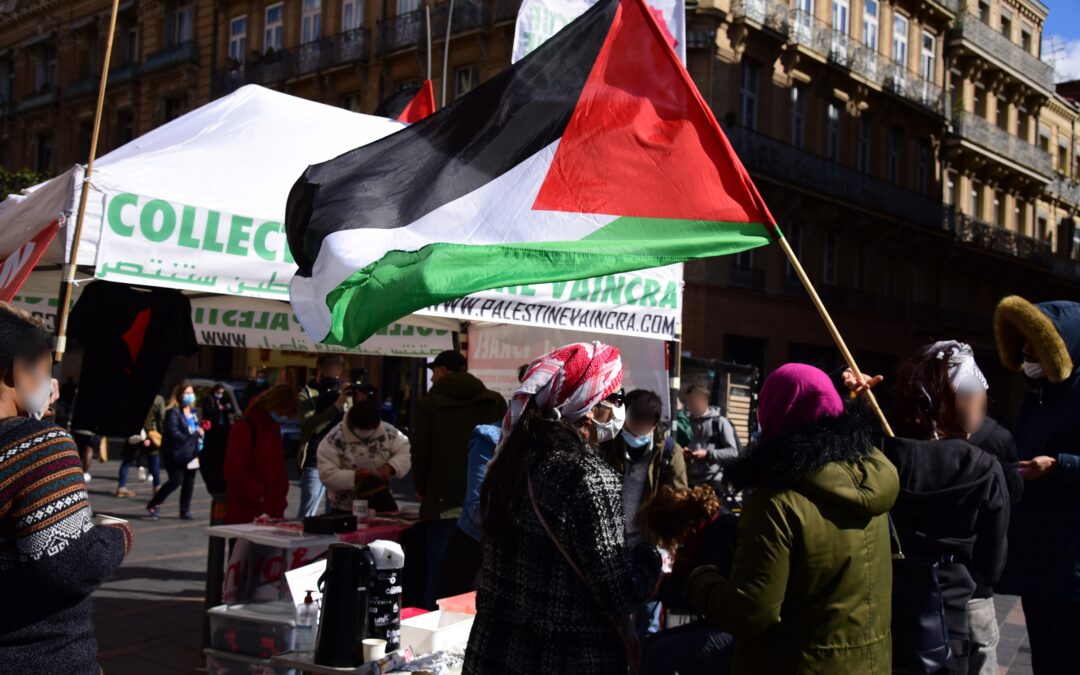
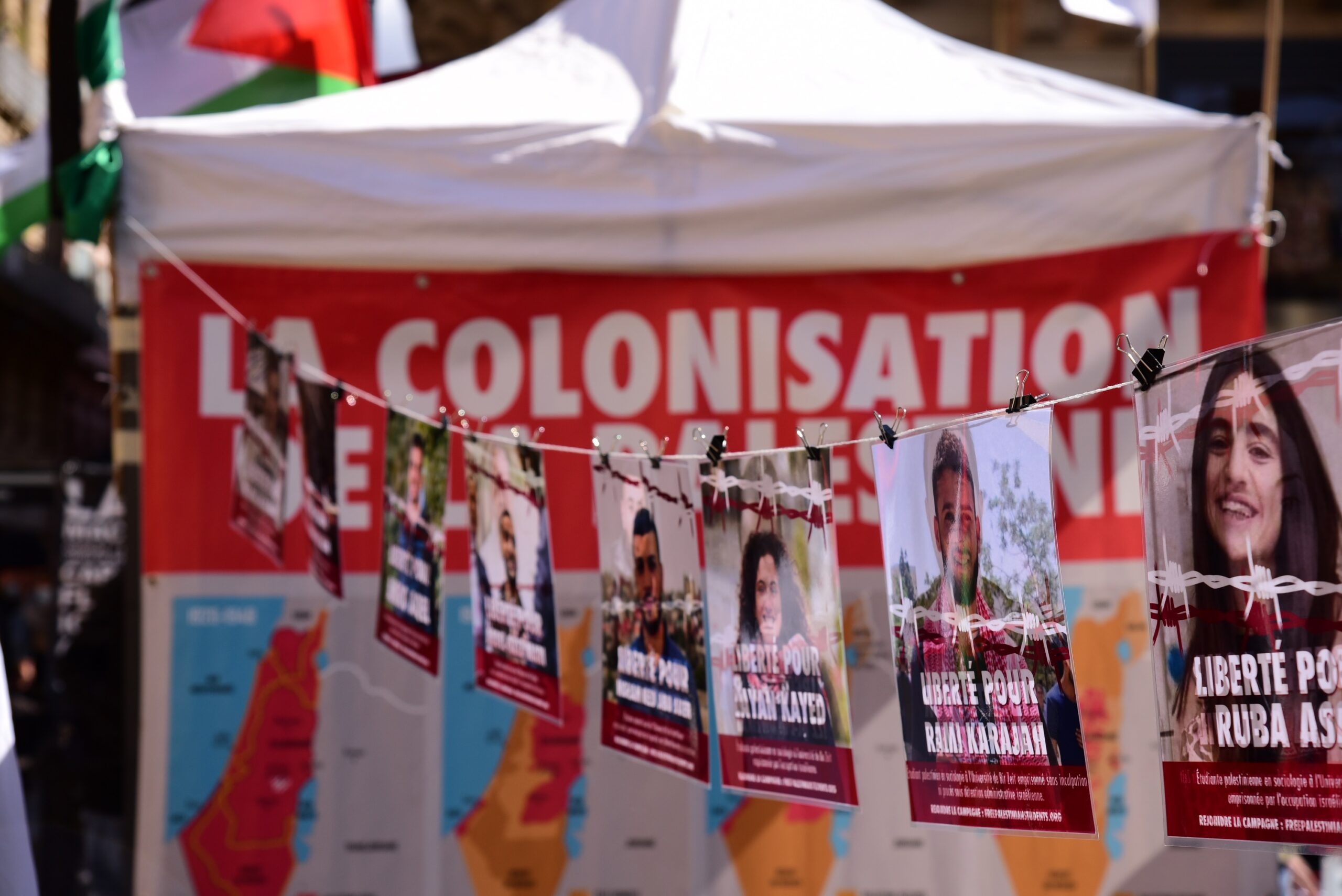
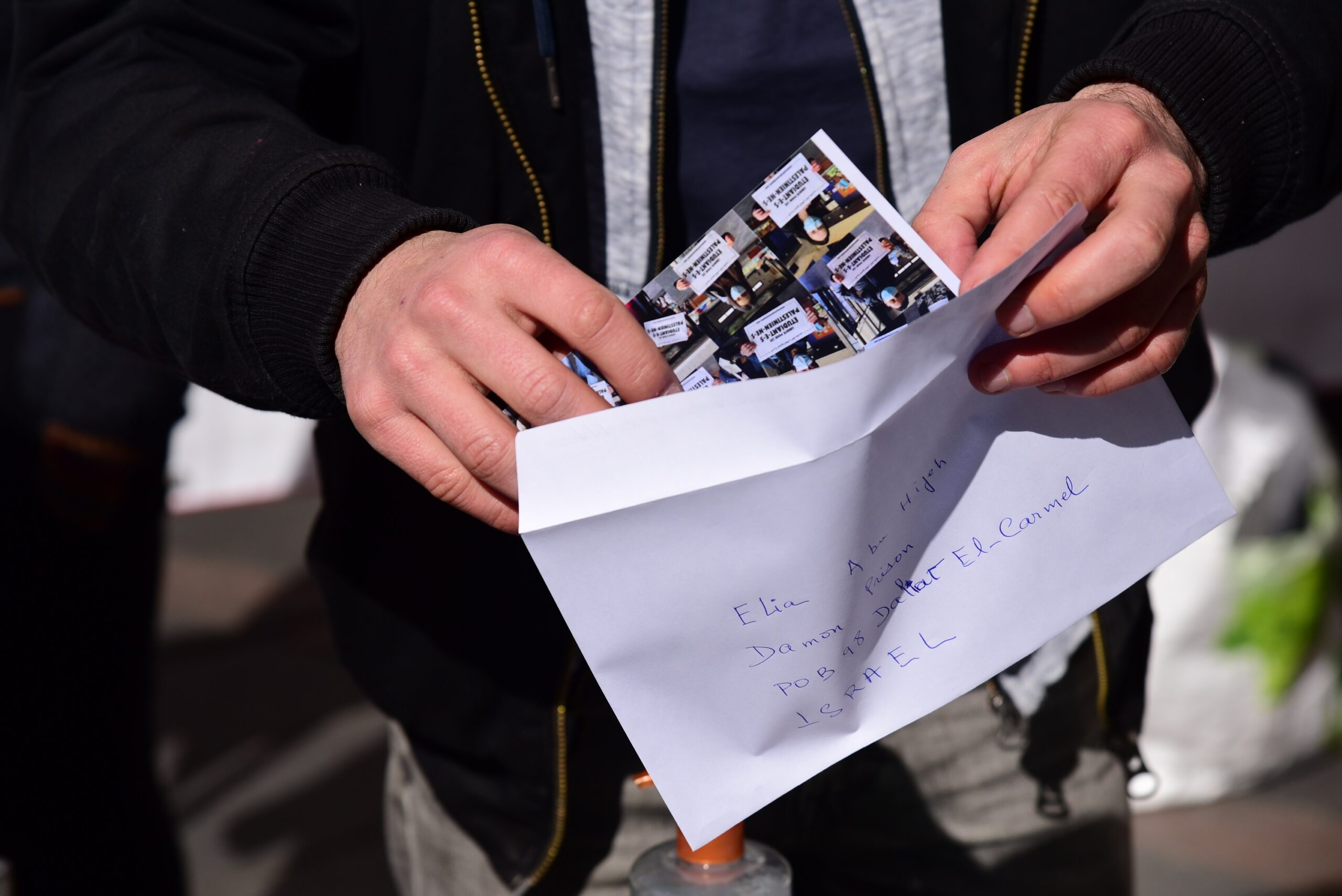
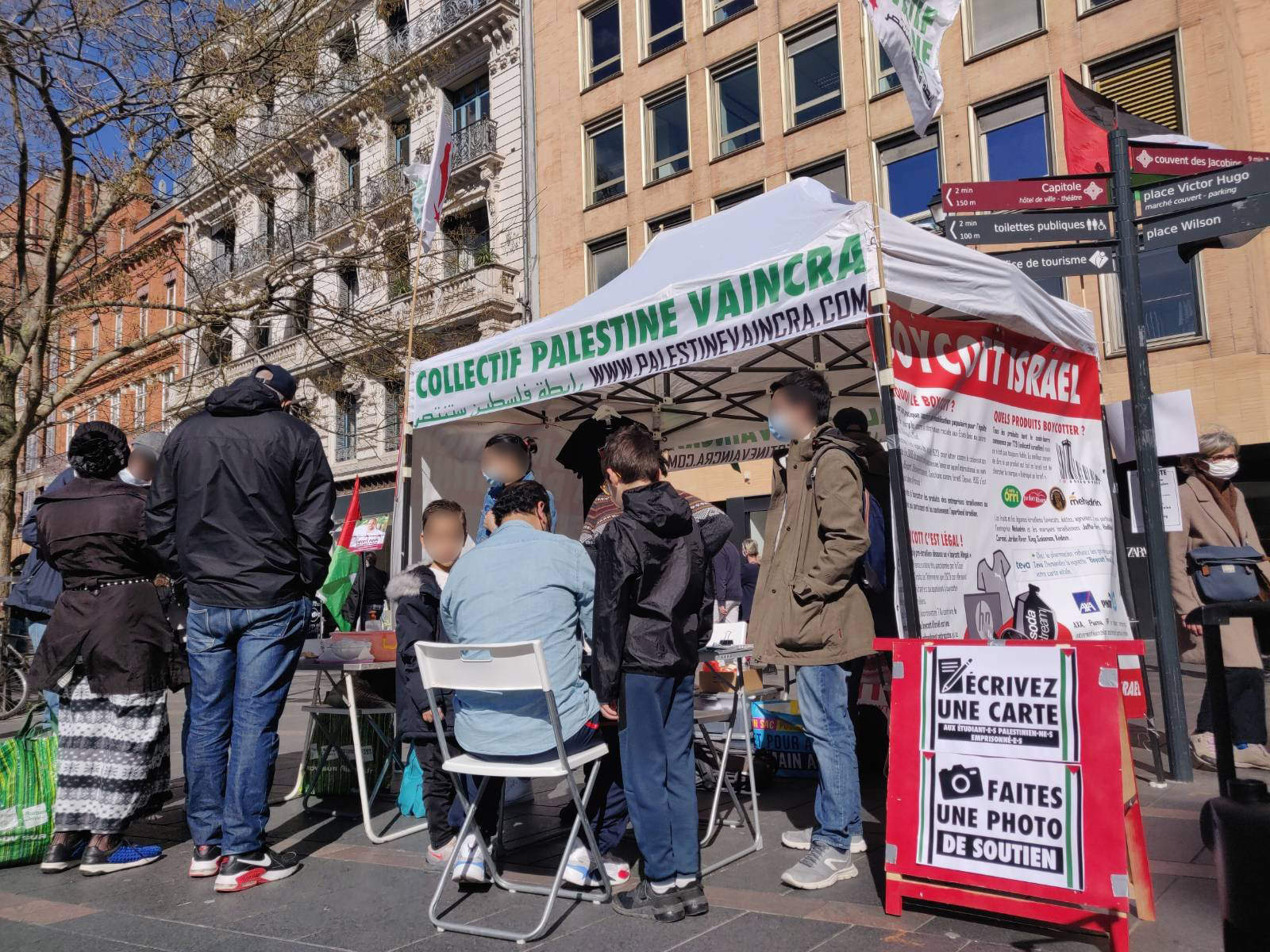
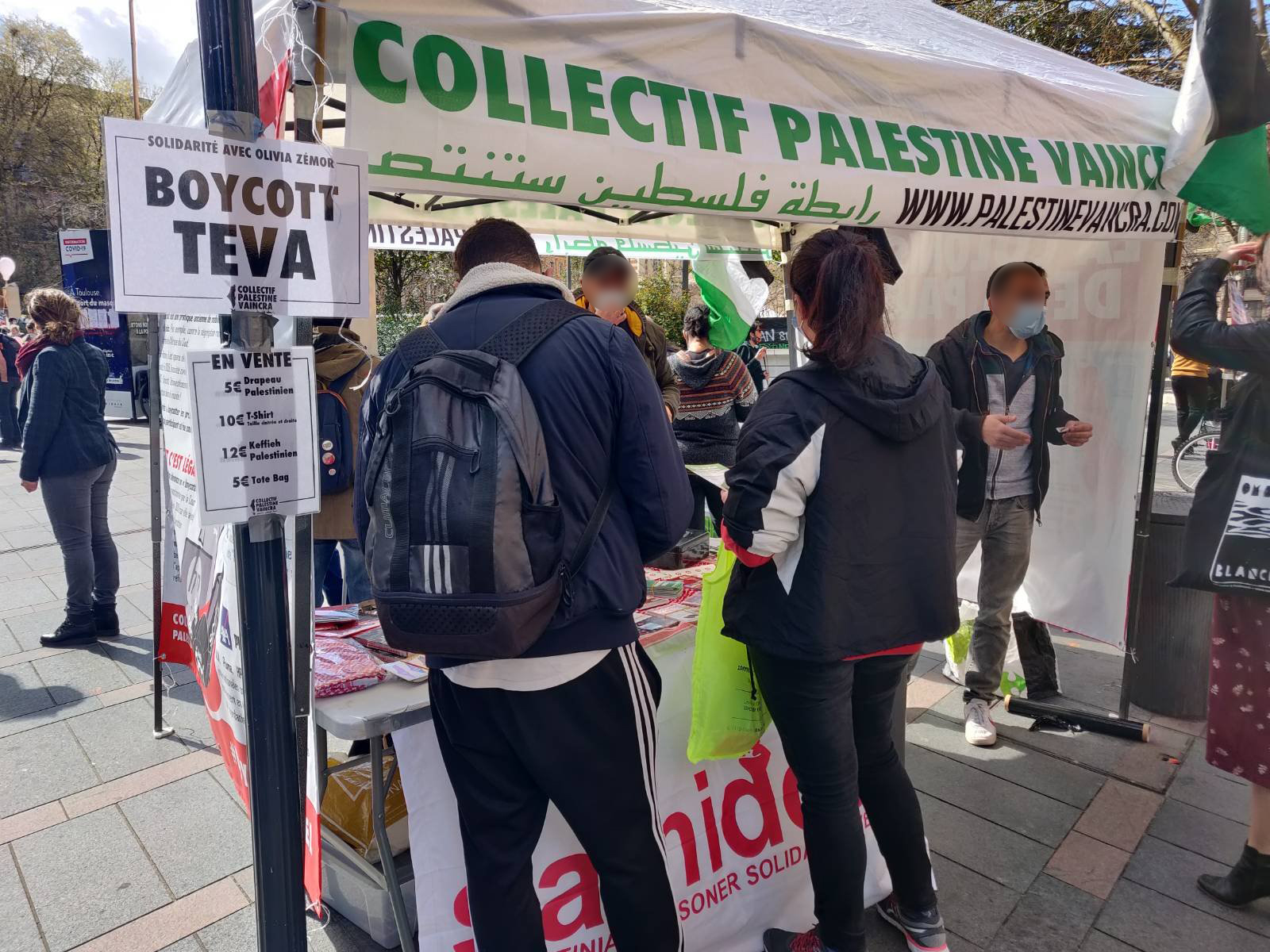
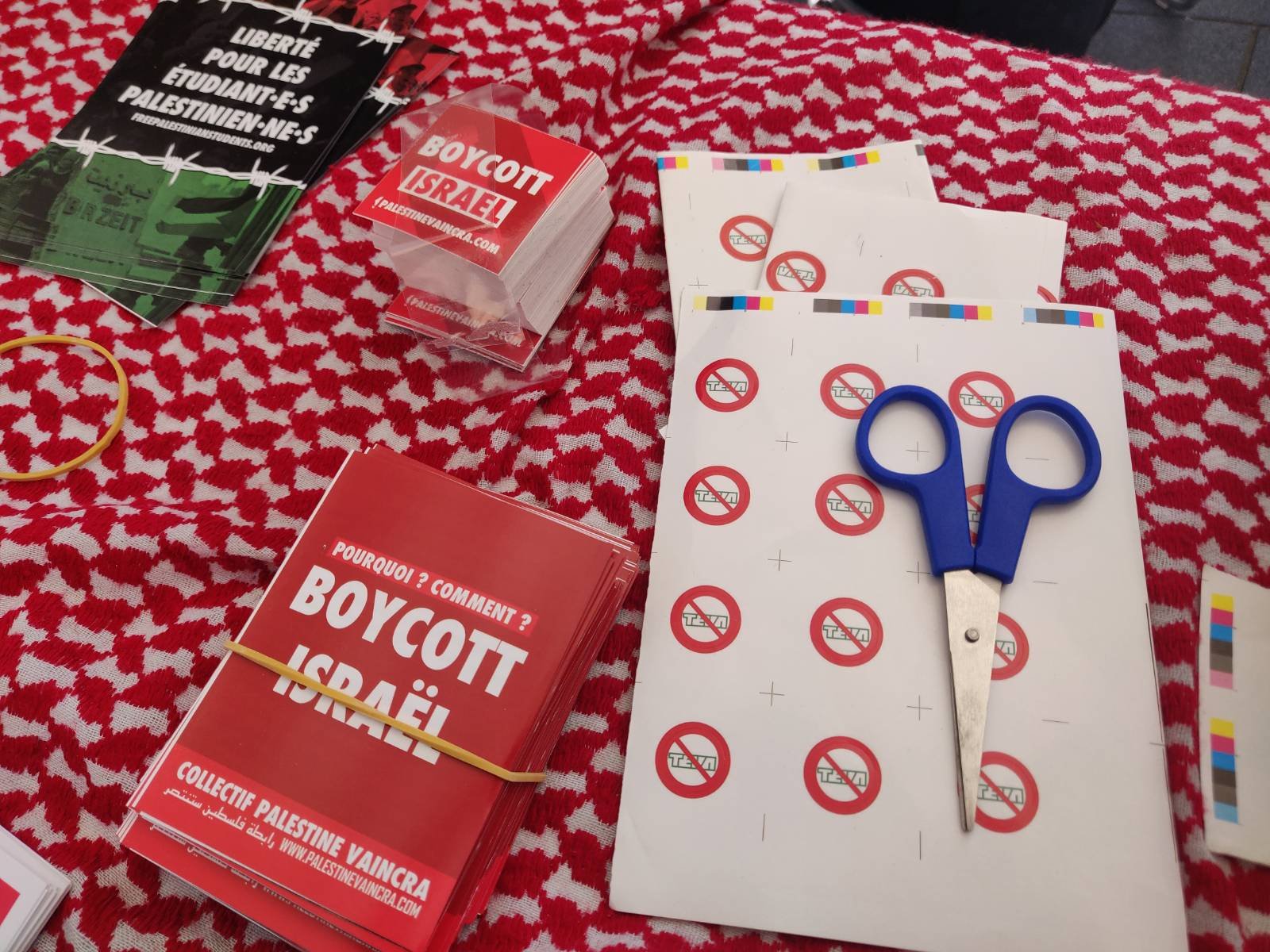
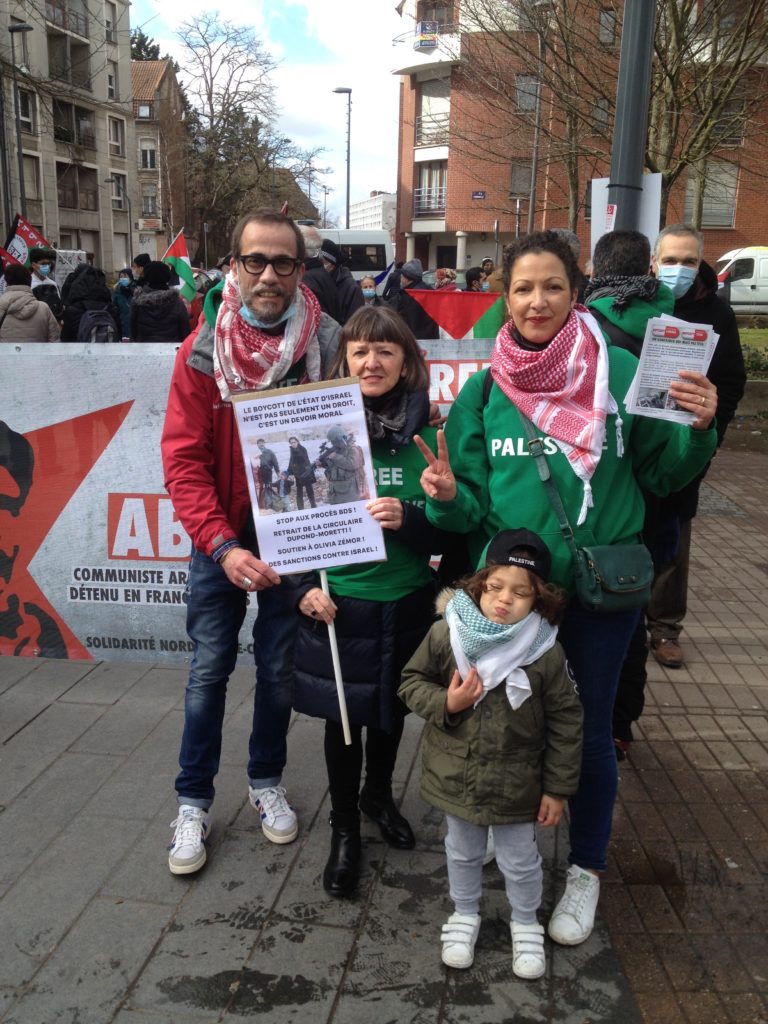
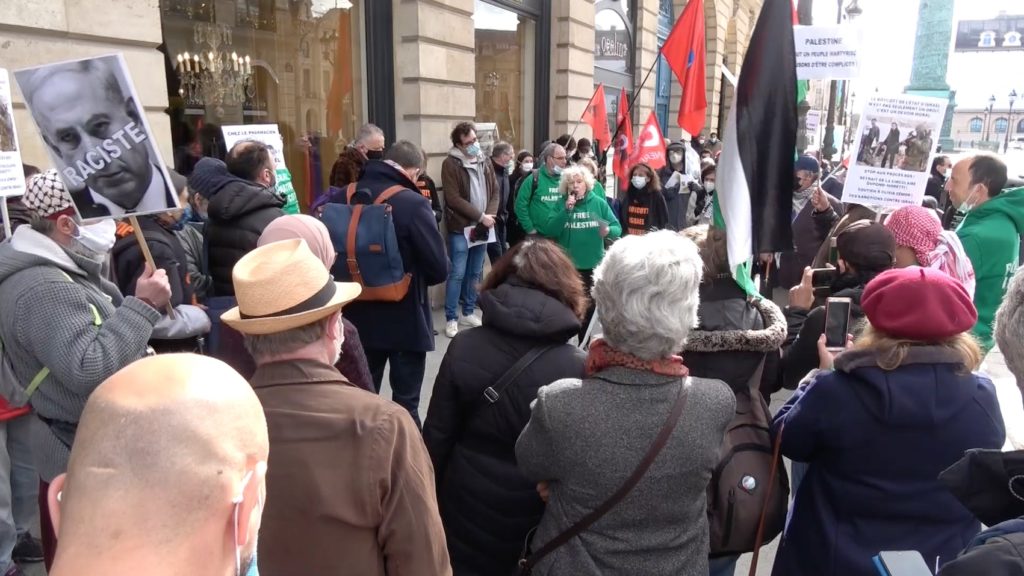
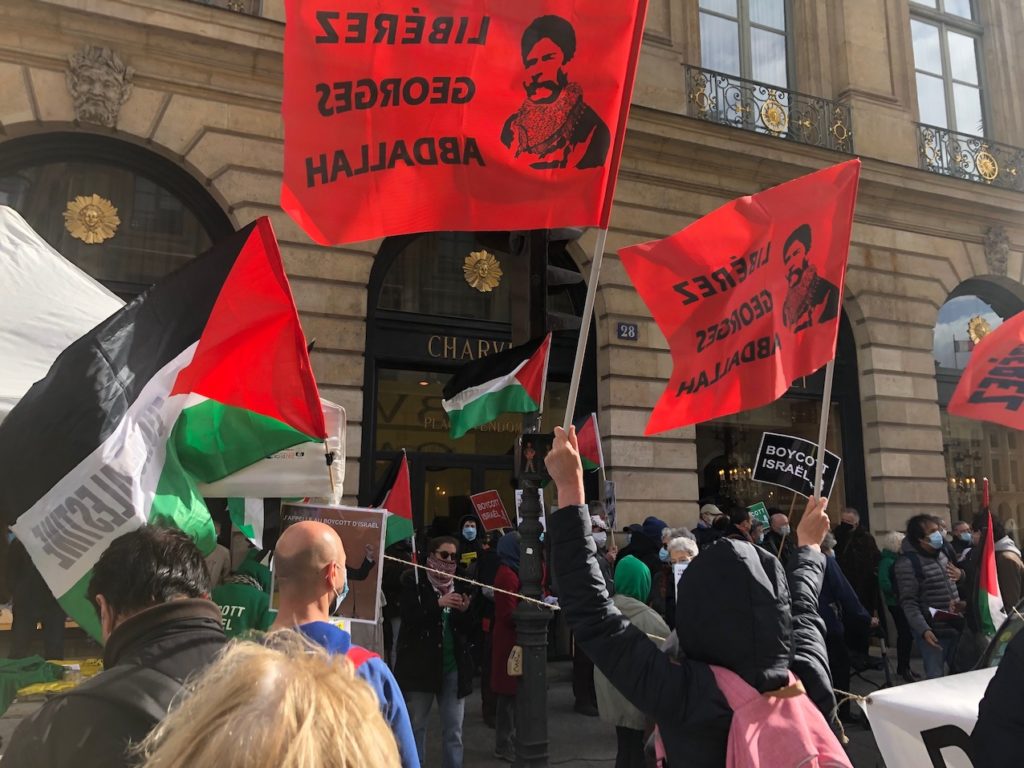

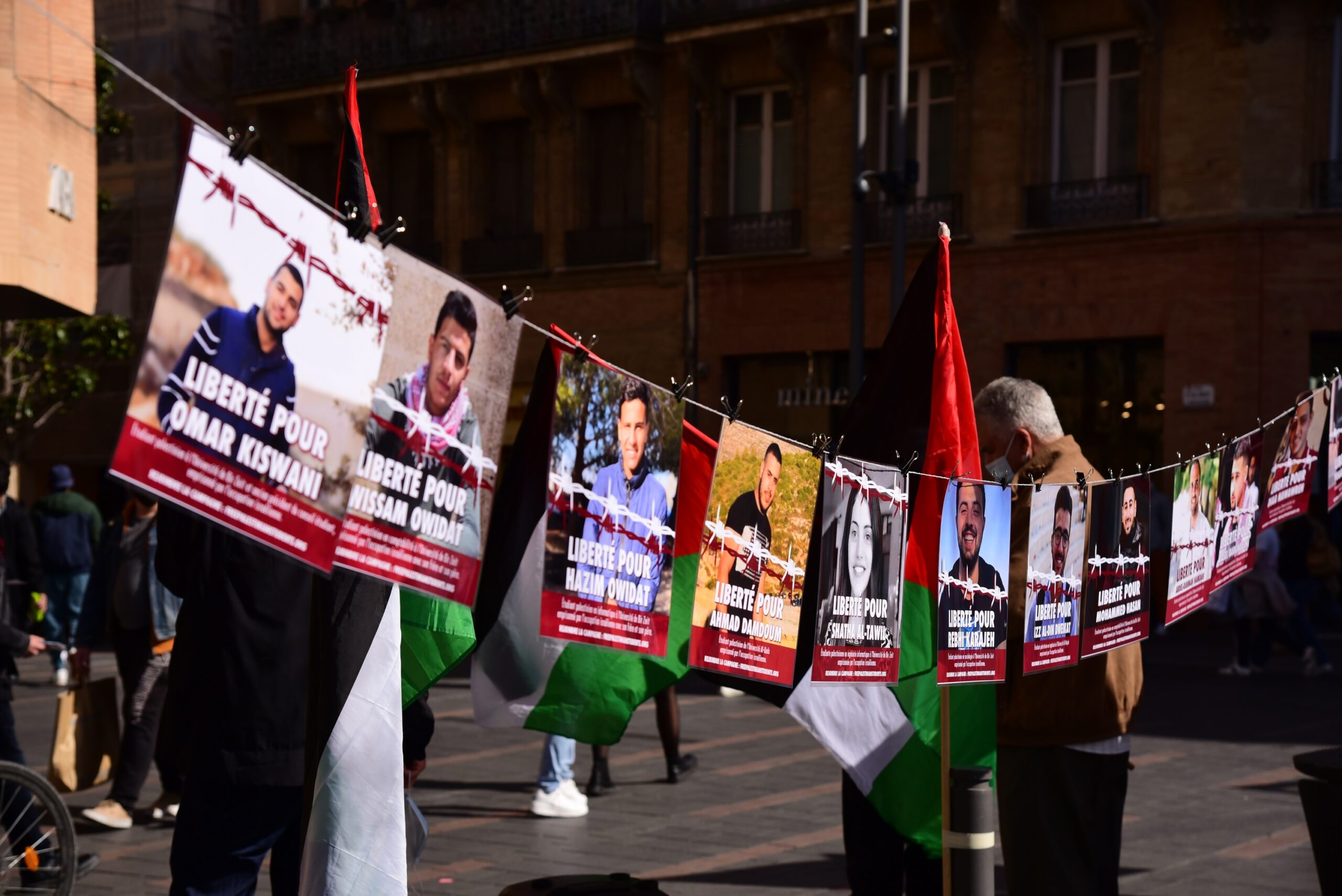
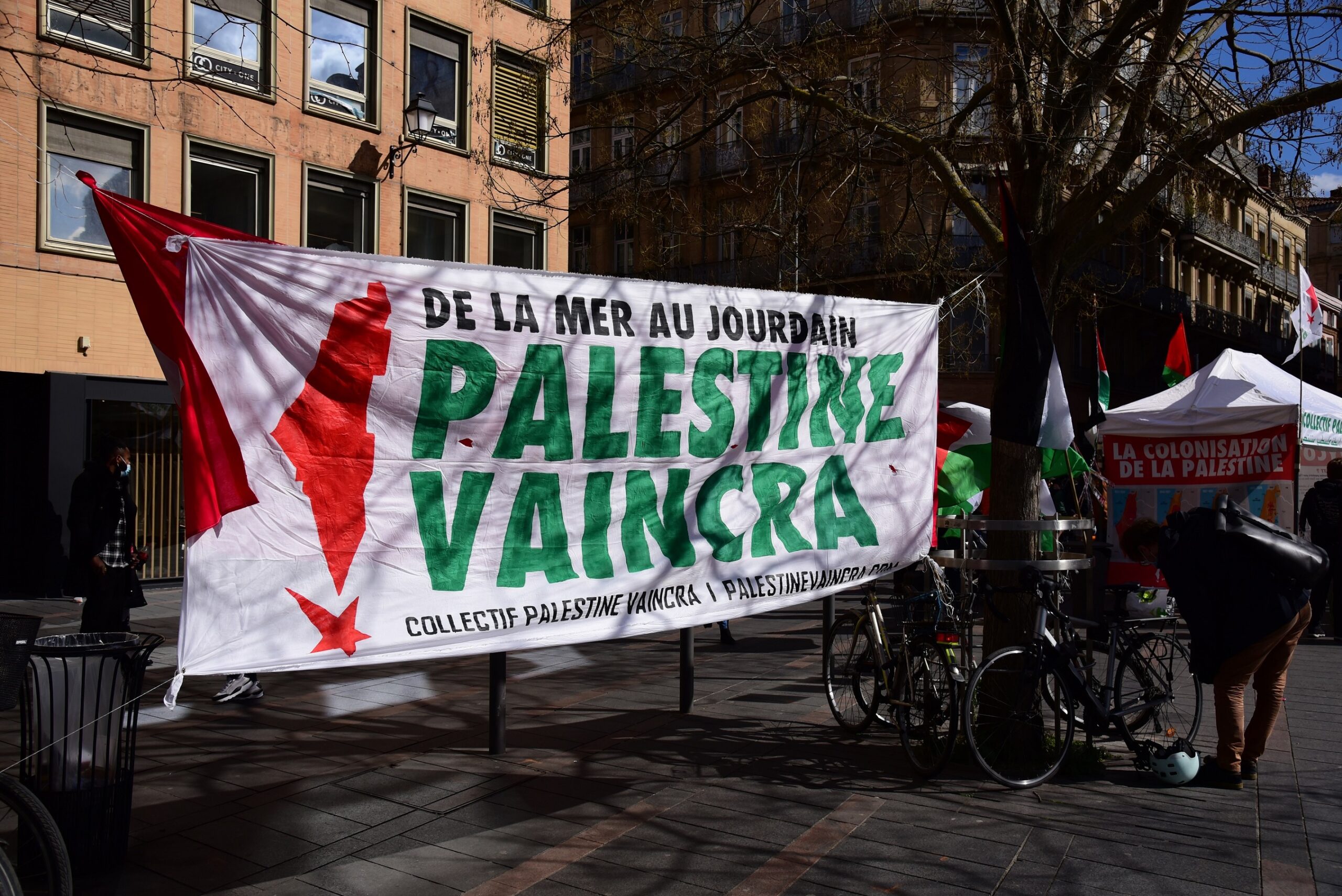
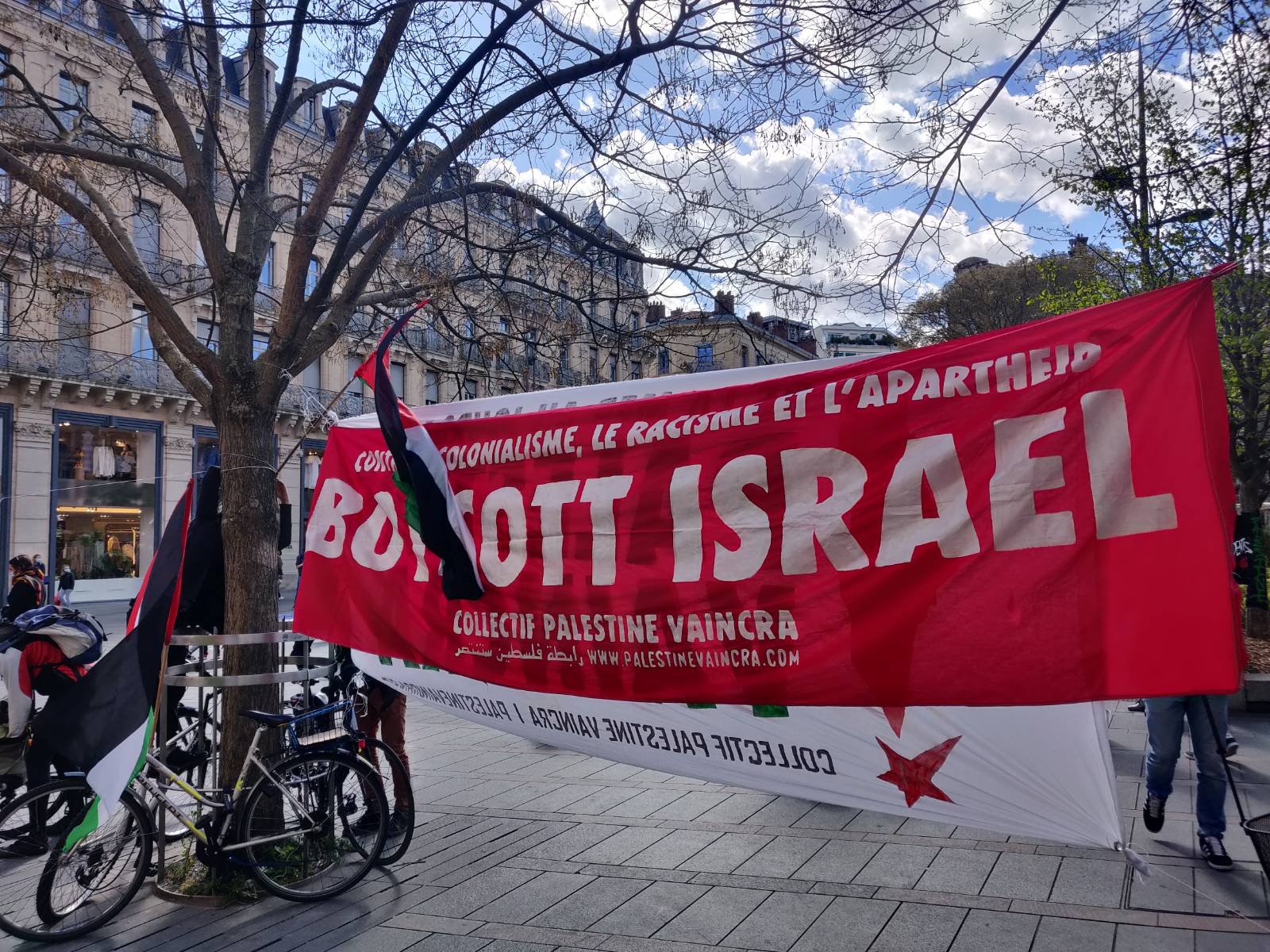
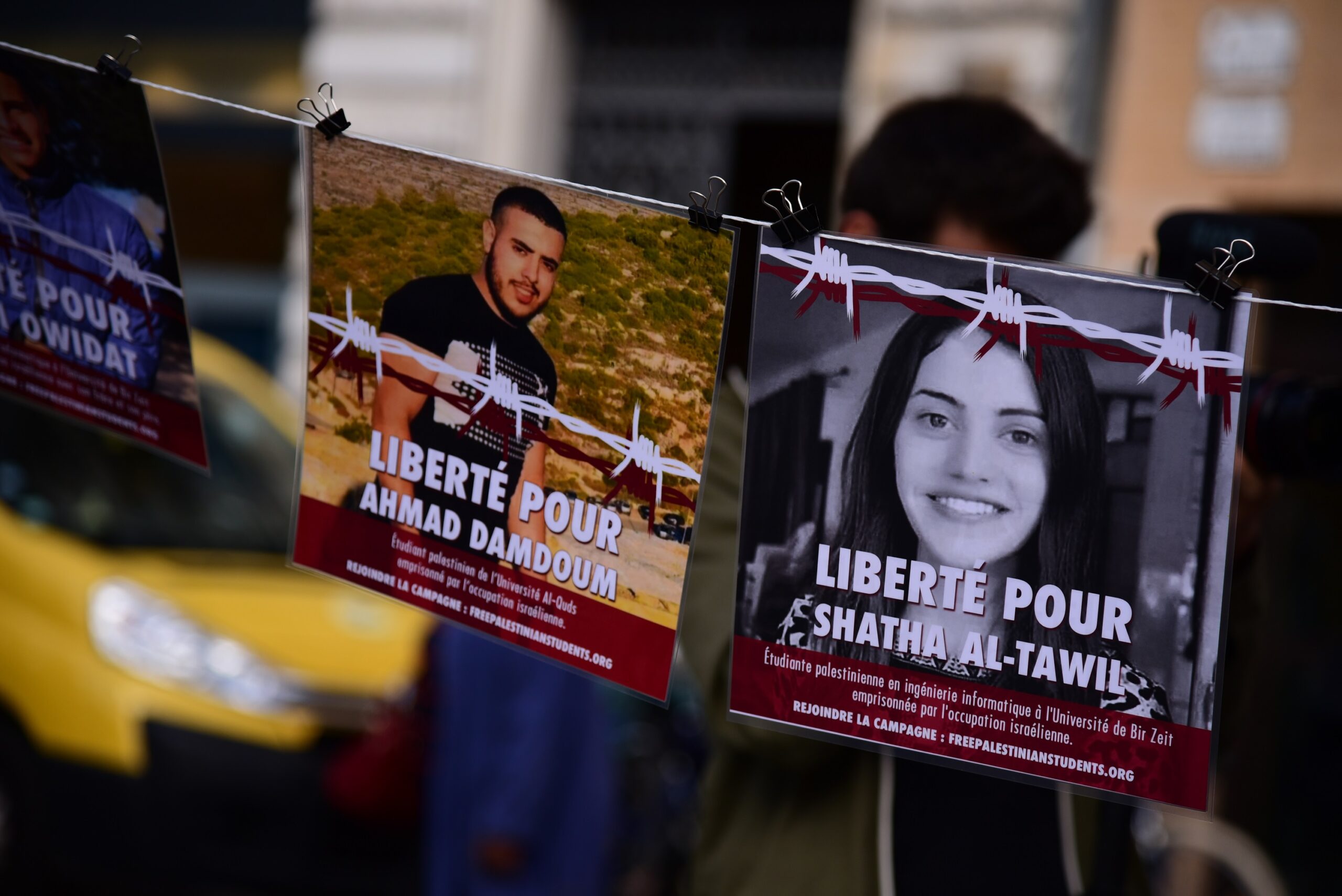
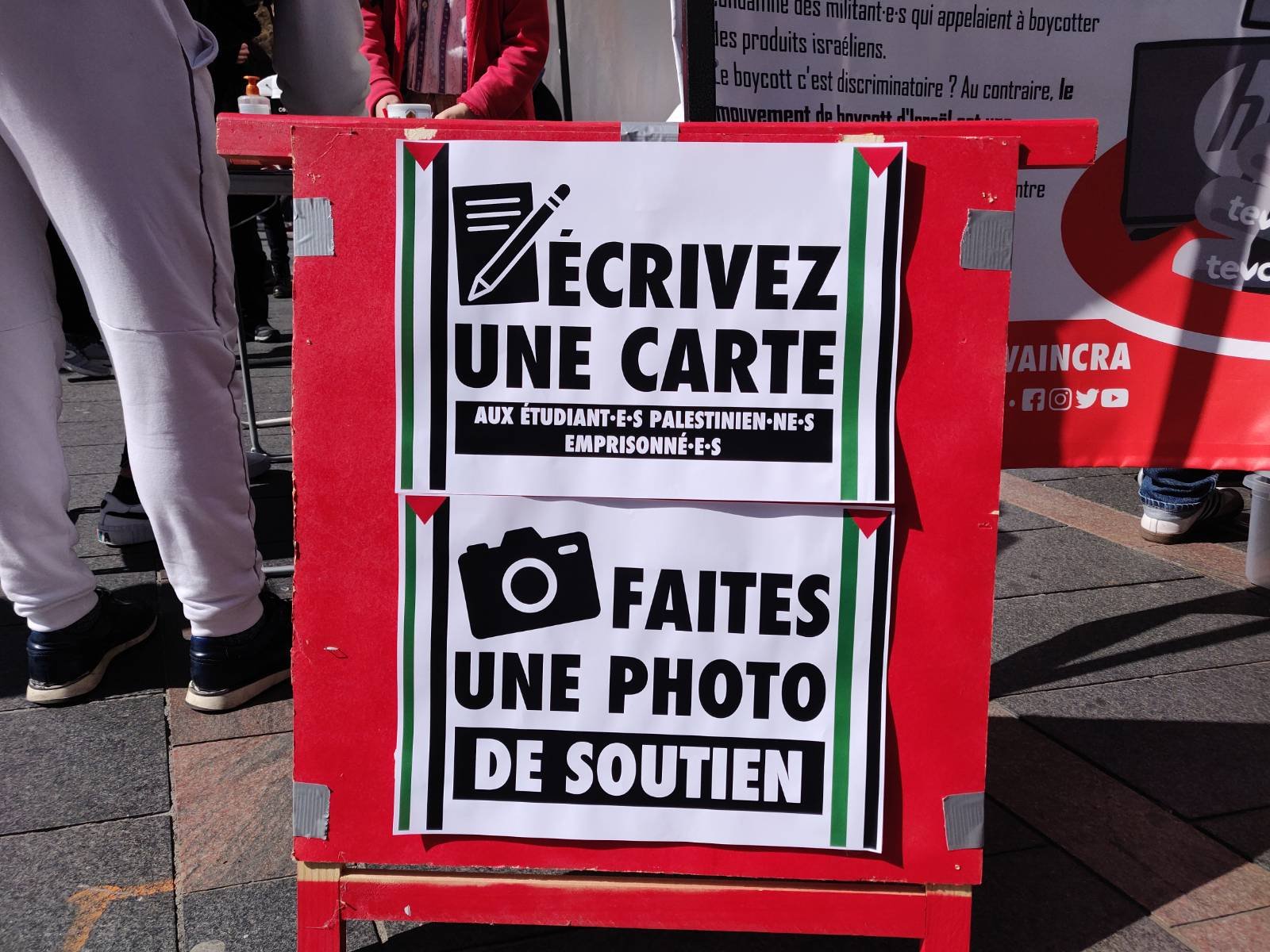
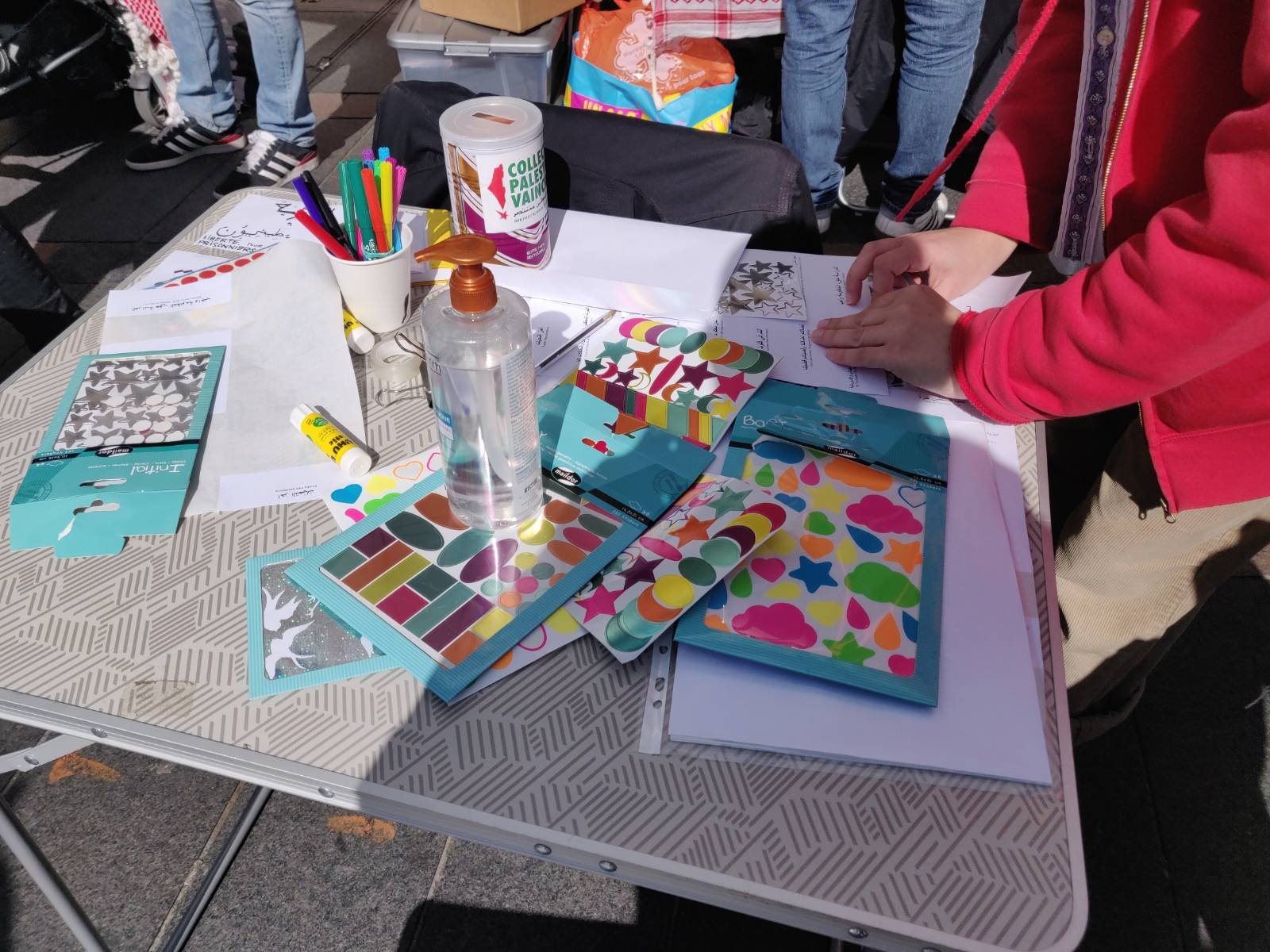
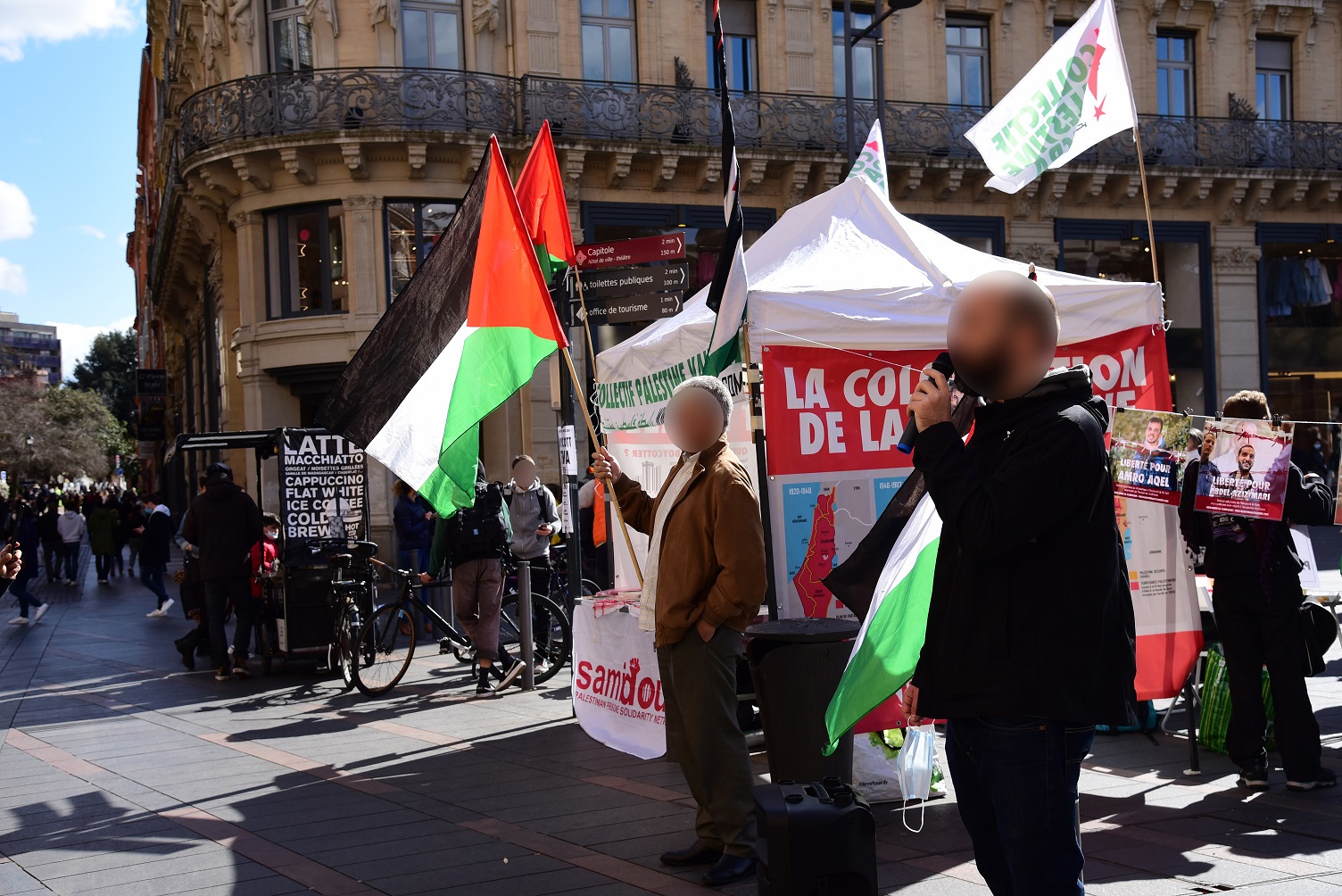
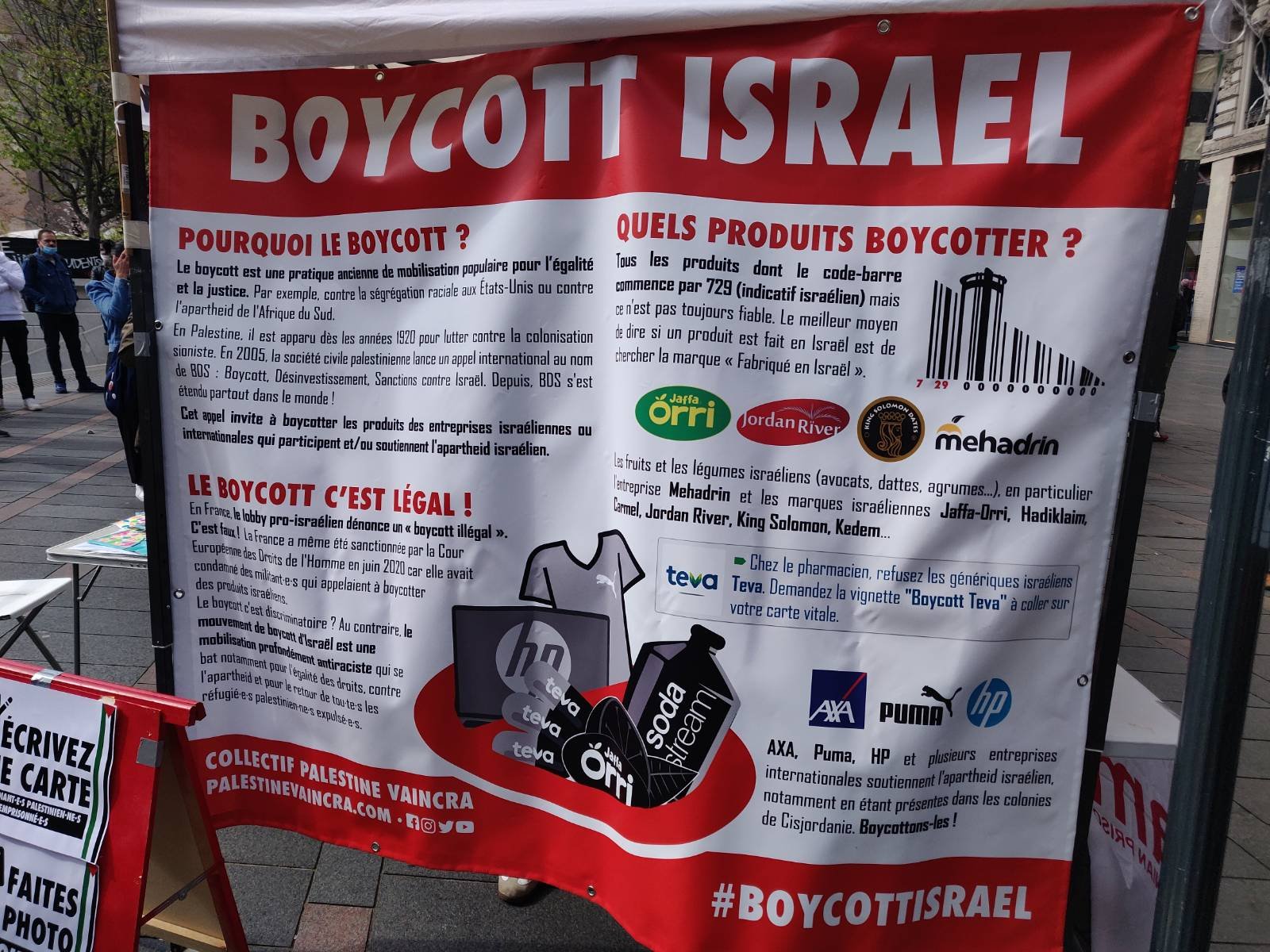
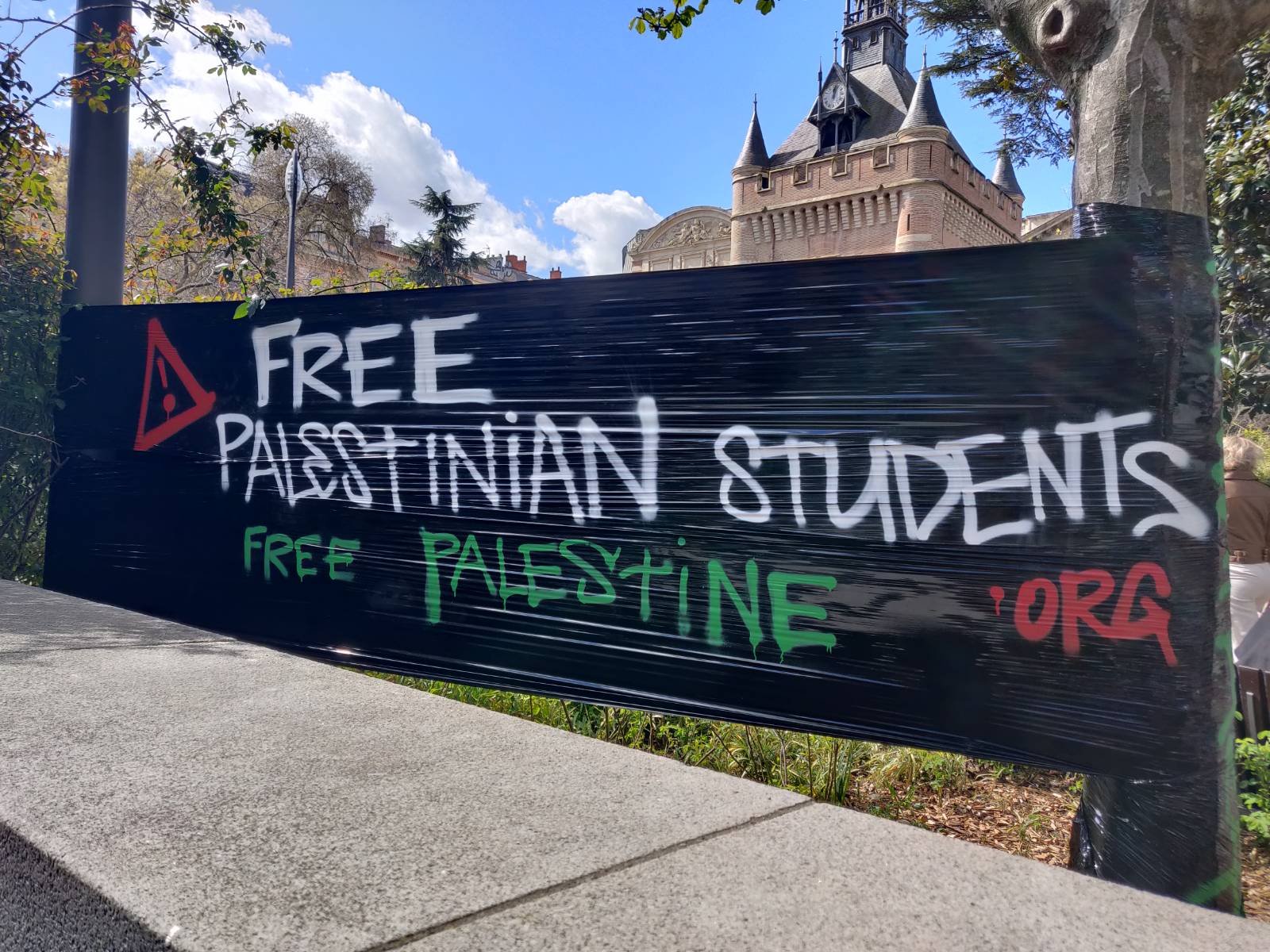
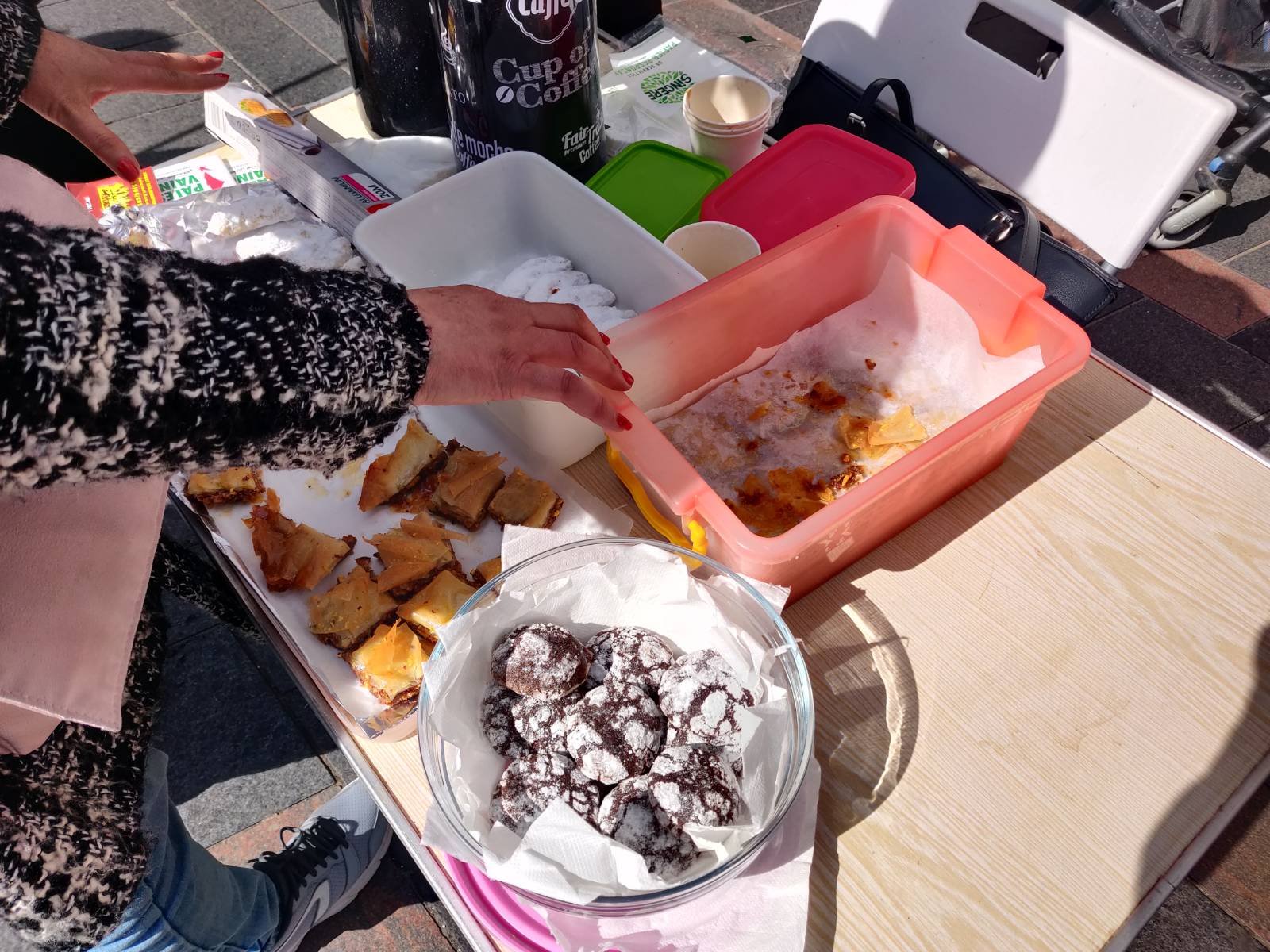
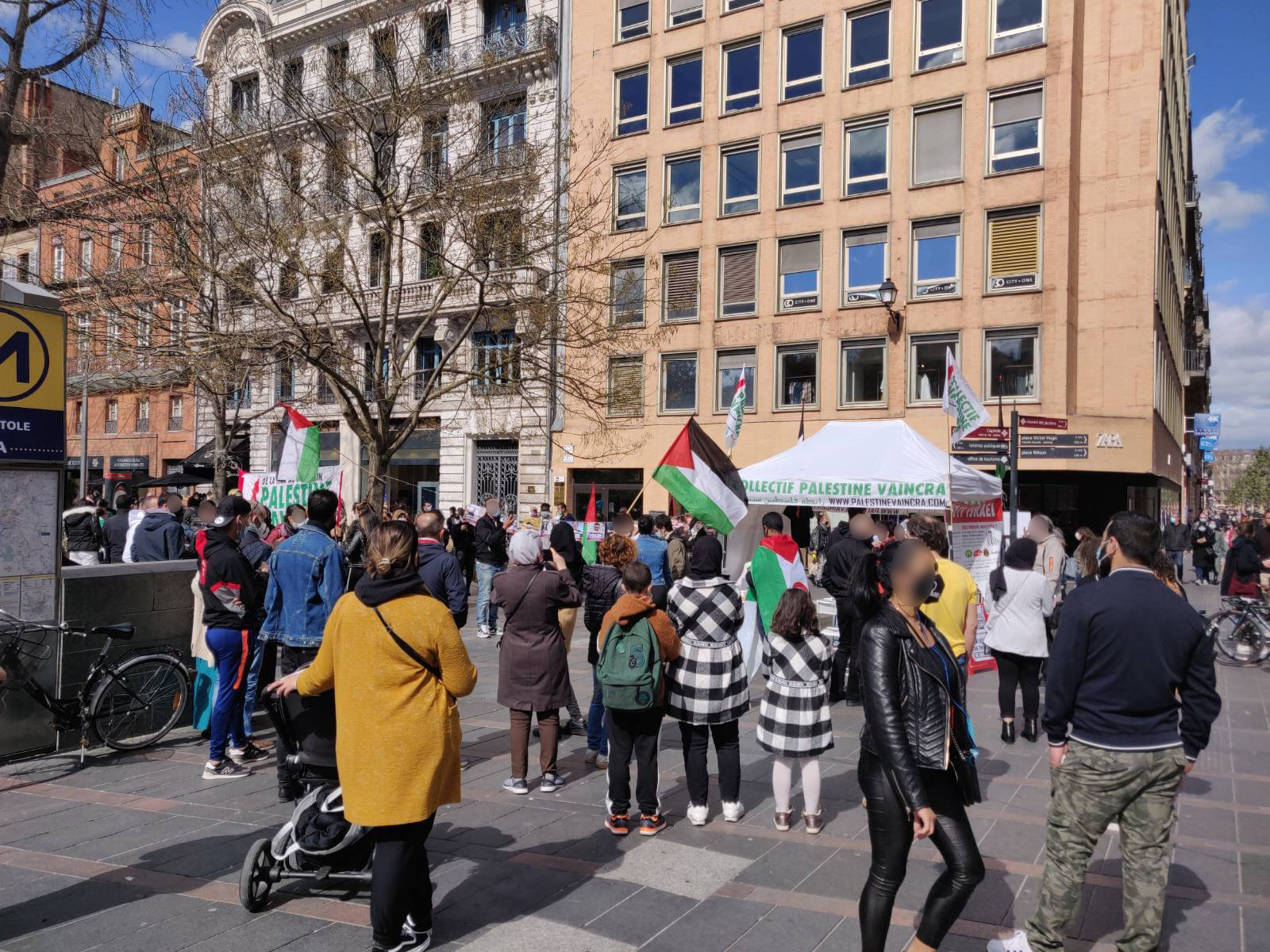
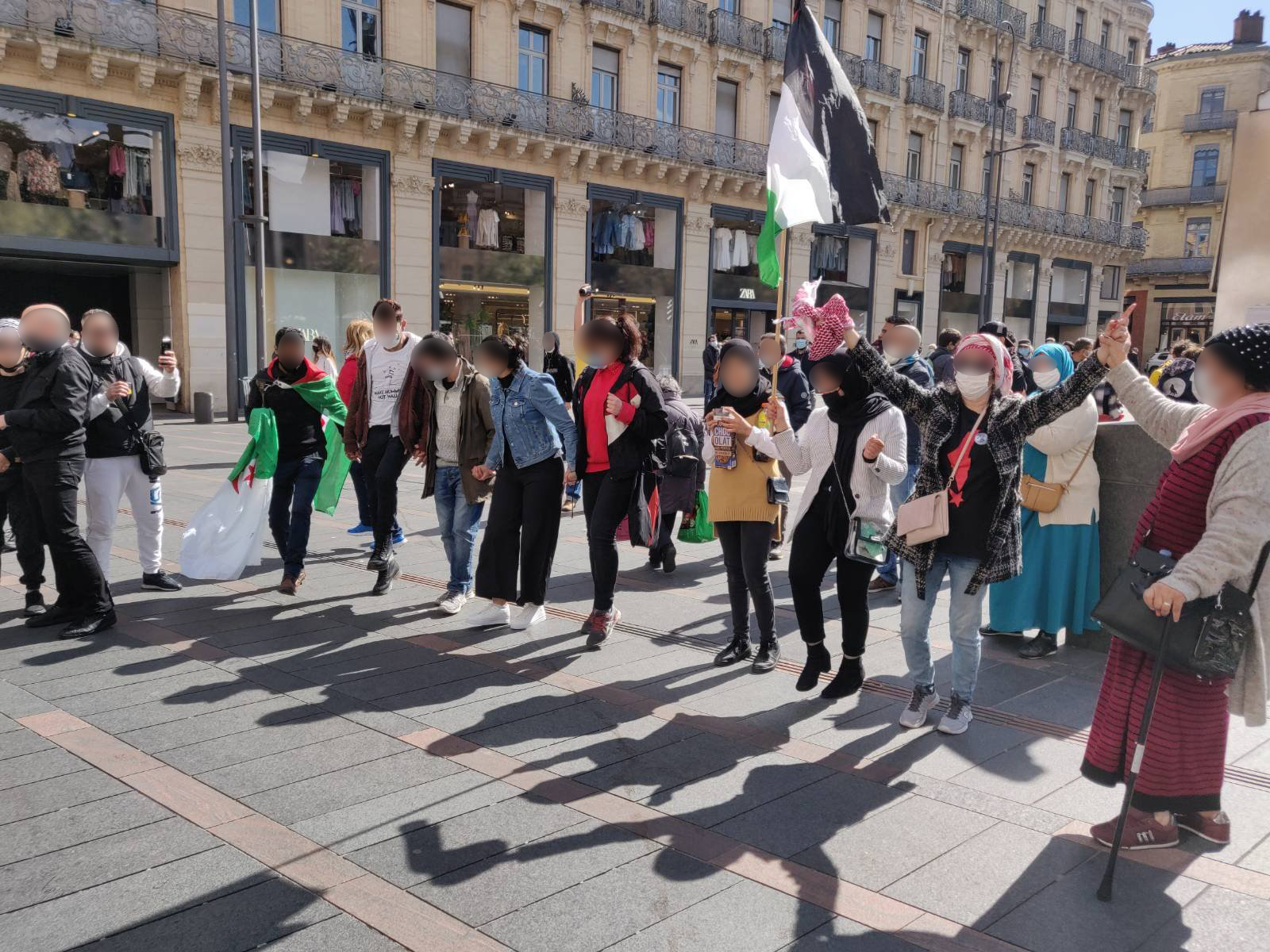
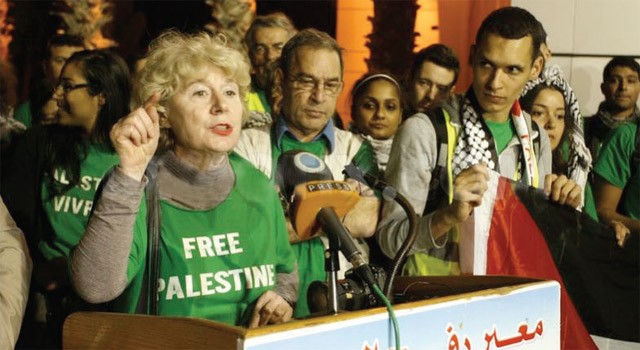
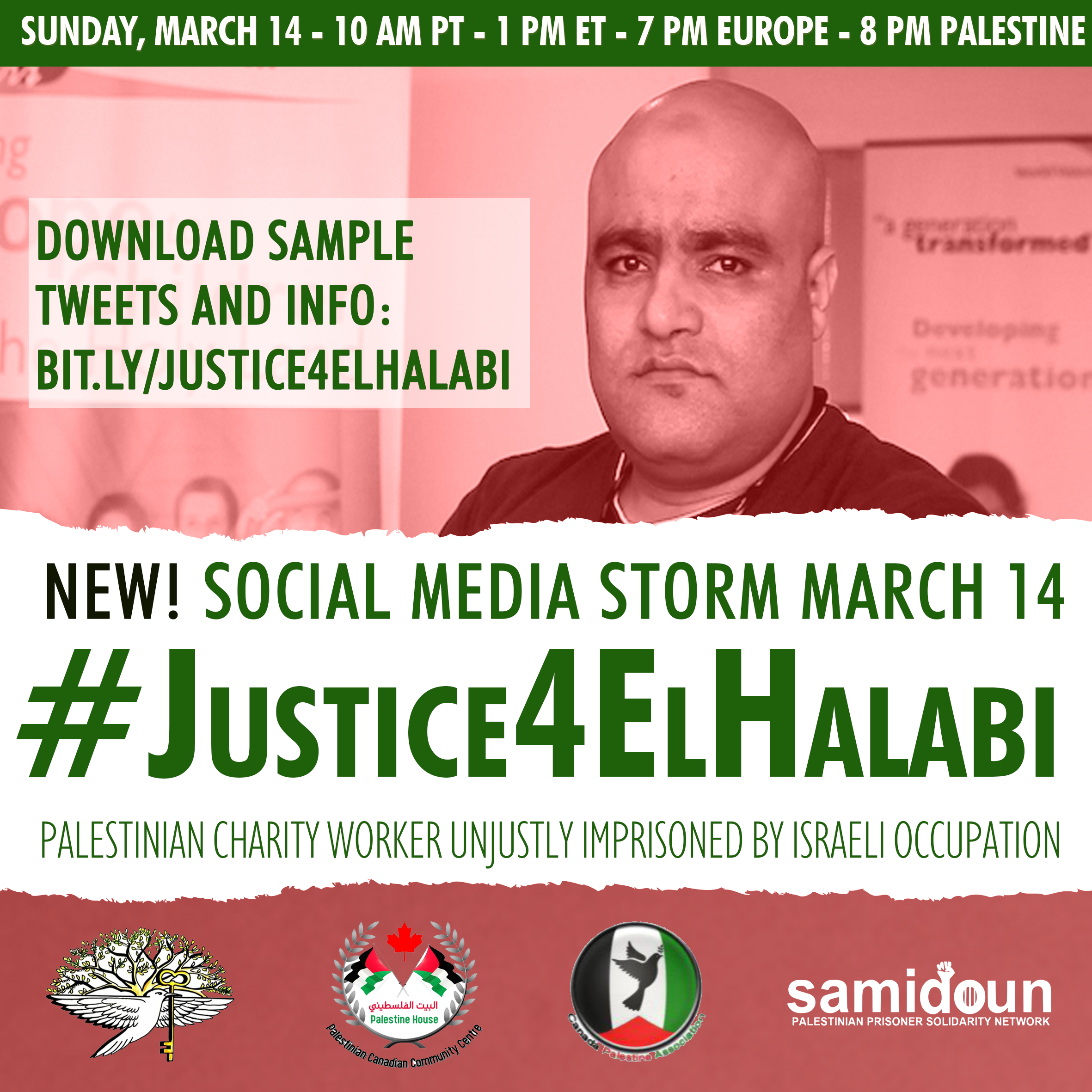
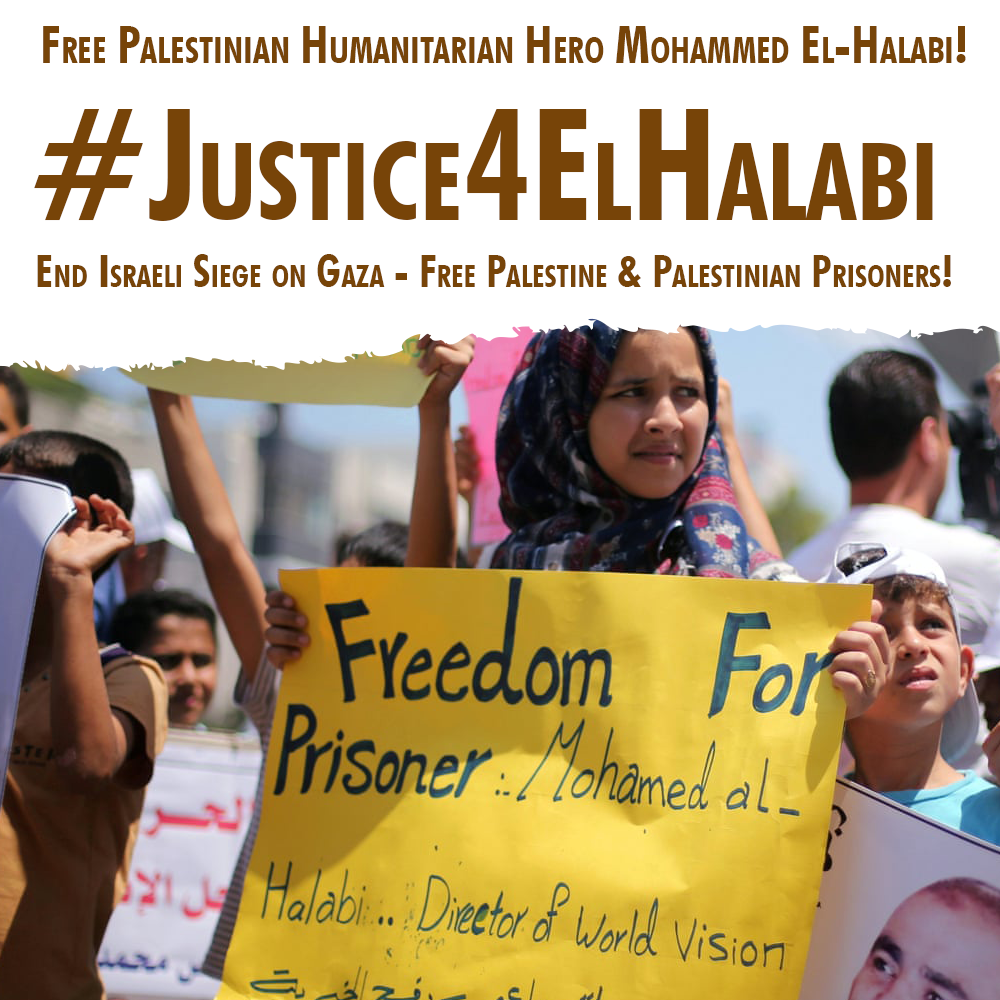

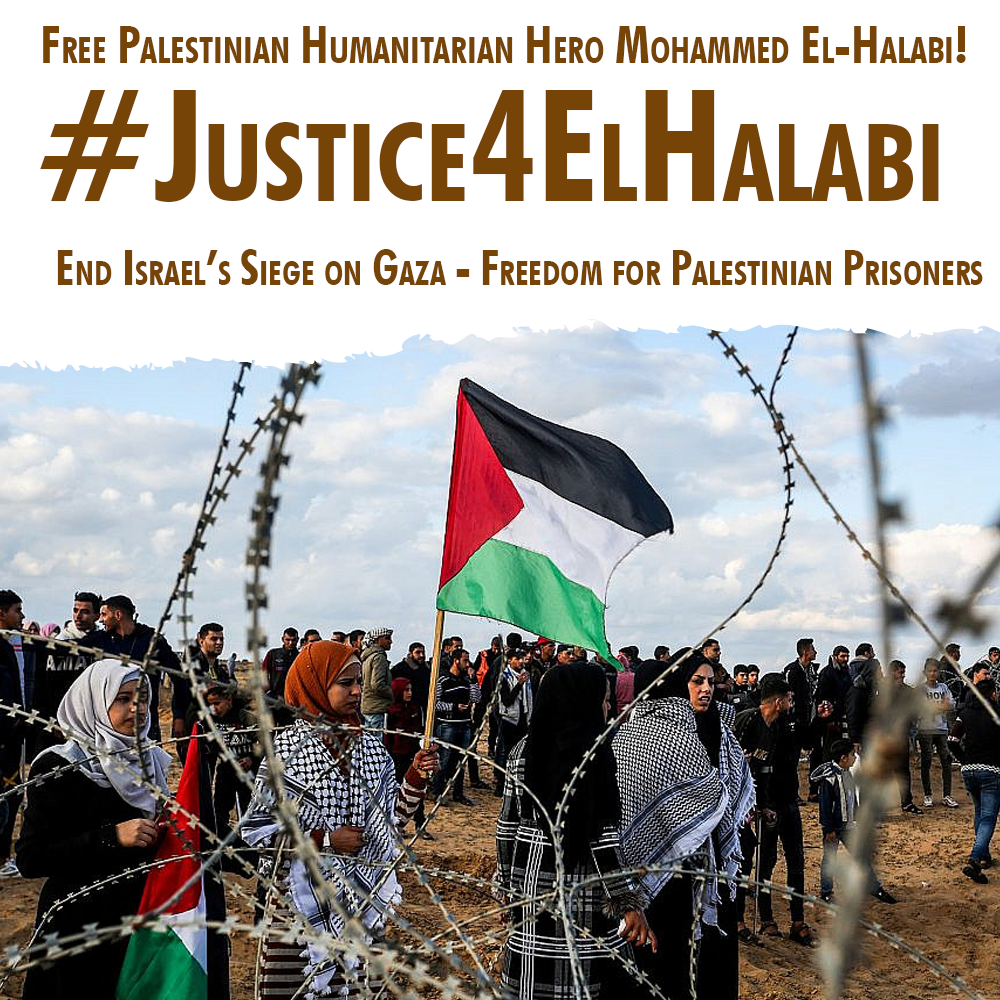
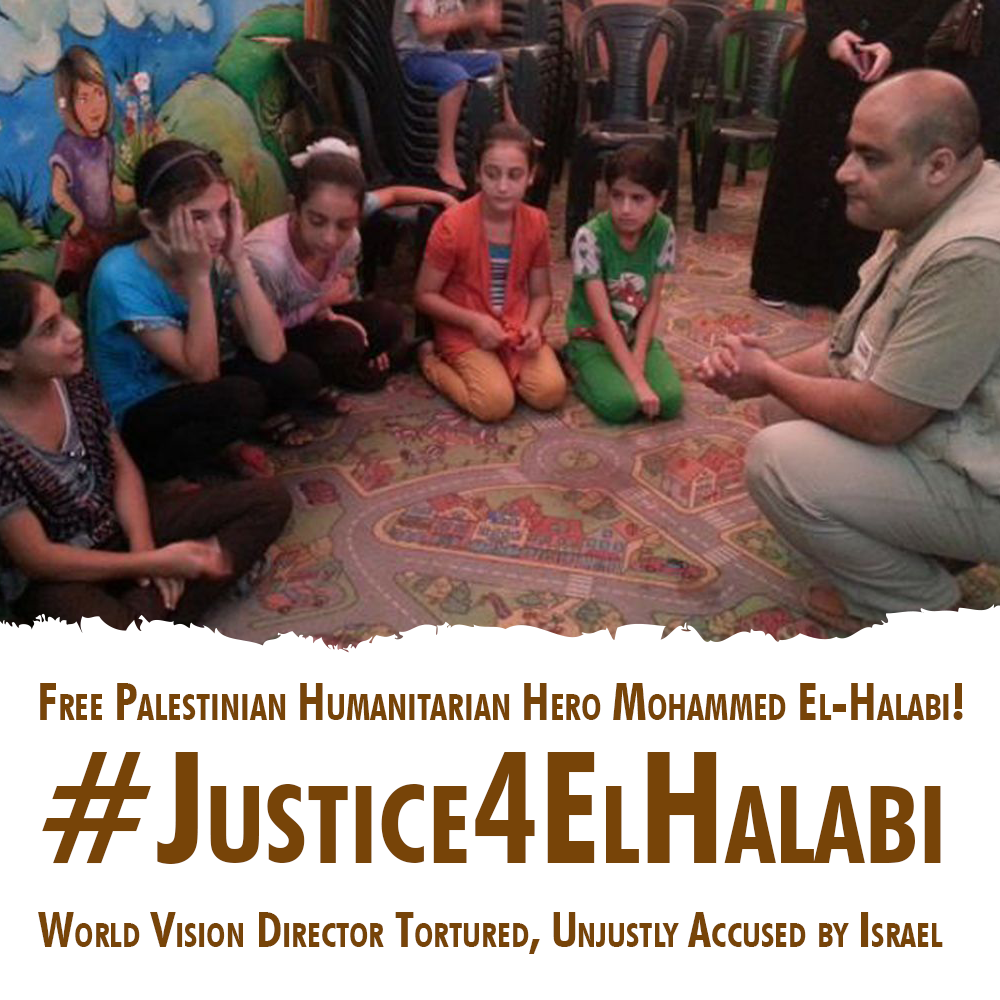
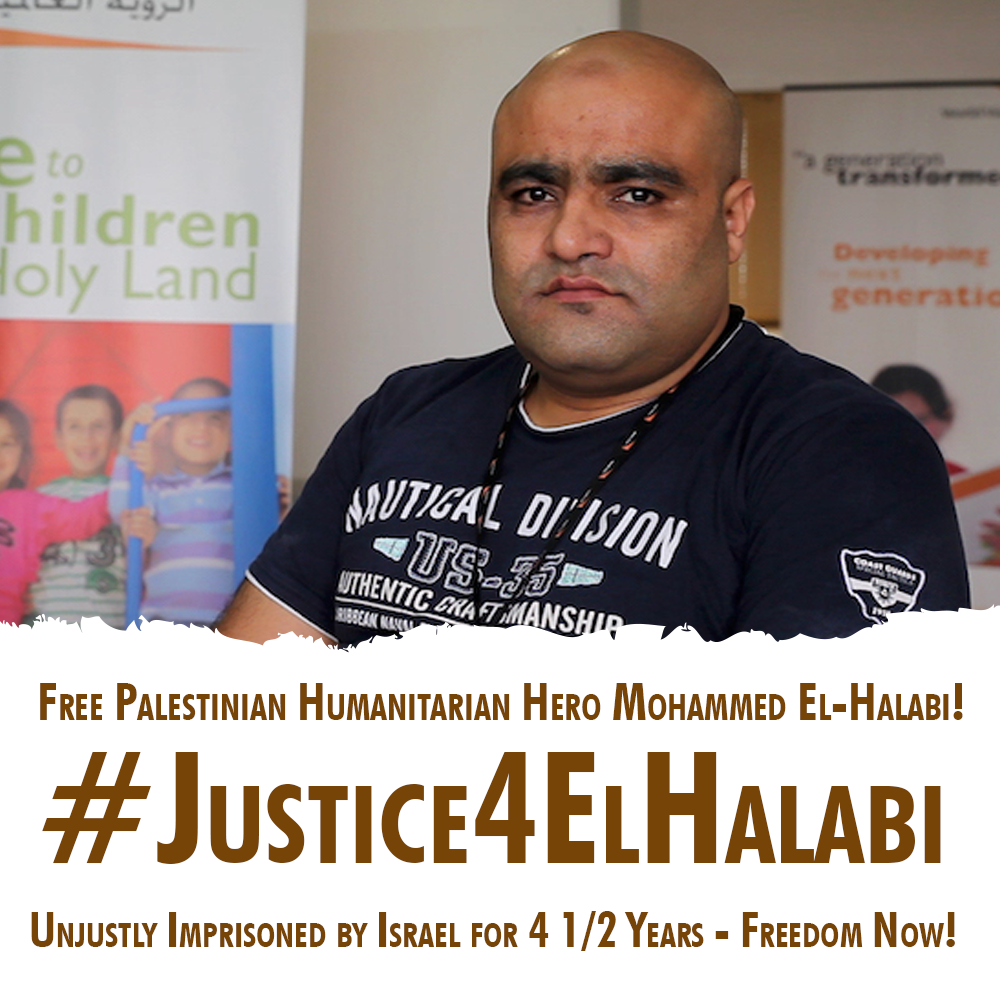
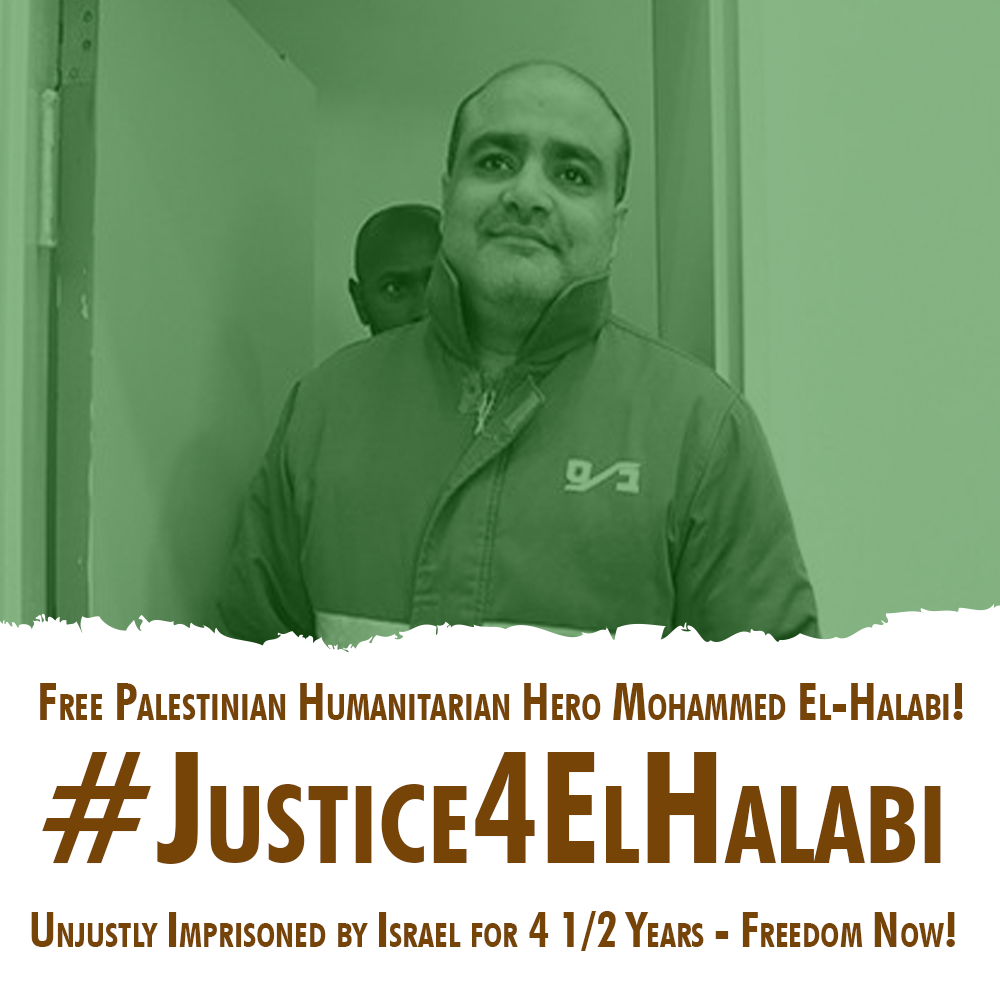
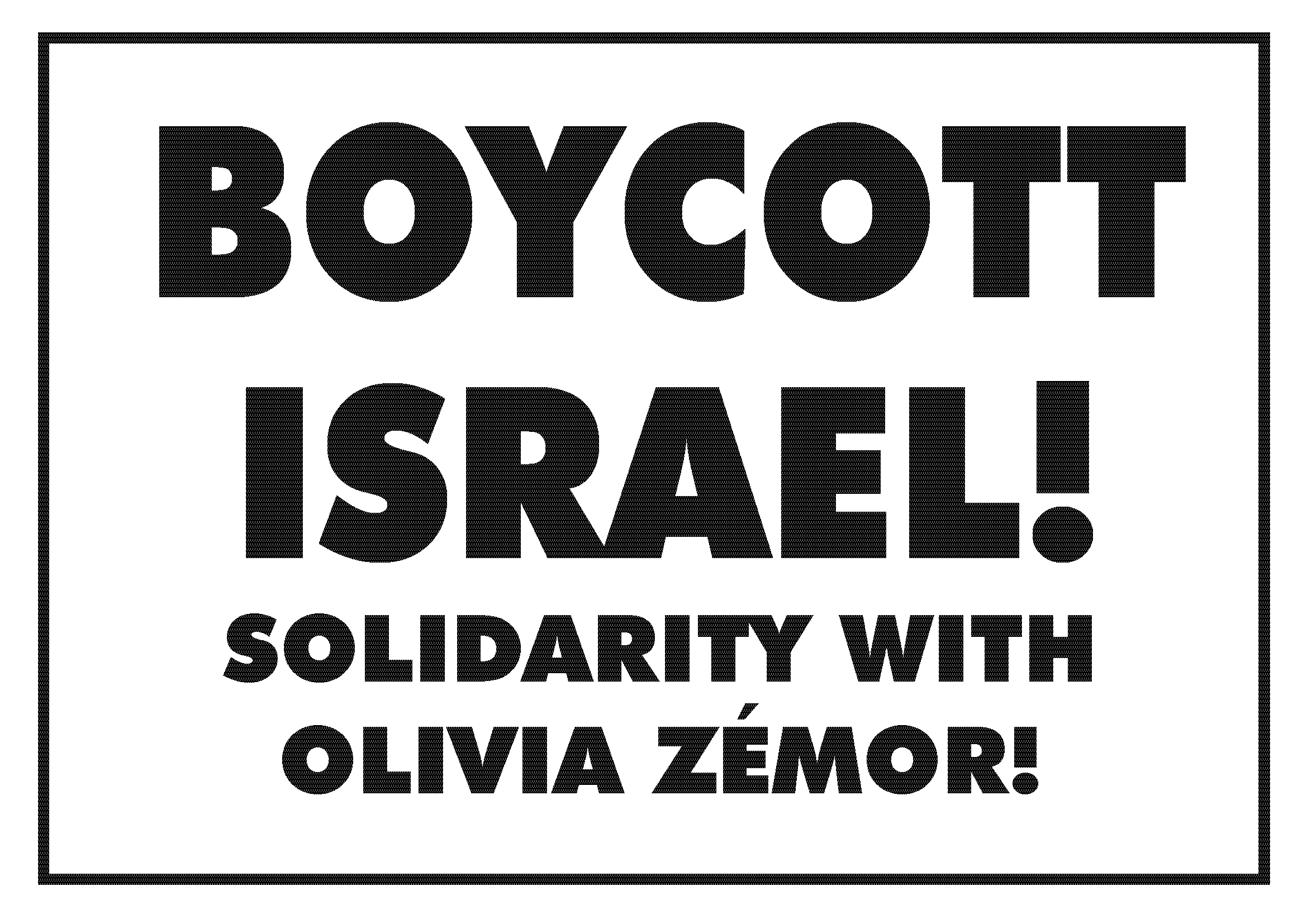
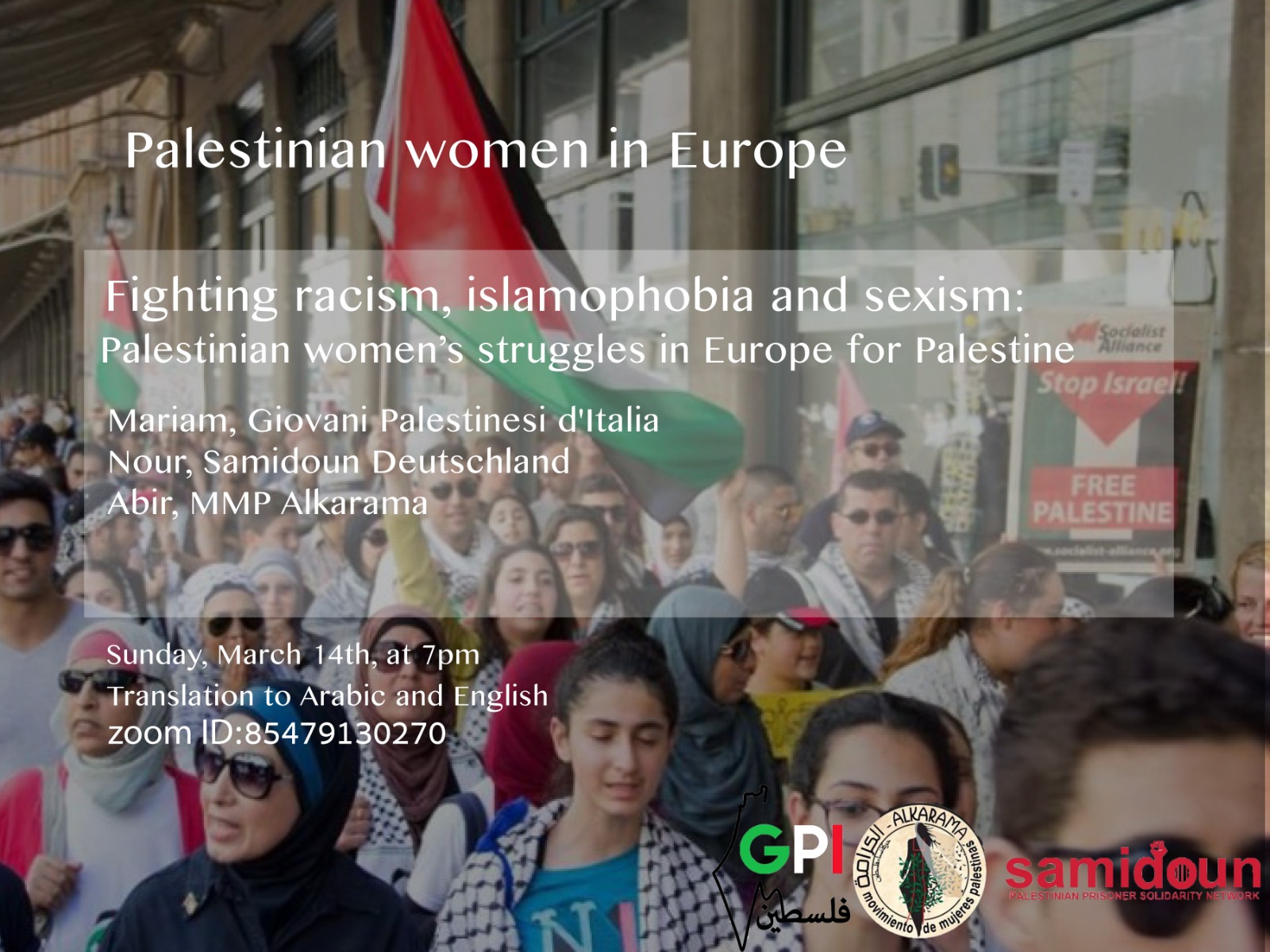
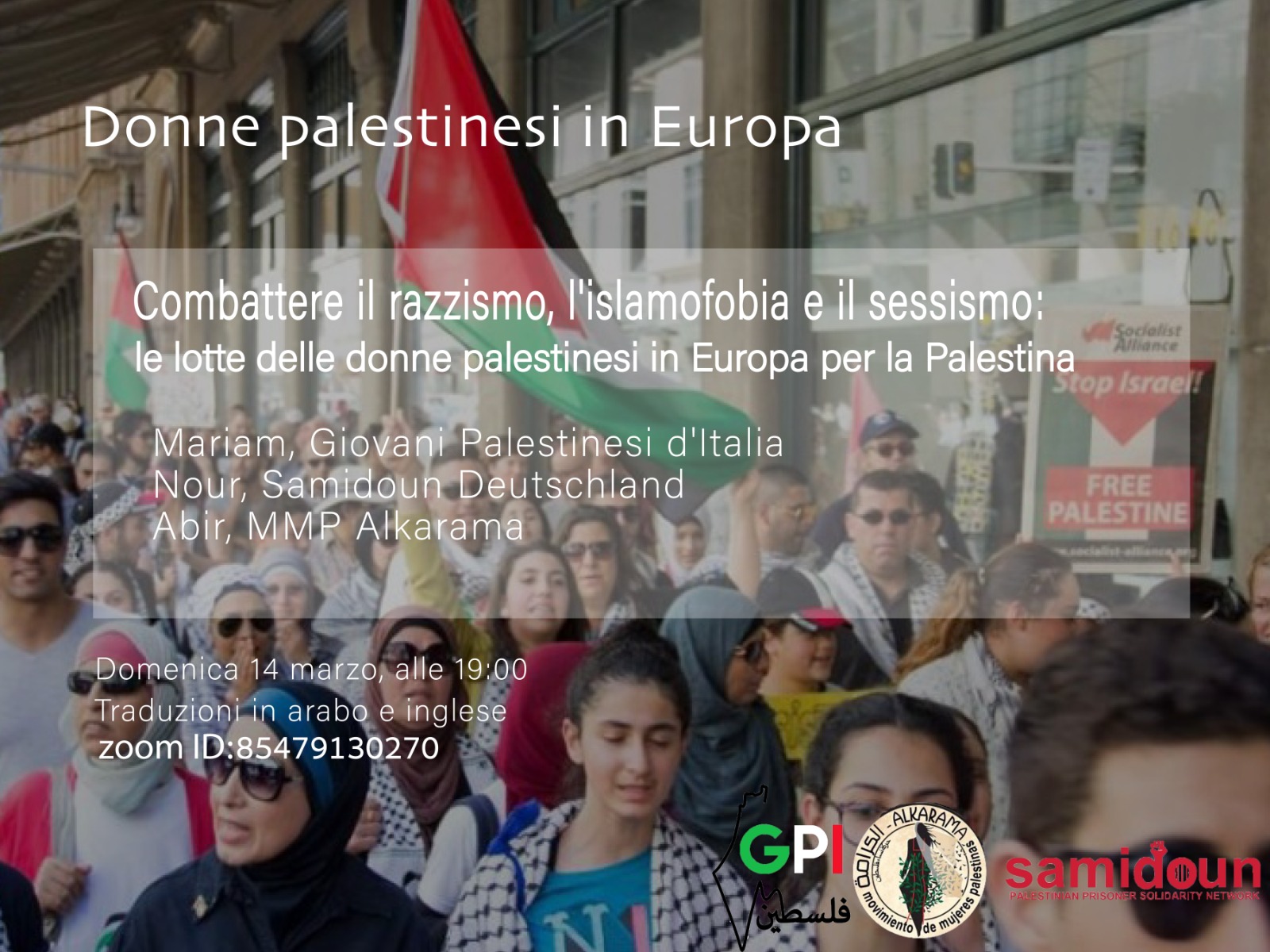
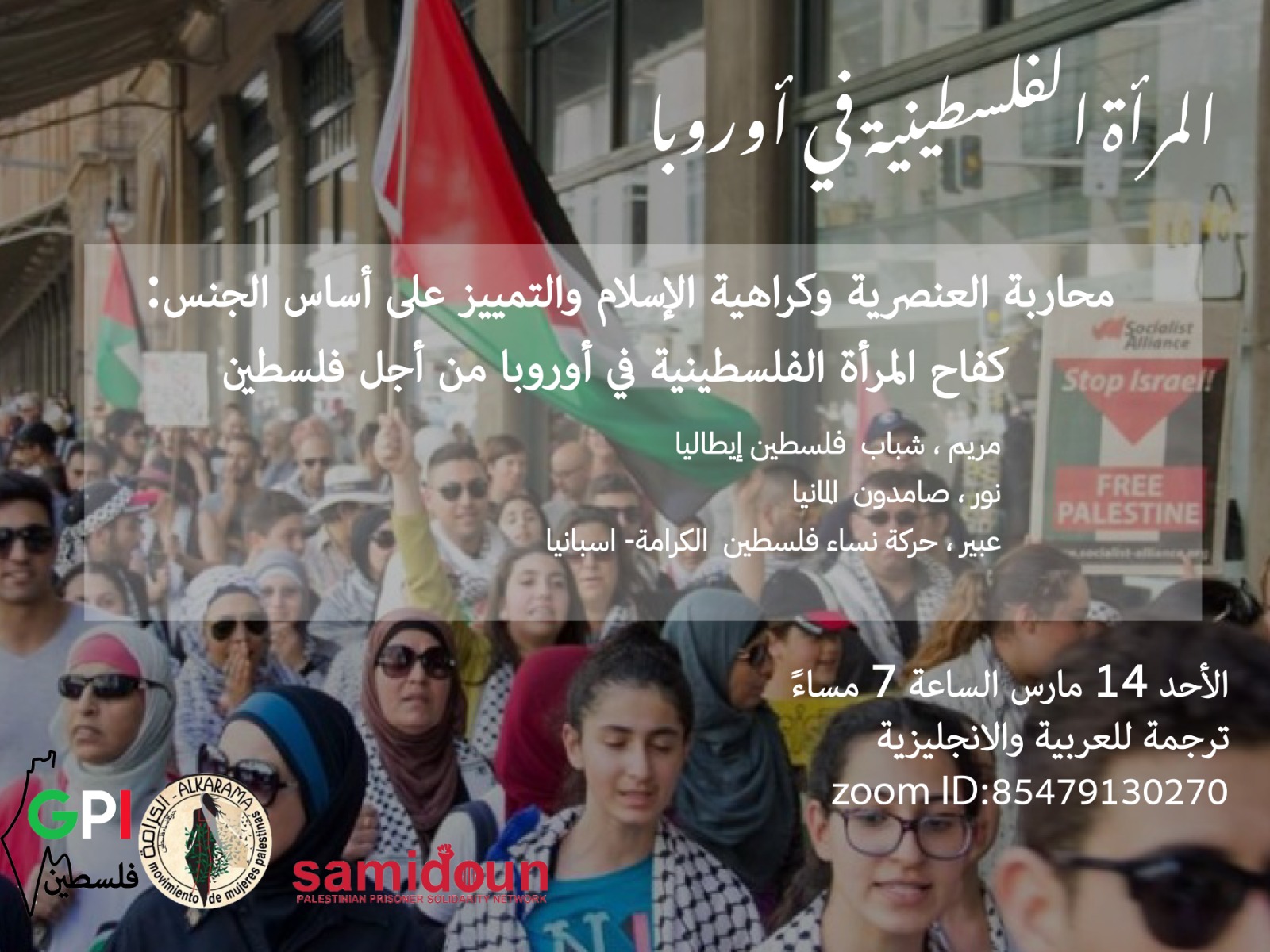
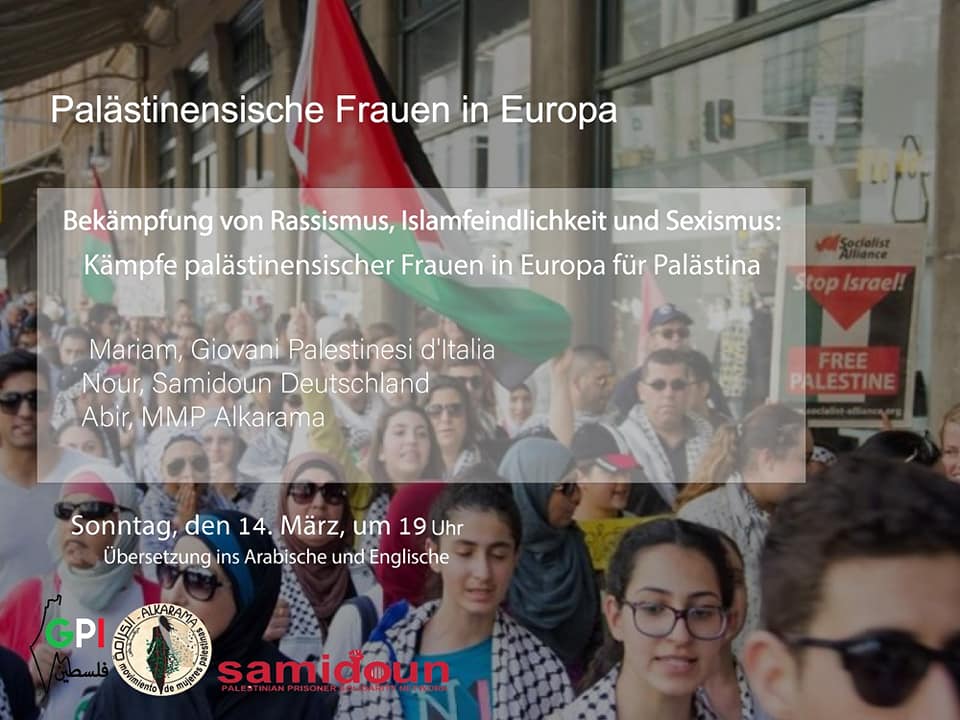
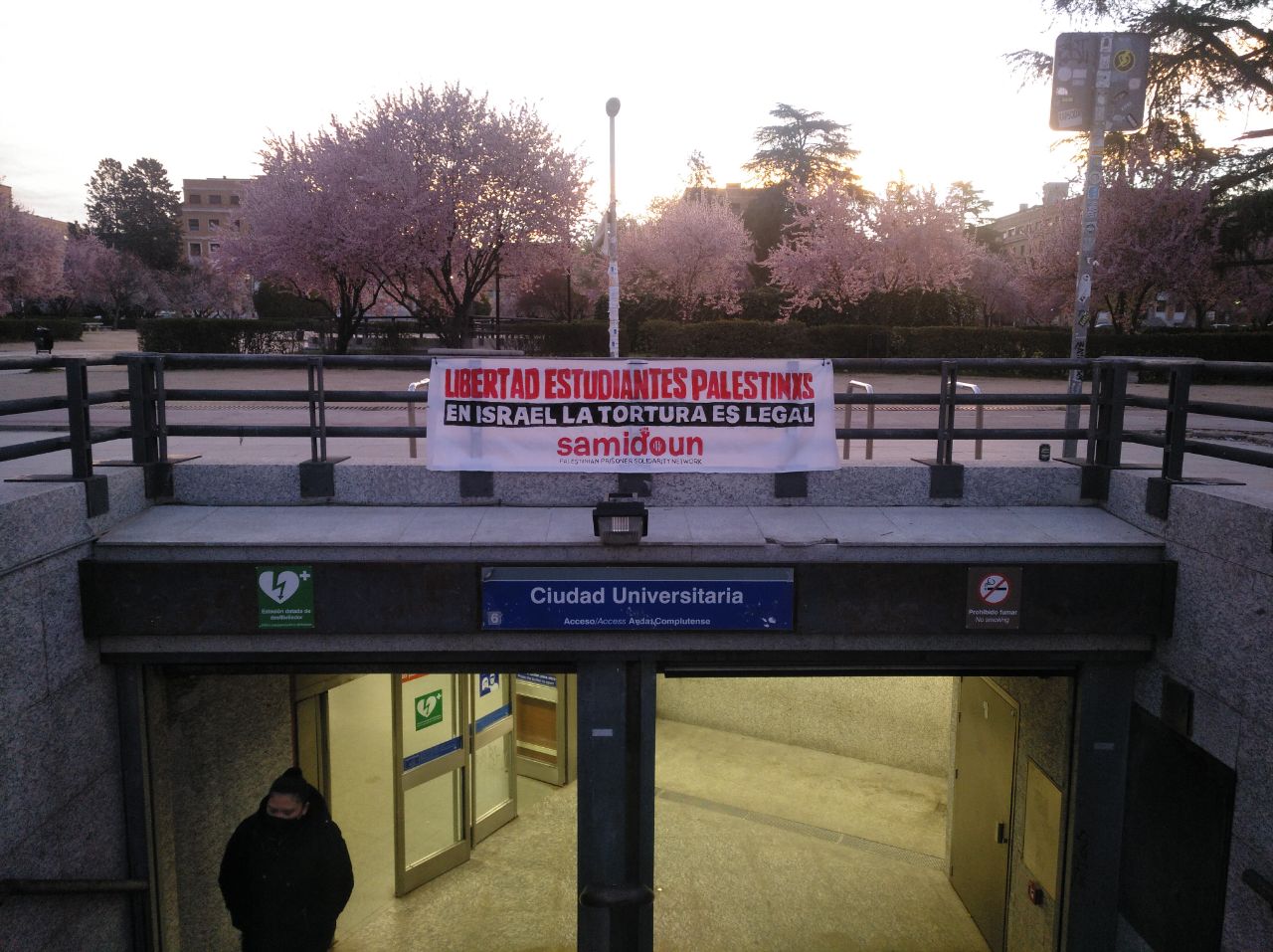
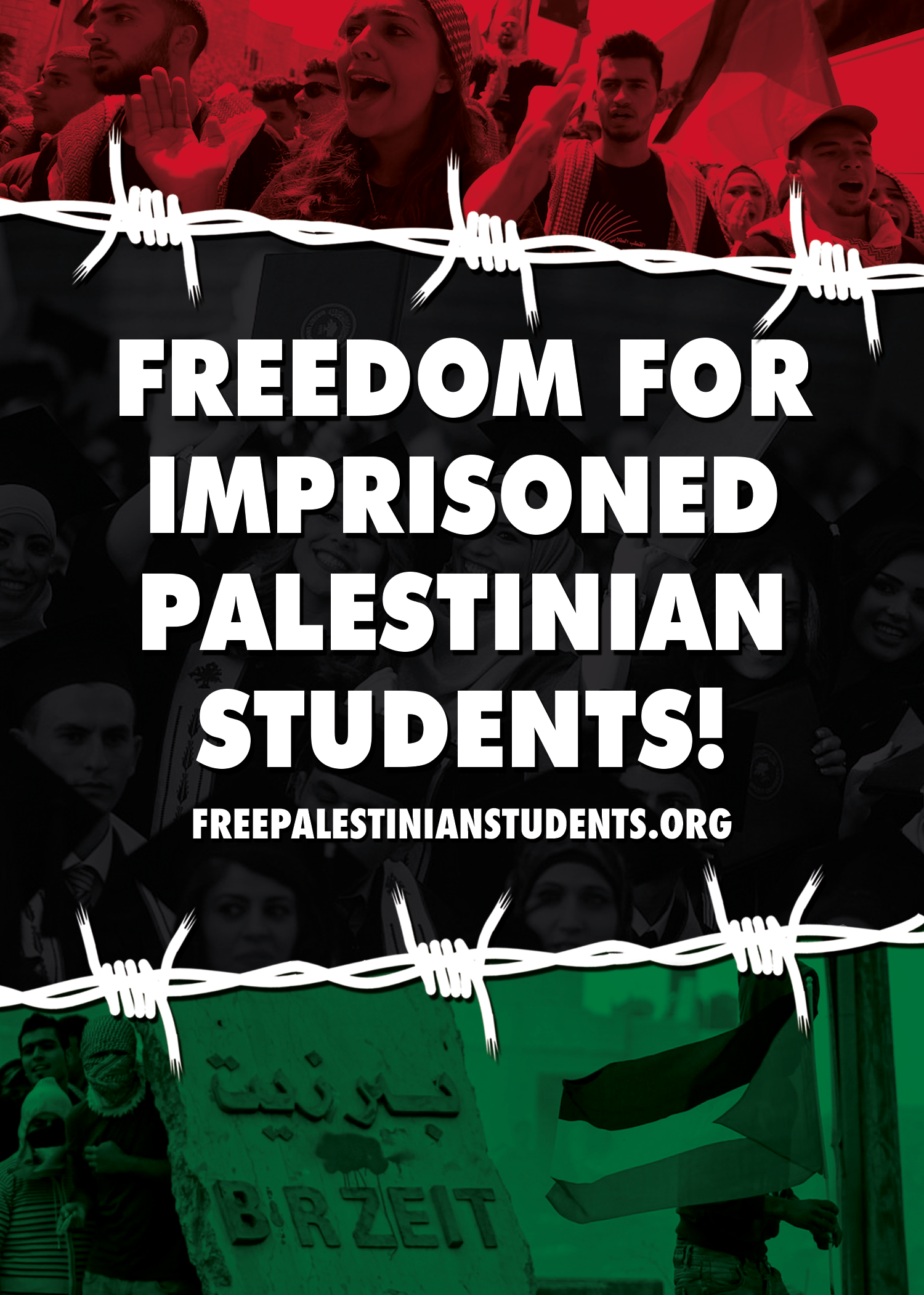
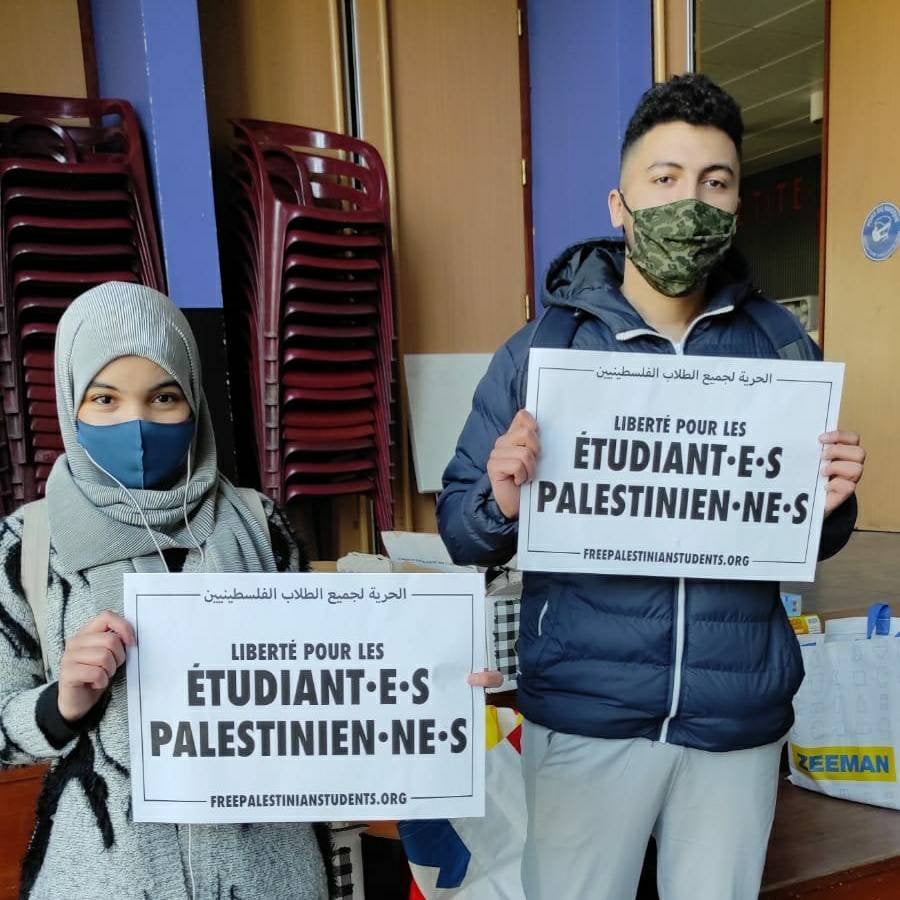
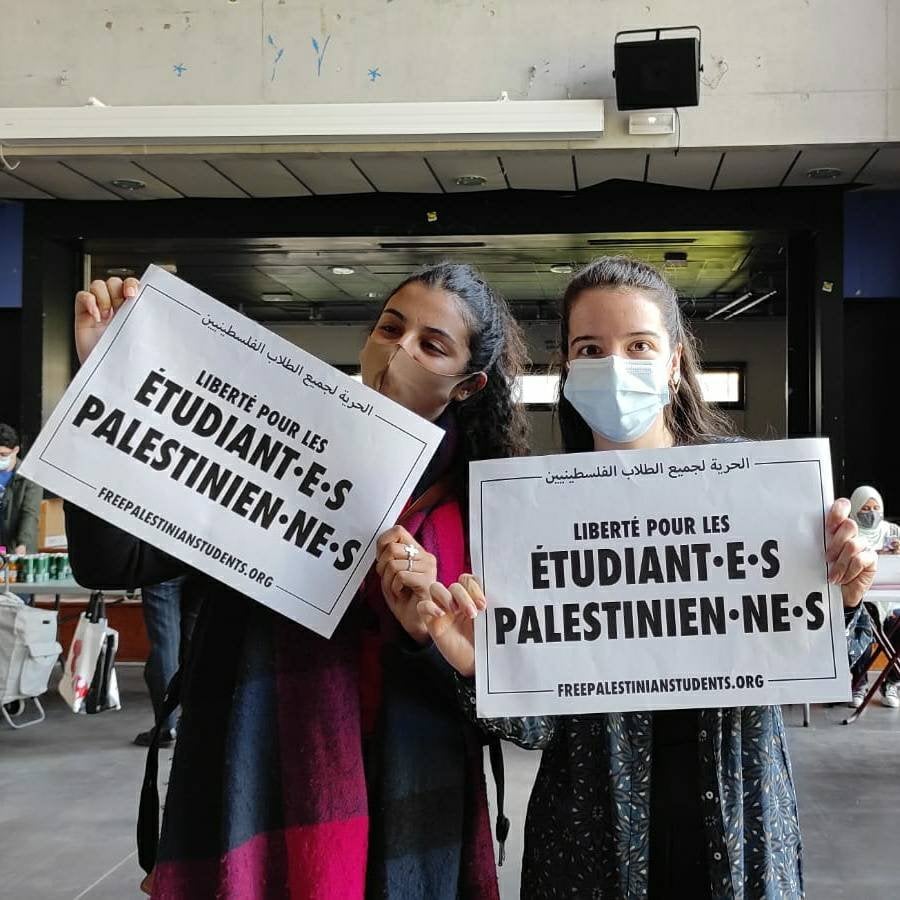
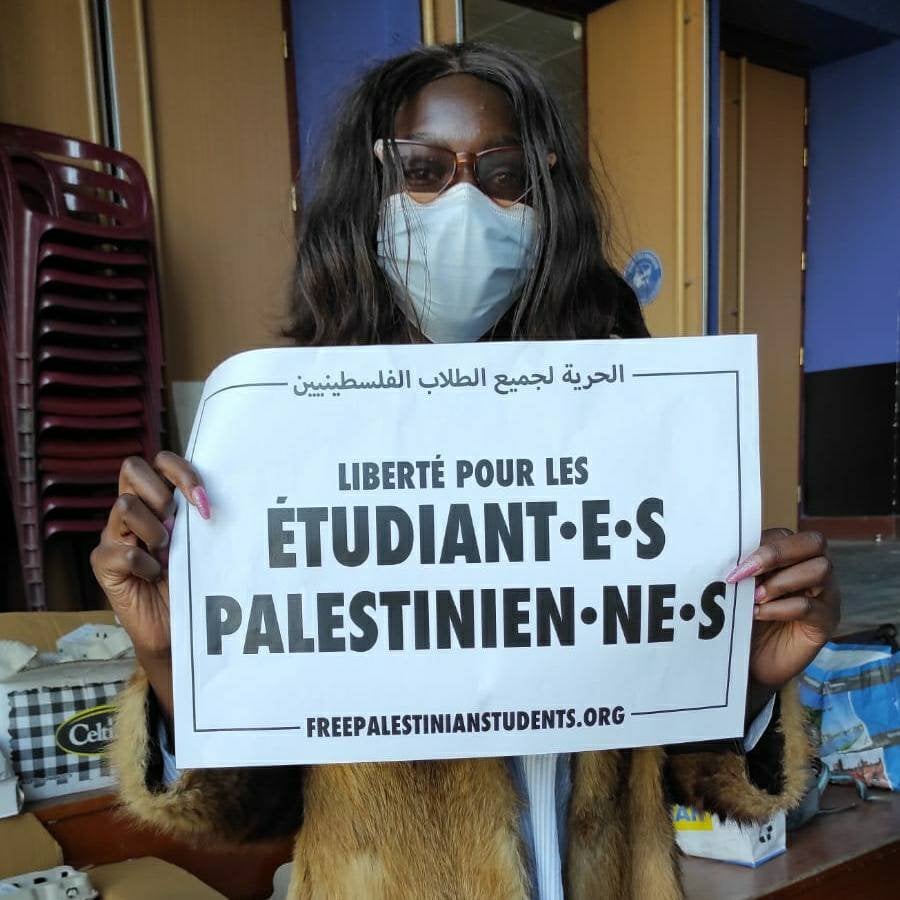
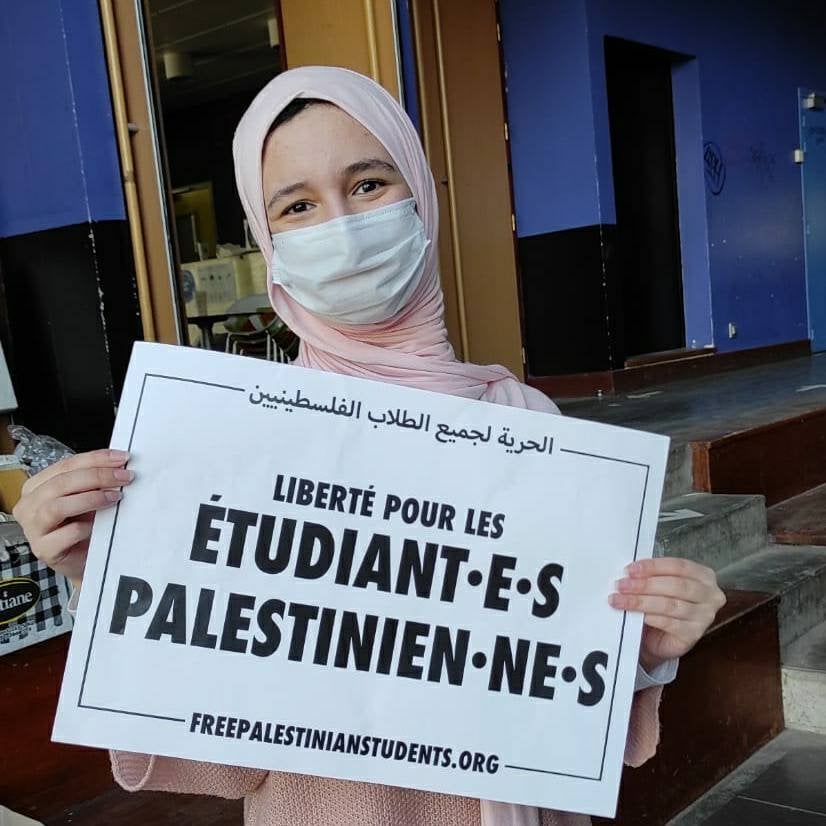
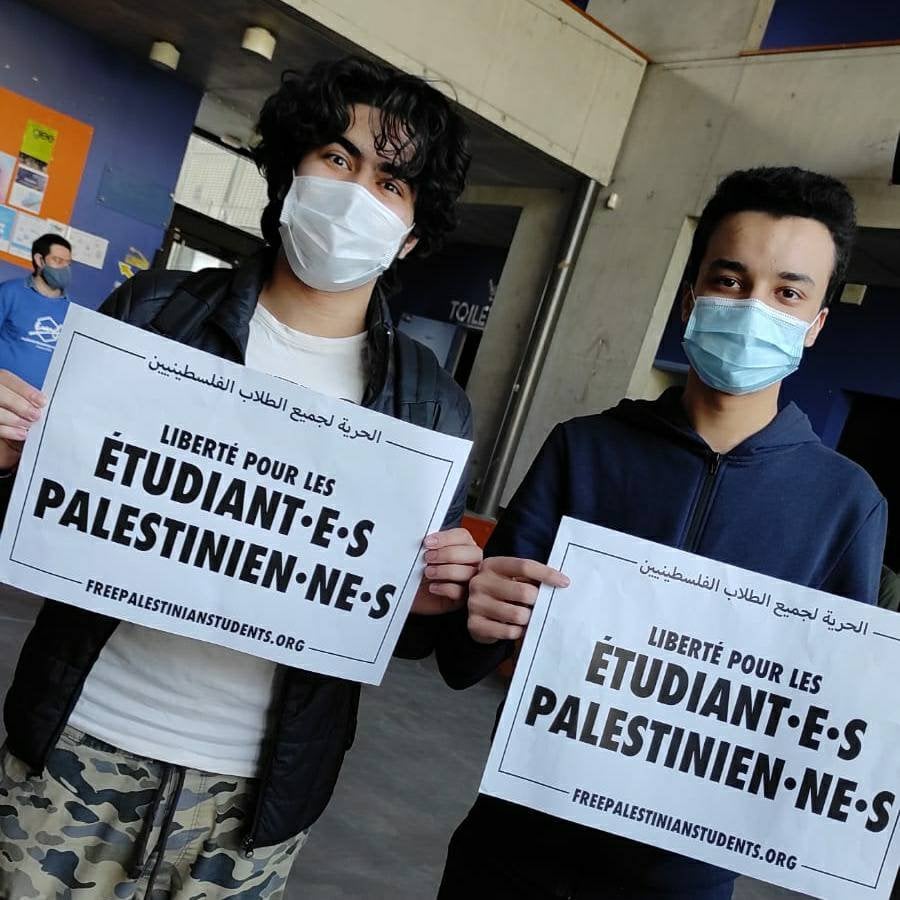
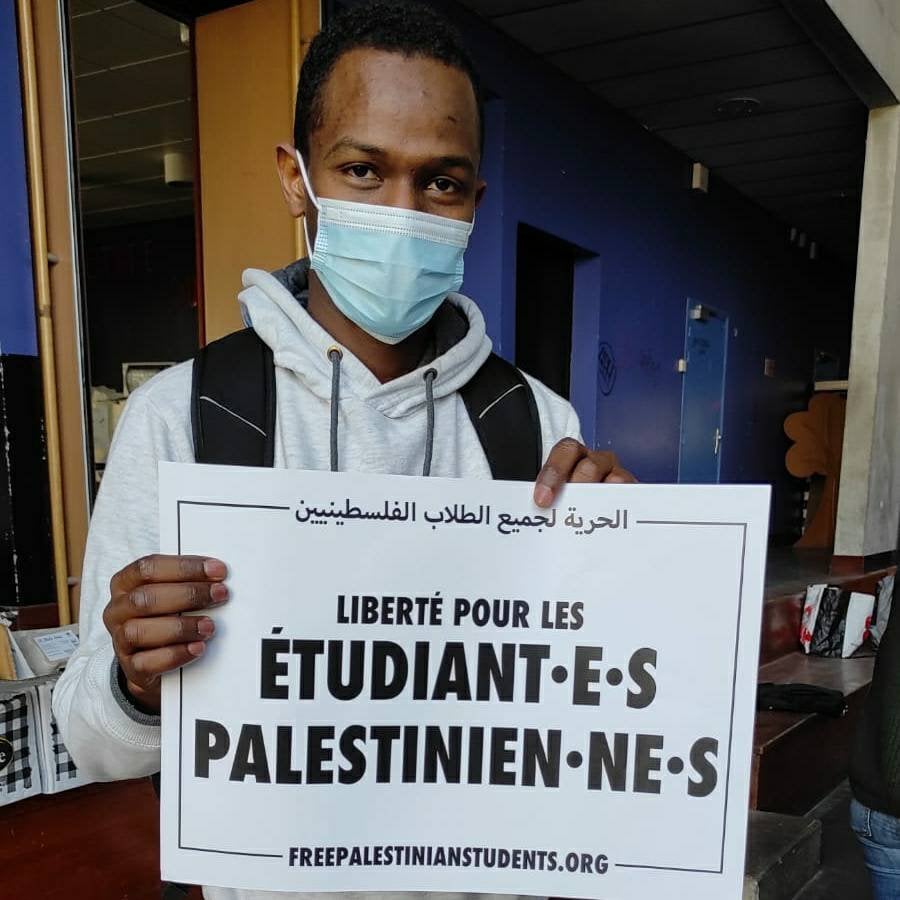
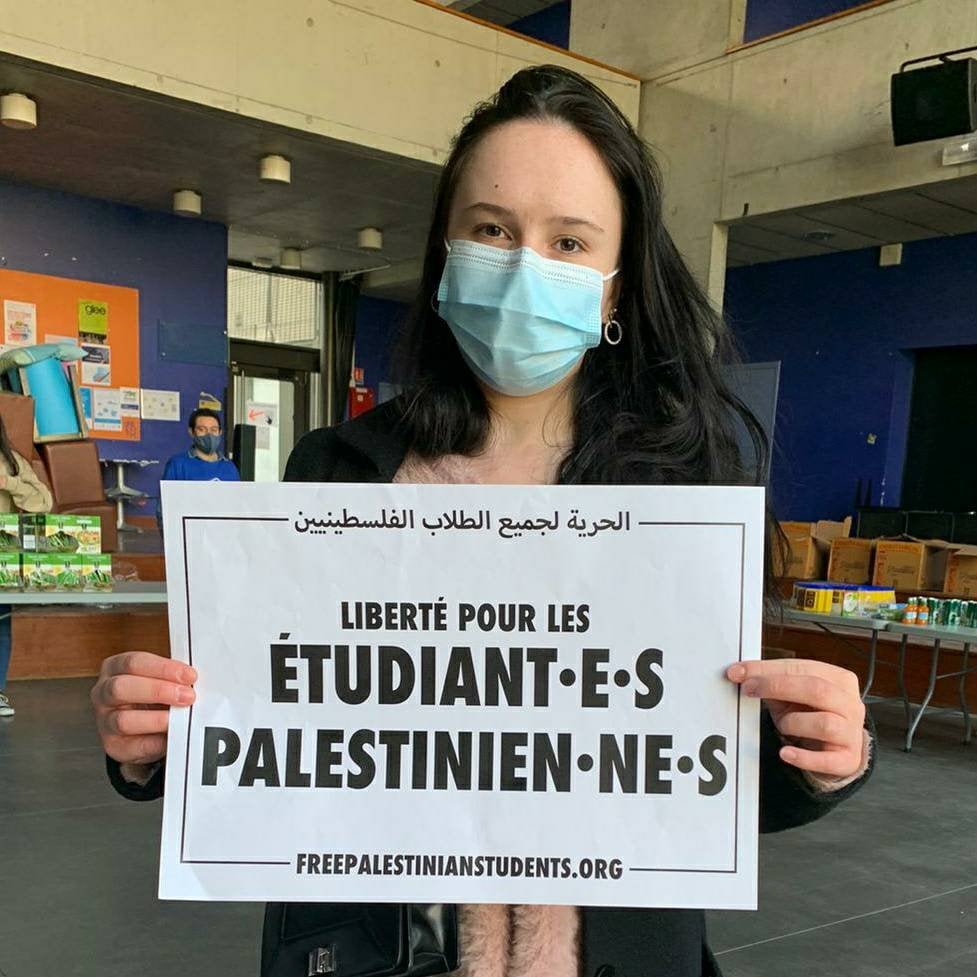
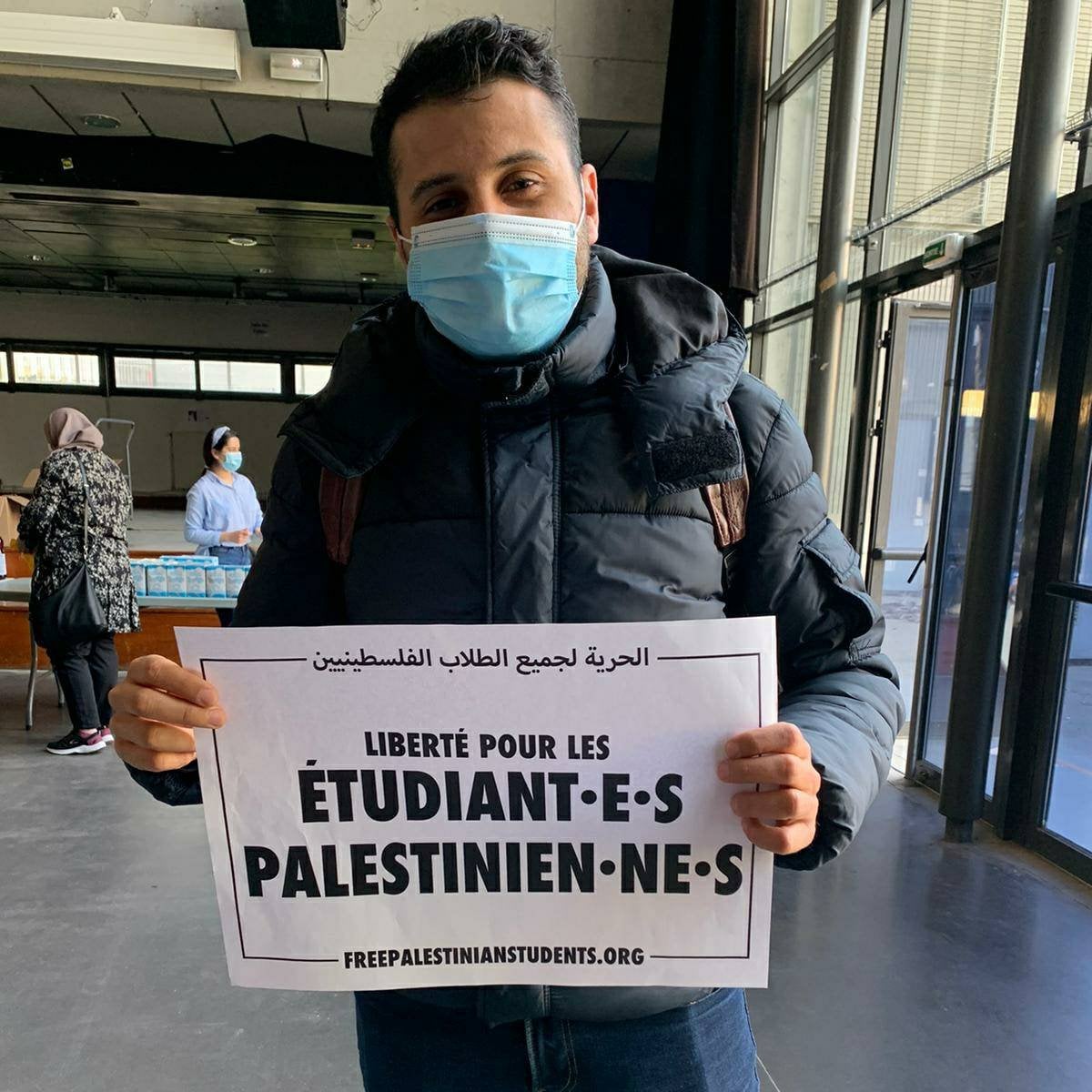
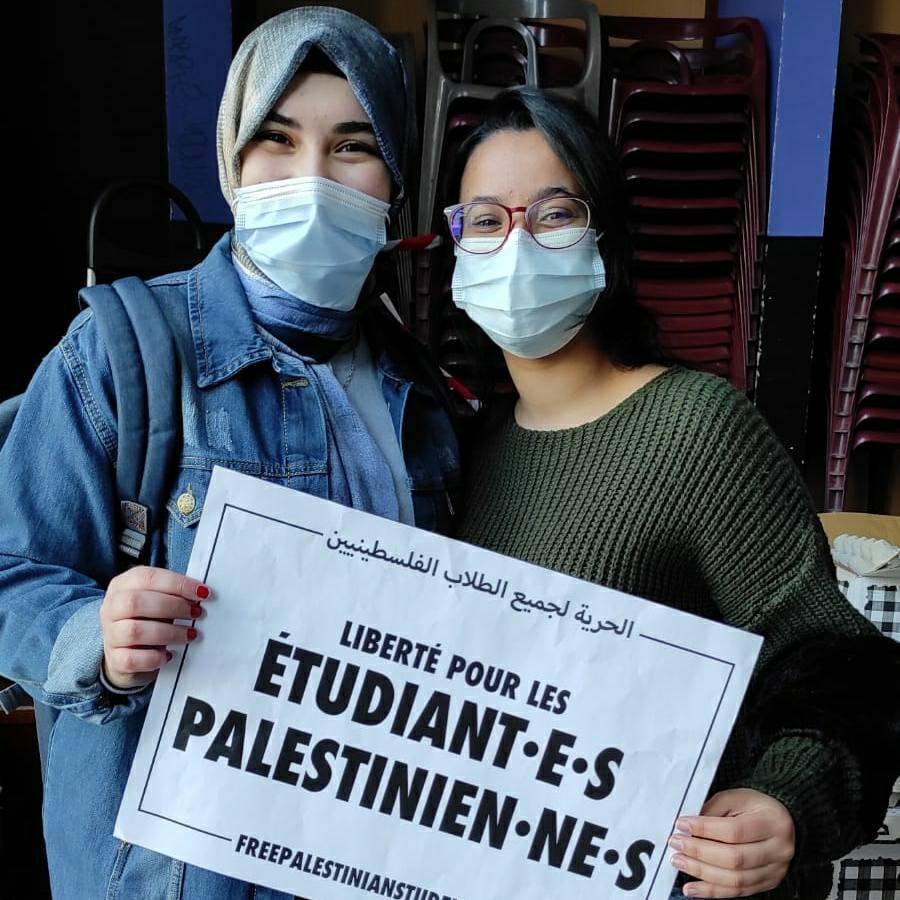
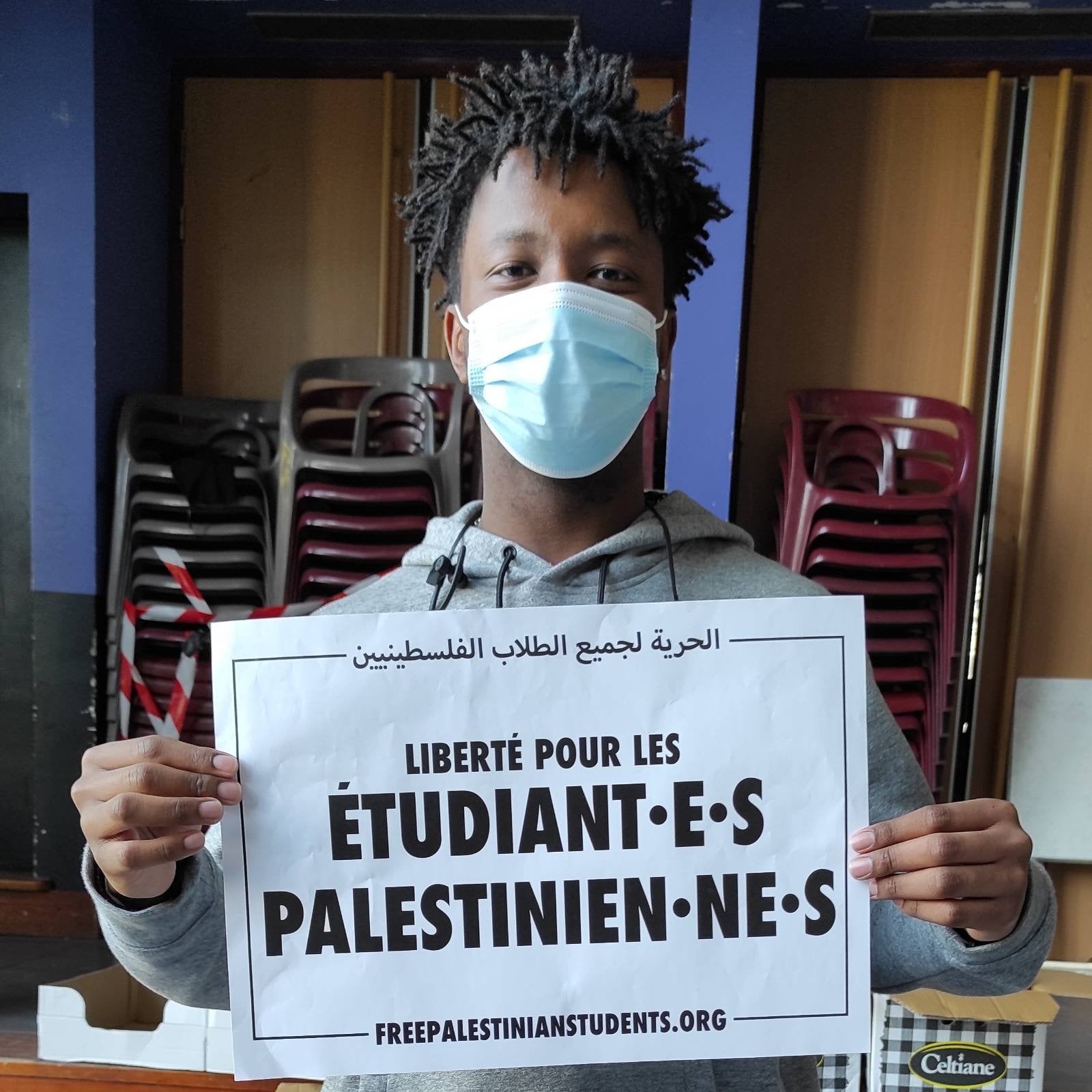
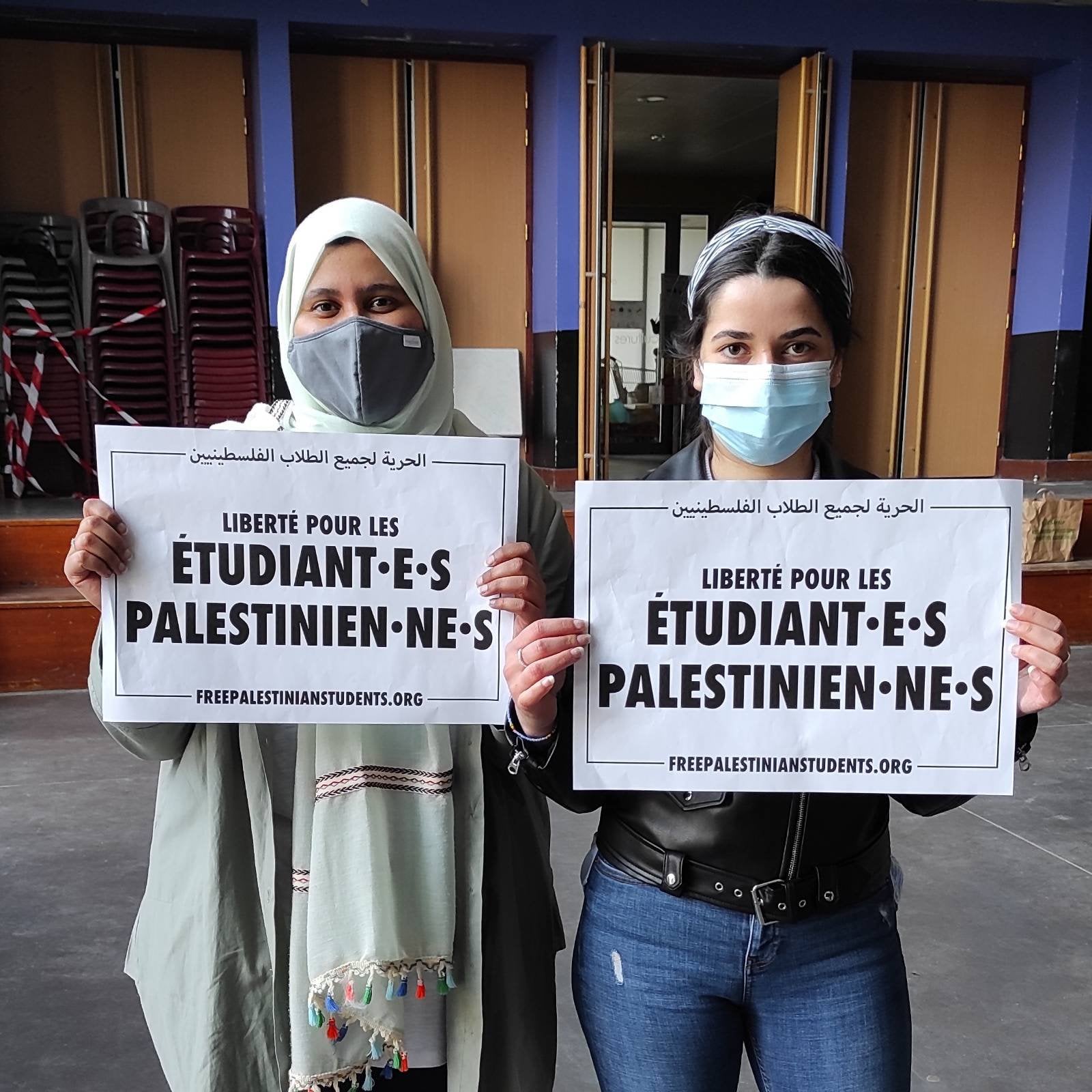
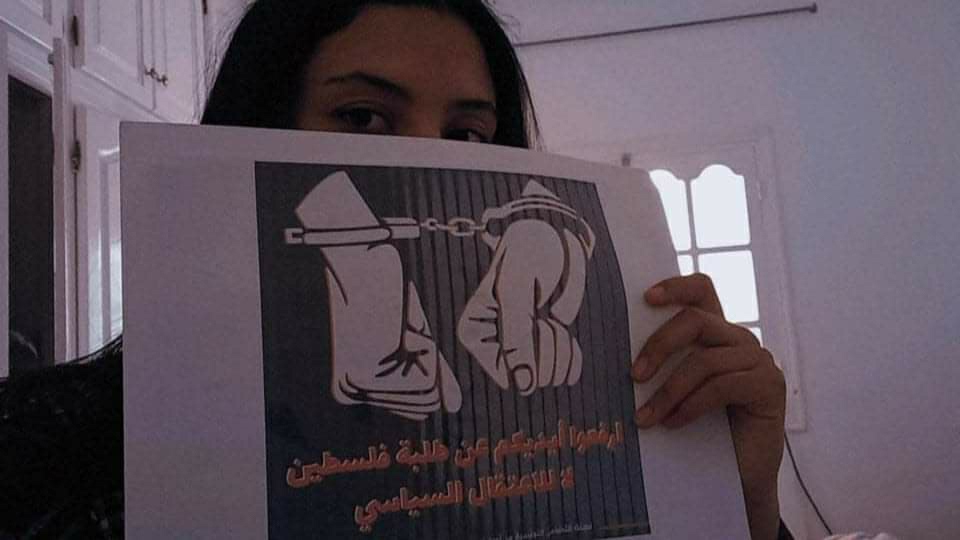
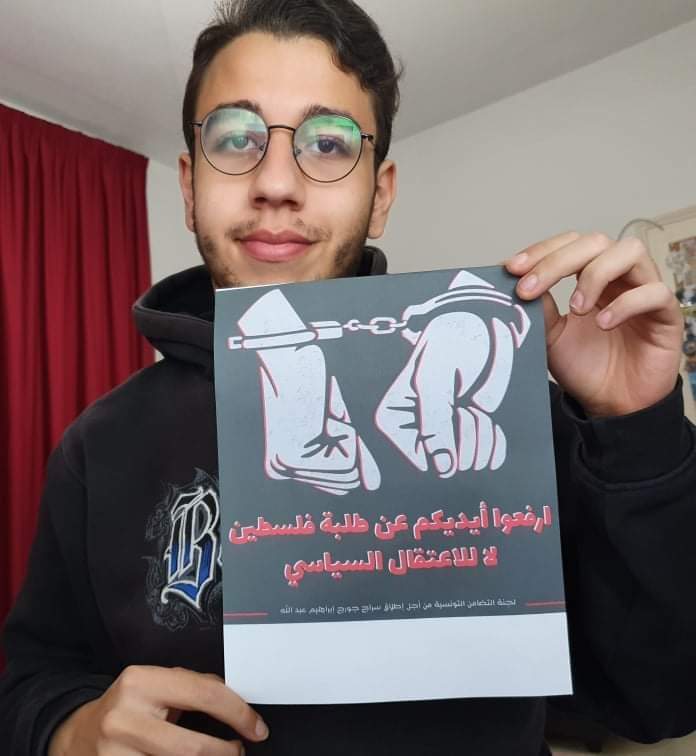
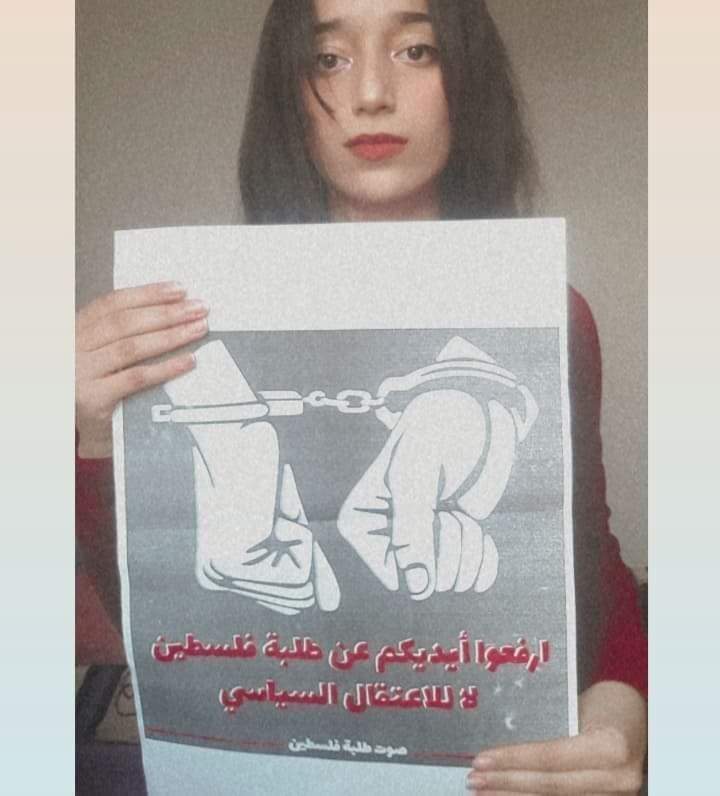
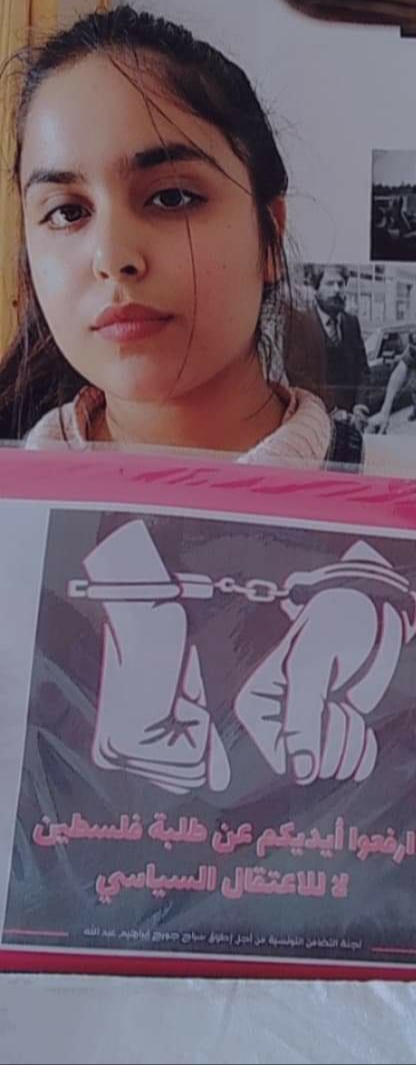
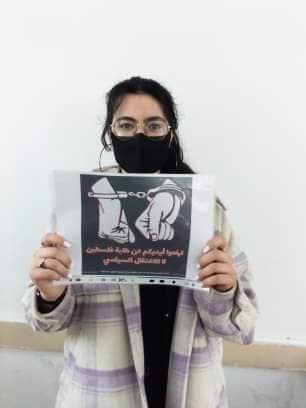
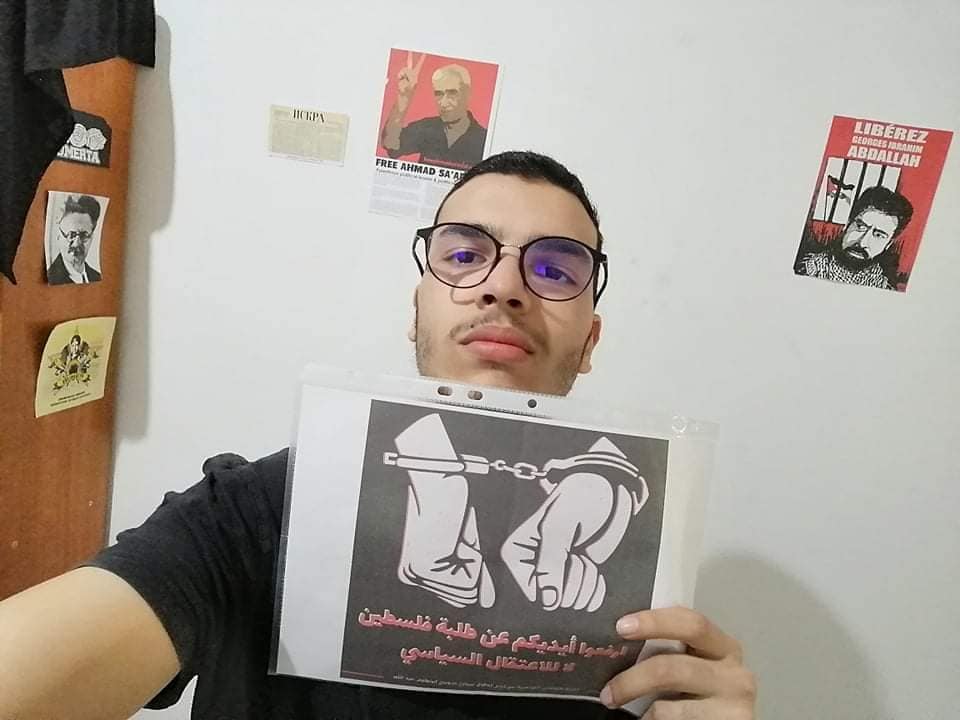
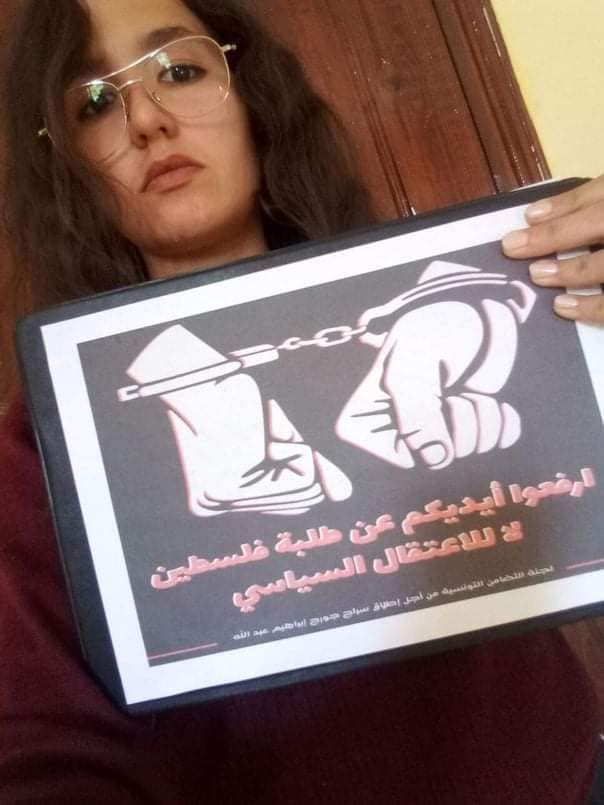
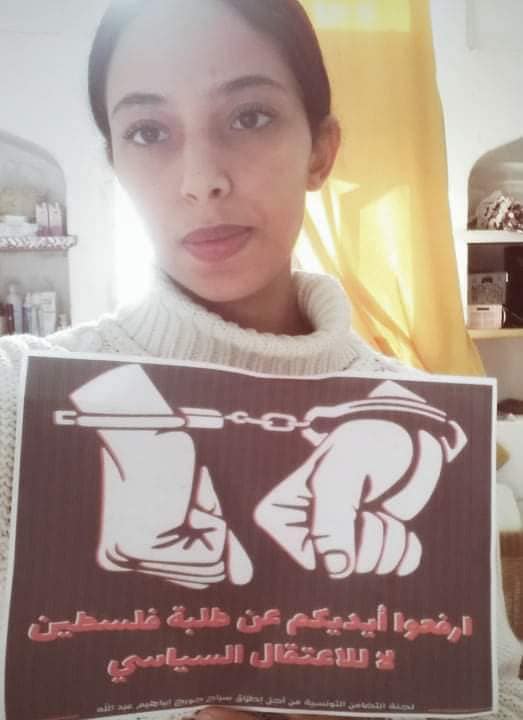
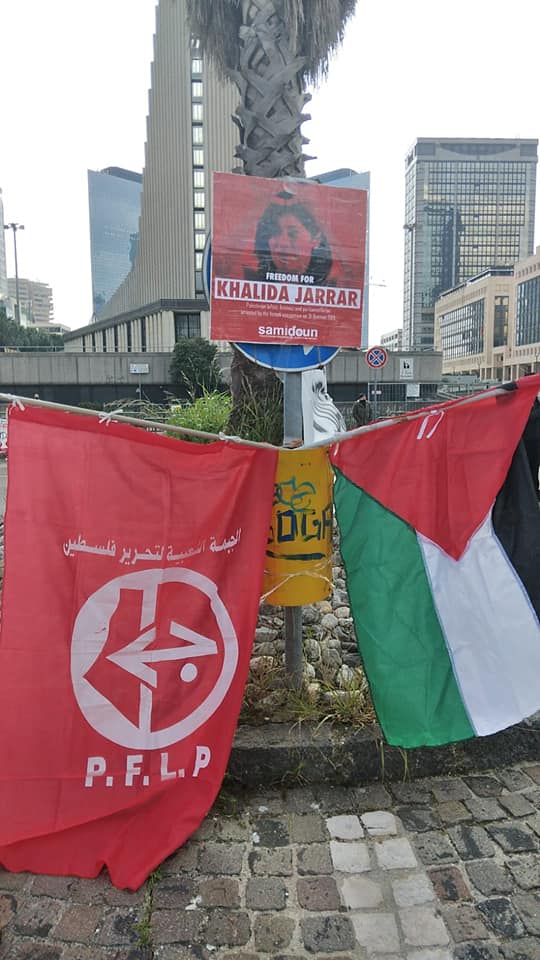
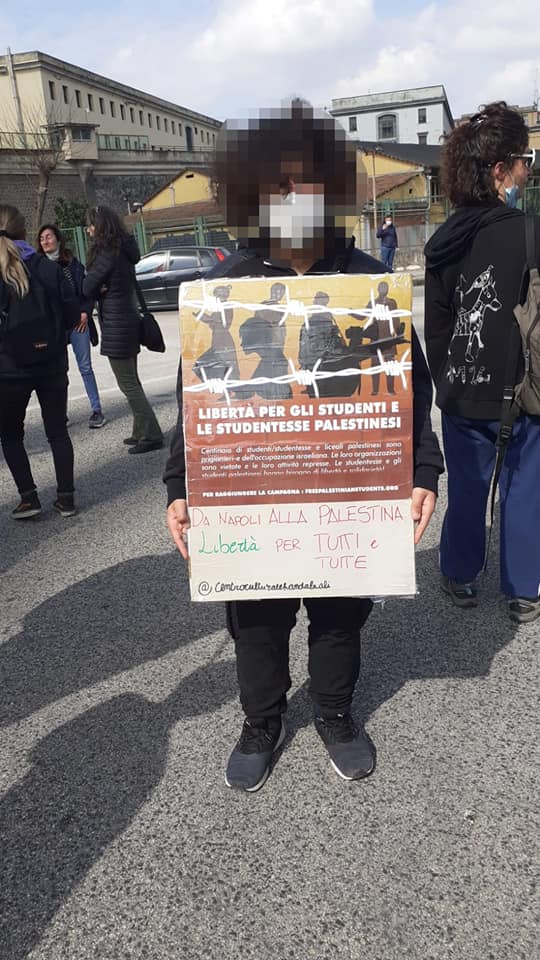

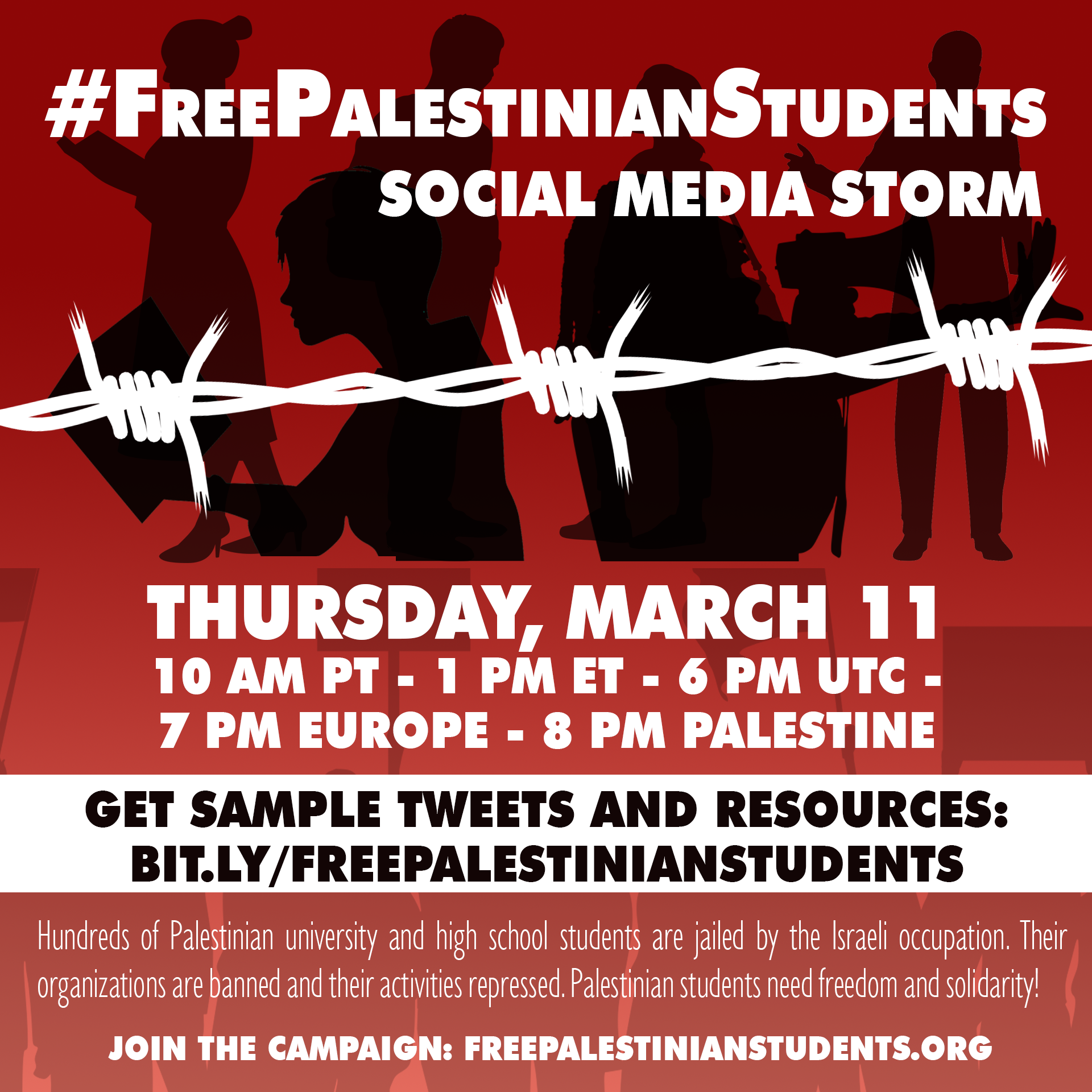
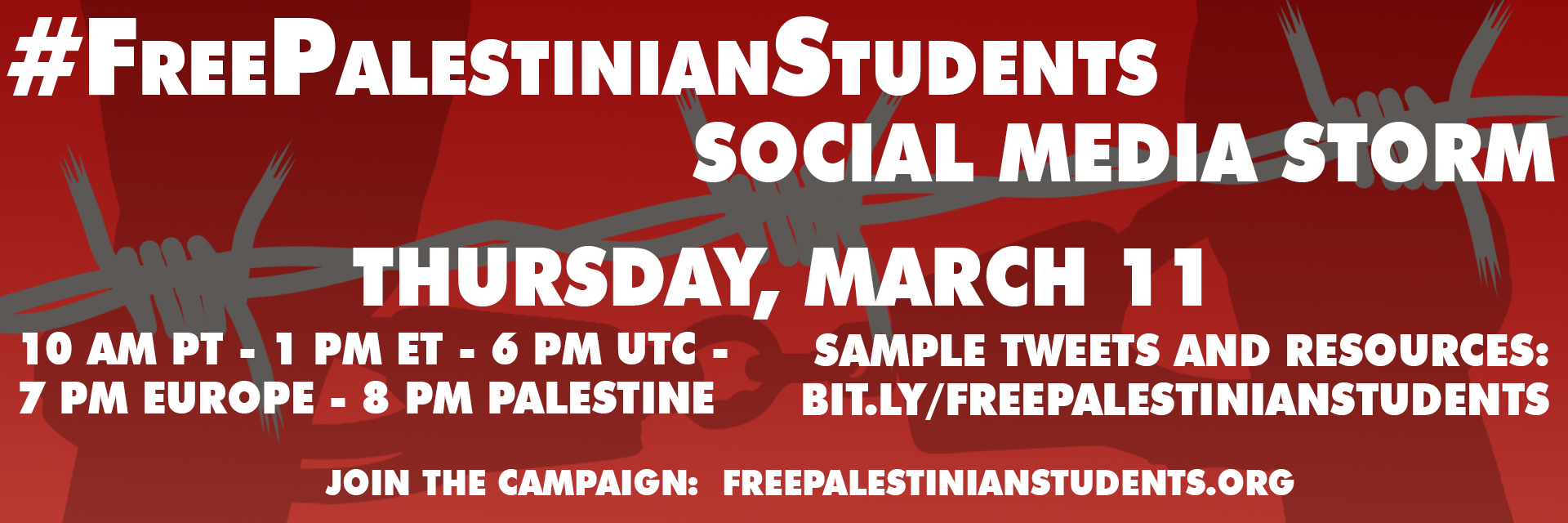
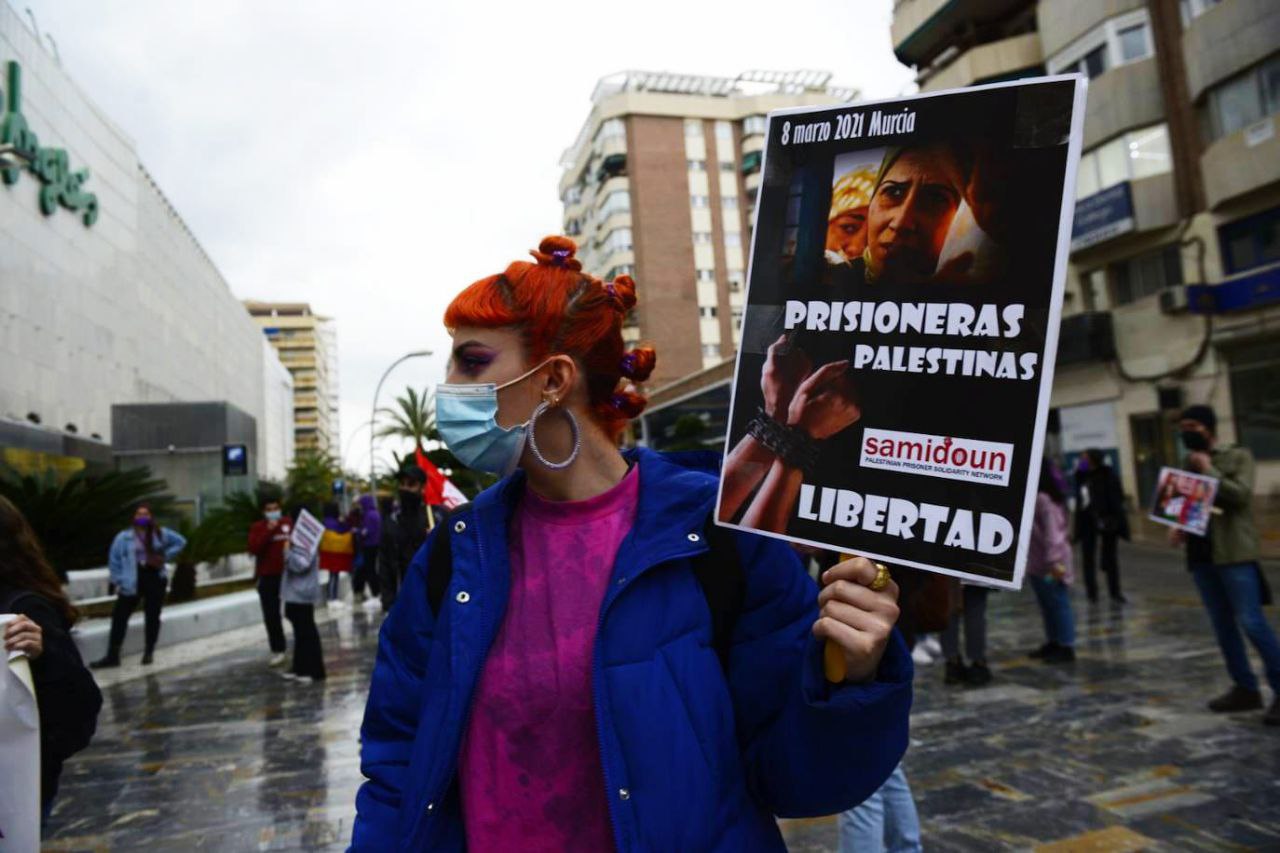
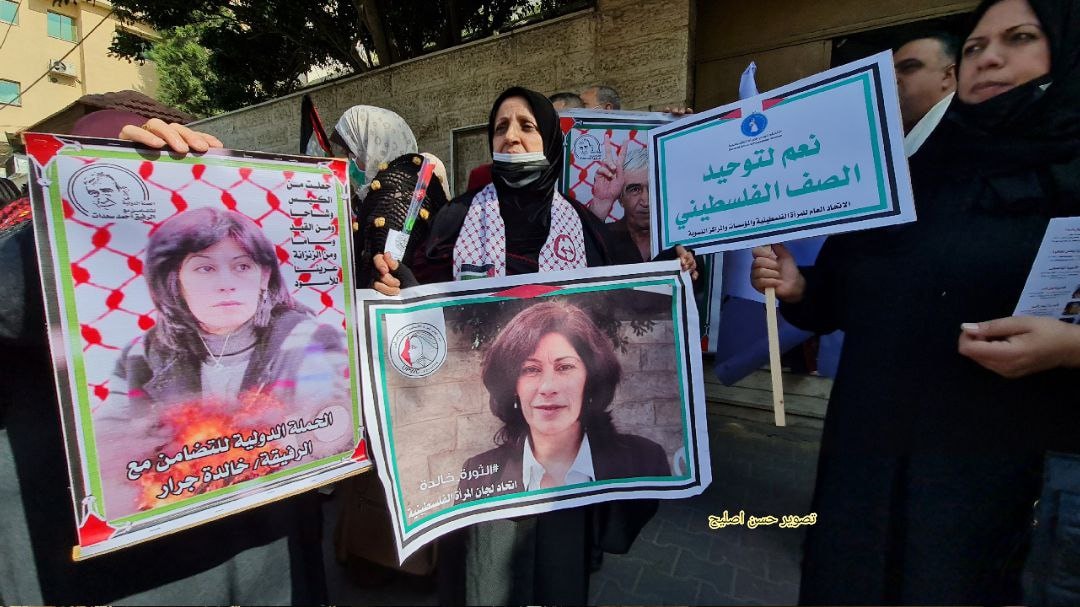
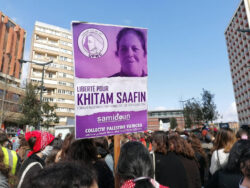
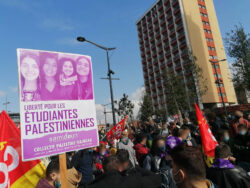
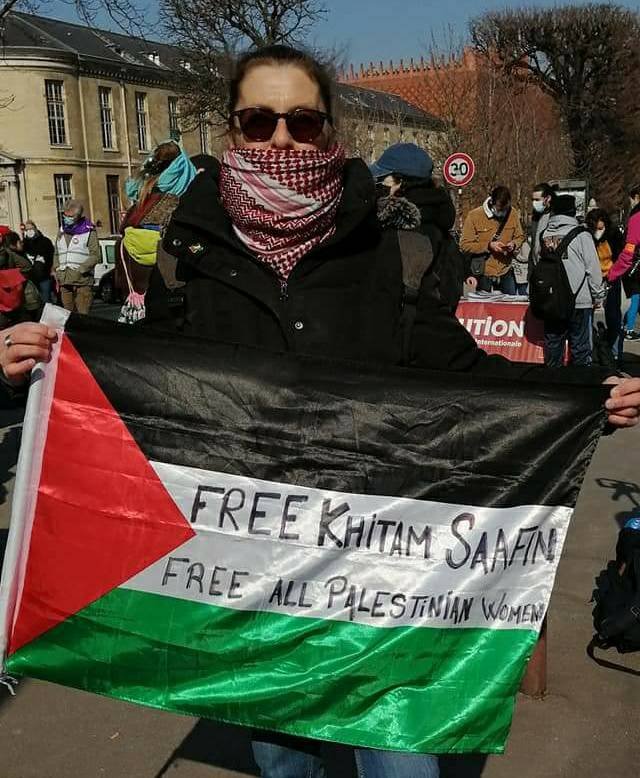 In Paris, France, activists from
In Paris, France, activists from 